
Altaroc has become a key player in the democratization of Private Equity for individual investors. Three Vintage have been launched since 2021, with a strategy of selecting exceptional Private Equity funds: managers specializing in Growth Equity and Buyout, investing in high-growth sectors such as Tech, Healthcare, Telco and Business Services.
Five managers make up the Vintage Altaroc Odyssey 2021: Insight Partners, Apax X LP, Apax MidMarket, General Atlantic and Nordic Capital.
Five managers were also subscribed to Vintage Altaroc Odyssey 2022: Bridgepoint, HG Capital, Apax LLP, STG and Accel-KKR.
To date, three exceptional managers are present in the Vintage Altaroc Odyssey 2023: CVC, TA Associates and General Atlantic.
Despite an economic downturn in 2022, investment in the healthcare sector continued to show steady growth.
Jonas Agnblad, Partner at Nordic Capital , and Raj Shah, Partner and Head of the Healthcare Division, look back at the investment strategy of this exceptional healthcare manager.
Founded in 1989 in Stockholm, Nordic Capital is a pioneering Private Equity management company in the Nordic countries. Present mainly in Scandinavia and Northern Europe in general, Nordic Capital employs over 160 staff (including 70 investment professionals) in 10 offices (Copenhagen, Frankfurt, Helsinki, Jersey, London, Luxembourg, New York, Oslo, Seoul, Stockholm). The Nordic teams manage over €20 billion in assets.

Why invest in healthcare?
Raj Shah: Nordic Capital invests in companies with strong growth potential. Major demographic trends and rising healthcare consumption provide a solid growth backdrop, and explain Nordic Capital 's long-standing interest in this sector. These trends include the aging of the population in the West, but also in China, the growing consumption of healthcare, as well as technological developments in our target sub-sectors.
Jonas Agnblad: Successful companies in the healthcare sector have a significant impact on people's lives. Taking ESG criteria into account is an integral part of our mission, which is to build sustainable companies that can make a positive and significant contribution to the world.
Why has Nordic Capital chosen to focus its investments on specific sub-sectors within the healthcare sector?
Jonas Agnblad: Nordic Capital recognized early on that specialization was positively correlated with growth. We started out as specialists in the healthcare sector and then, drawing on our own experience and network, selected specific sub-sectors, such as medical technology (MedTech), healthcare technology (HealthTech), pharmaceuticals and care services.
Raj Shah: We have chosen to focus on sub-sectors where Nordic Capital can best capitalize on its industrial networks, successes and extensive experience. Previous successful investments combined with future growth potential have enabled us to refine our analysis in this sector.
How do you define the expertise required when investing in healthcare?
Raj Shah: In-depth knowledge of the field and experience of investing in the sector, whatever the economic cycles, are - without doubt - essential assets. The team members have been working together for a long time, and each of them has well-established know-how in the sector, due to repeated investments or previous professional experience in the healthcare industry. In this way, the team combines knowledge of the business models specific to the healthcare sector, financial expertise and an understanding of the scientific underpinnings of the sector.
What are some of the short- and long-term trends at work in the healthcare sector?
Jonas Agnblad: Demographic growth is of course a determining factor. Another trend is digitalization, a technology that the healthcare industry has been relatively slow to adopt. The pharmaceutical sector, which owes its strong growth to digitalization, is the best illustration of this.
The more familiar the industry becomes with digital tools, and the more reliable these tools have proven to be, the more likely it is that they will be adopted. This development will have a dual impact: on the one hand, on patients' quality of life, and on the other, on cost savings. Another trend is nearshoring. The pandemic has made companies more aware of the vulnerability of the supply chain, which, combined with other external risks such as geopolitical uncertainties and inflation, has led them to take more initiatives in favor of nearshoring. Nordic Capital stands to benefit from this, given its strong presence in North America and Europe.
Raj Shah: We are witnessing a double mutation, demographic and technological. The idea of a company's dependence on a supply chain located in a country less in tune with Western liberal democracies induces the likelihood of a certain reversal of the globalization trend. We are also seeing greater sensitivity to costs. This is forcing healthcare companies to find new ways of innovating at an affordable cost.
What role do ESG criteria play in this sector?
Raj Shah: Their role is essential. How to reduce the carbon footprint of medicines and medical devices is one of the industry's major challenges. Products have to be sterile to meet hygiene standards, which means rigorous packaging, while at the same time meeting environmental requirements. More generally, the sector stands out for its robust governance, and plays a crucial role in promoting social inclusion.
Jonas Agnblad: ESG criteria go to the very heart of the healthcare sector. The lives and safety of patients have always been its top priority. Personally, I believe that the healthcare industry and Nordic Capital, as an investor, can go further in consolidating ESG commitment.
Are stricter regulatory requirements a challenge?
Raj Shah: The sector has always been subject to very strict regulatory controls. Accessibility to healthcare products is, and will remain, an issue and a challenge. Strengthening data security, a sensitive issue if ever there was one, is another.
Jonas Agnblad: Costs are also a challenge, but challenges can also be turned into opportunities. Many of our companies help the healthcare system to generate savings. For example, Advanz Pharma's mission is to provide patients with affordable medicines. We spare no time in seeking out the companies best placed to meet these challenges.
According to Bain & Company, falling profitability and transaction multiples have driven down equity markets in 2022. Could this lead to a longer holding period for Private Equity-backed healthcare portfolios in 2023?
Raj Shah: The situation calls for a nuanced analysis. In my opinion, profits will not be as badly affected as feared, because the main determinant of profits is volume. The healthcare sector tends to be counter-cyclical and to evolve independently of the economy. Public finances are under severe strain, which will eventually put pressure on prices, but not necessarily on volumes. It's true that the market is demanding, but companies and business models with strong growth drivers will continue to represent attractive investments.
To what extent does Private Equity have a positive impact on the healthcare industry?
Raj Shah: Global consumption of healthcare products is on the rise. Without investment from the Private Equity markets, capital inflows would come mainly from governments or individuals. While Private Equity makes up some of this difference, it must be recognized that the sector's contribution is not only financial: it also brings experience, which drives innovation.
The Binding Site is an excellent example. When we began investing in this company, it was a research organization led by its founder, which had grown to become a world leader in the provision of innovative medical solutions. The company is now a major player in the field of oncology diagnostic tests, used for the screening and monitoring of multiple myeloma. Since our acquisition in 2011, the company has grown fivefold, selling over 40 million diagnostic tests worldwide. This would most likely not have been possible without the support and equity contribution of Nordic Capital.
Read the original article here: https: //www.nordiccapital.com/news-views/views/healthcare-trends-a-conversation-with-raj-shah-and-jonas-agnblad/


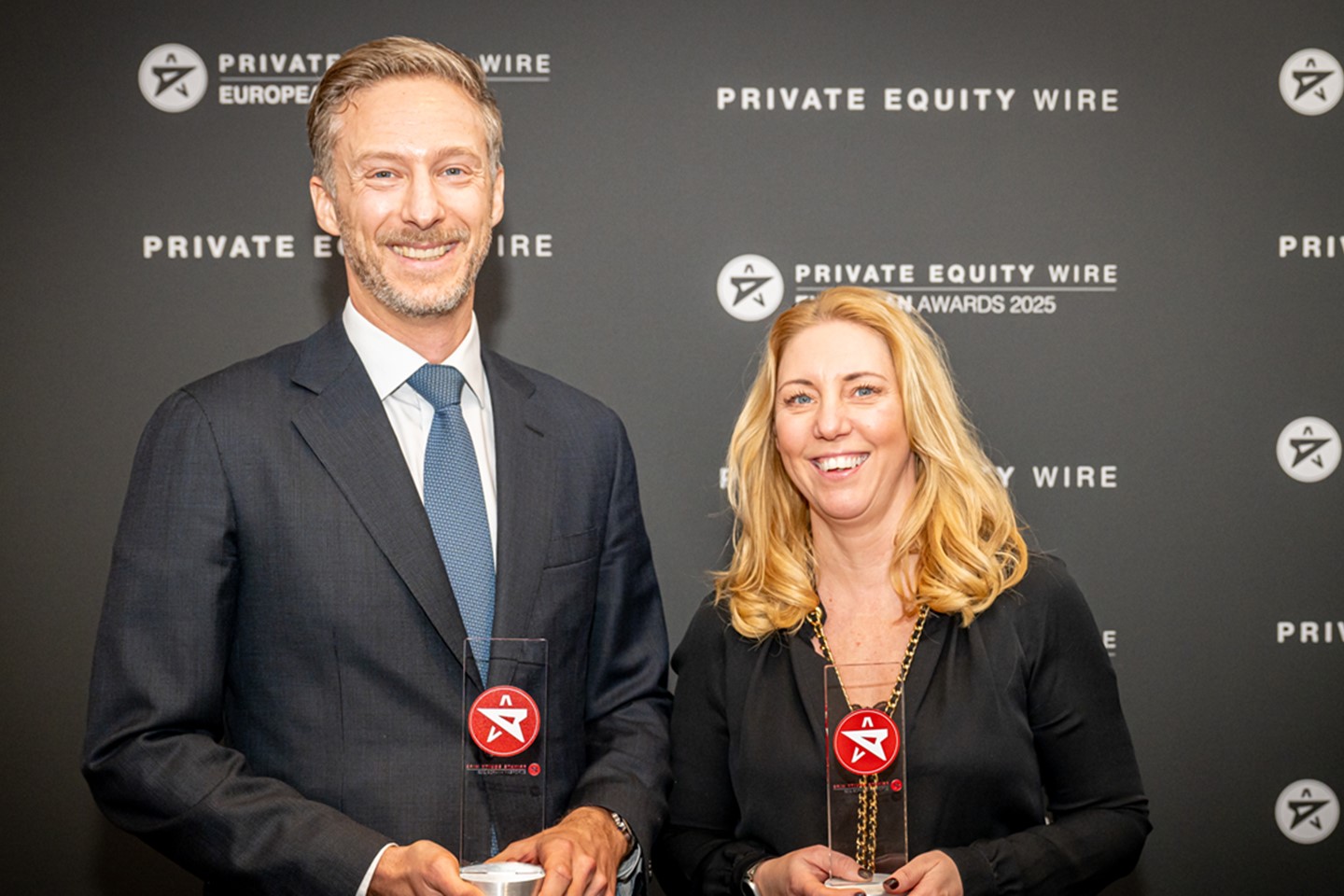

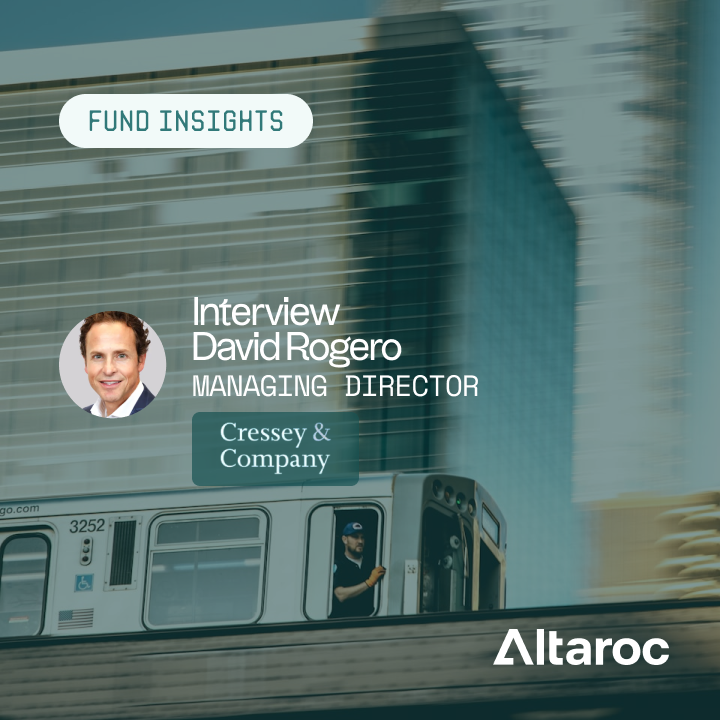


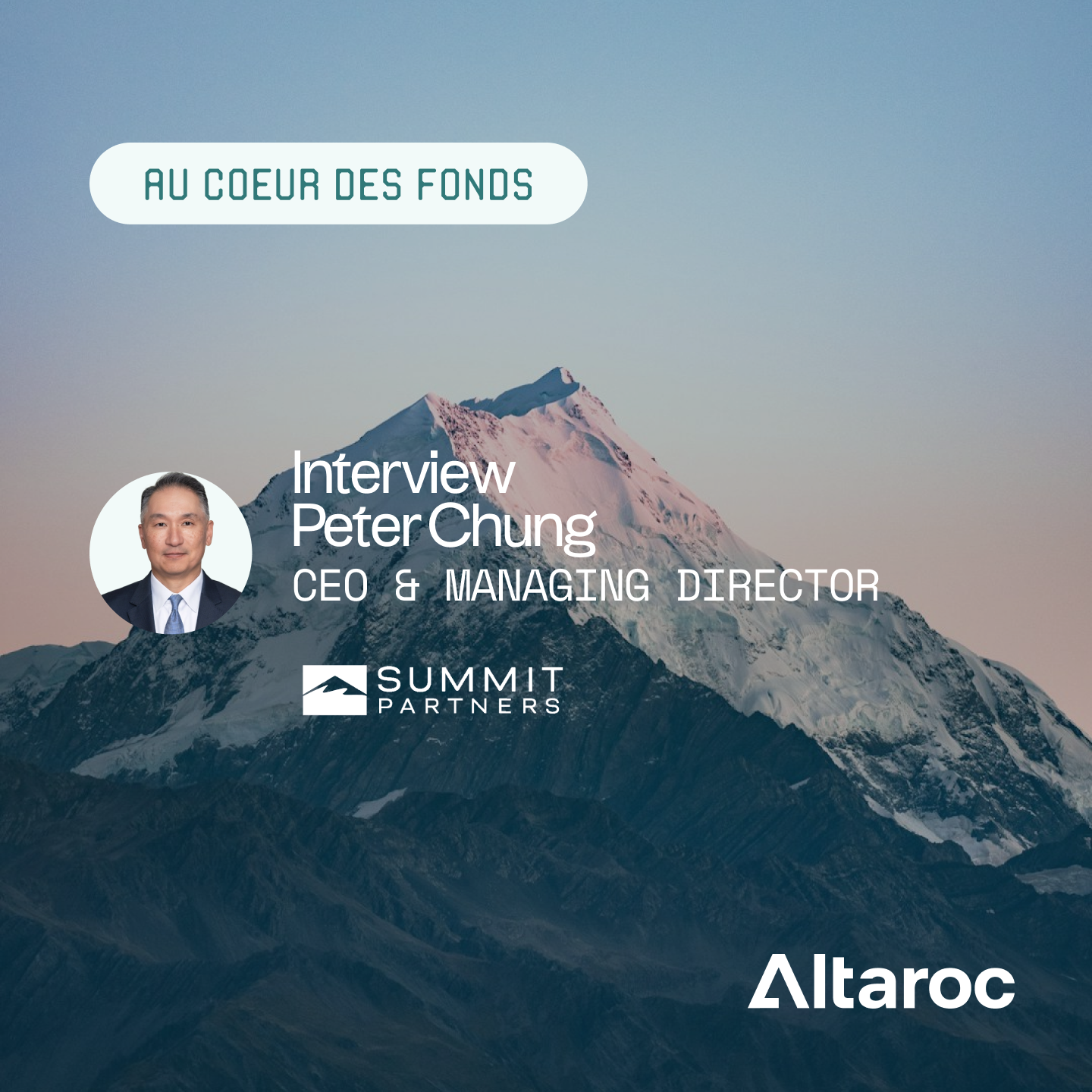

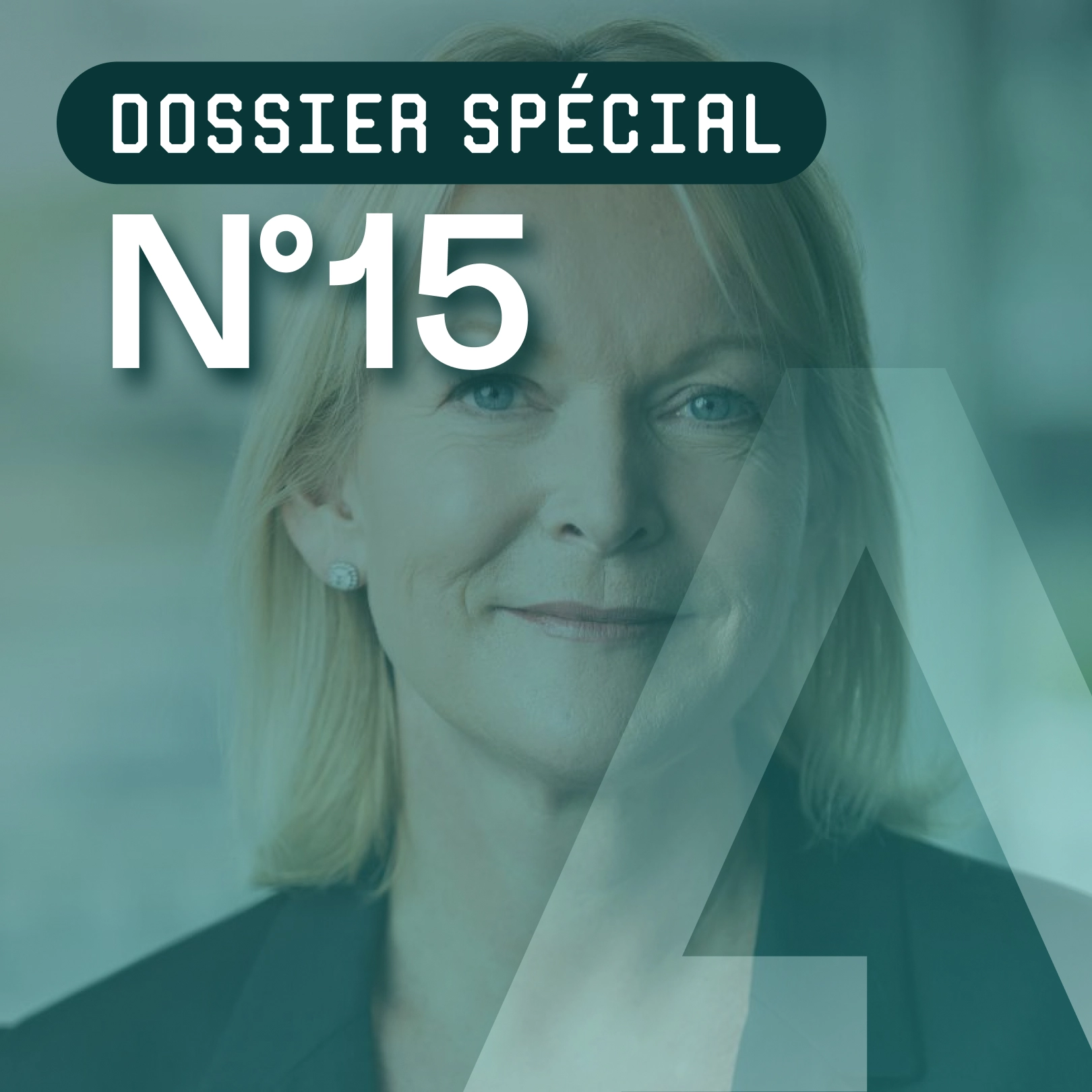

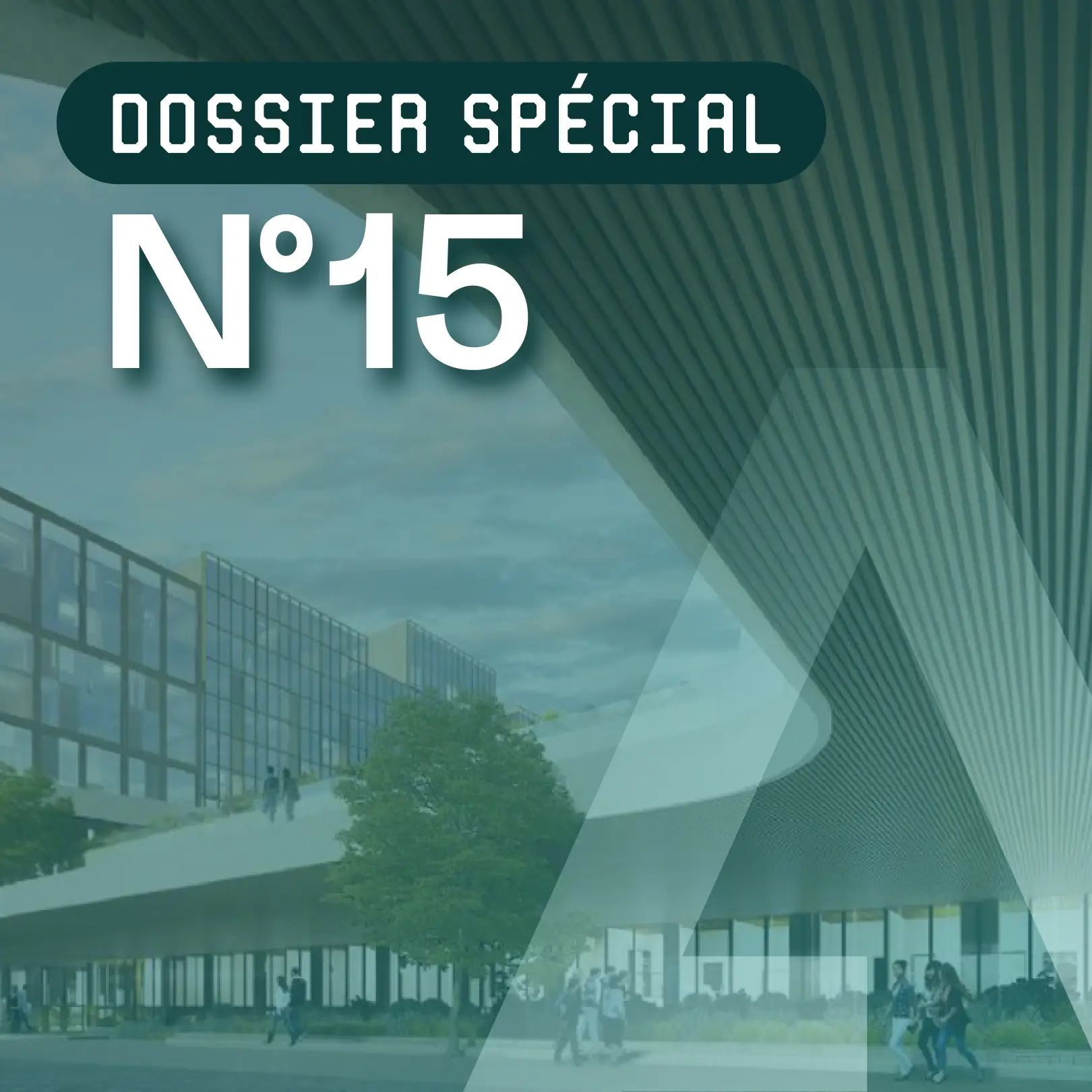

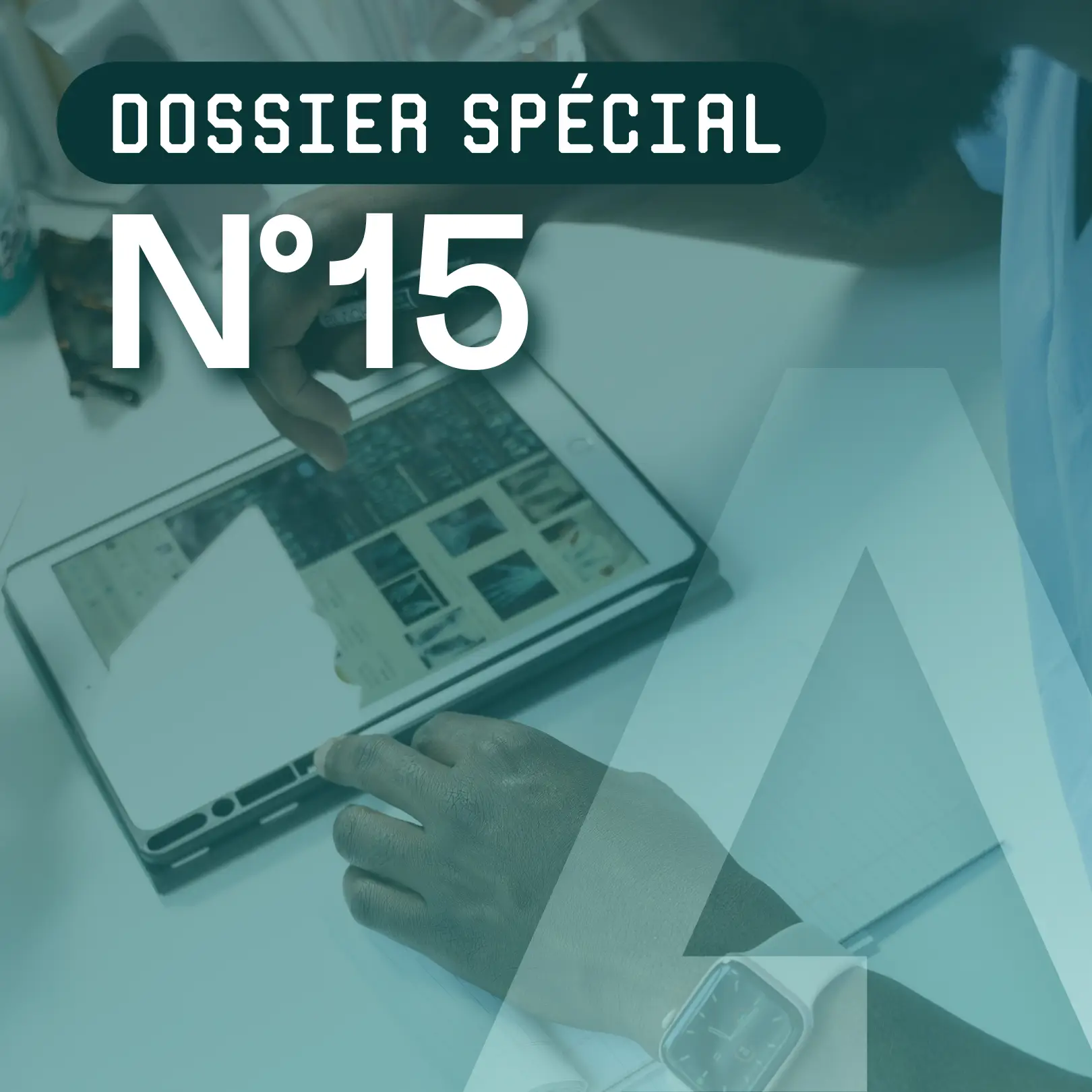
.webp)
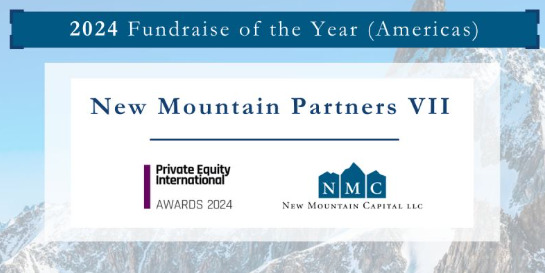





.webp)
.webp)
.webp)


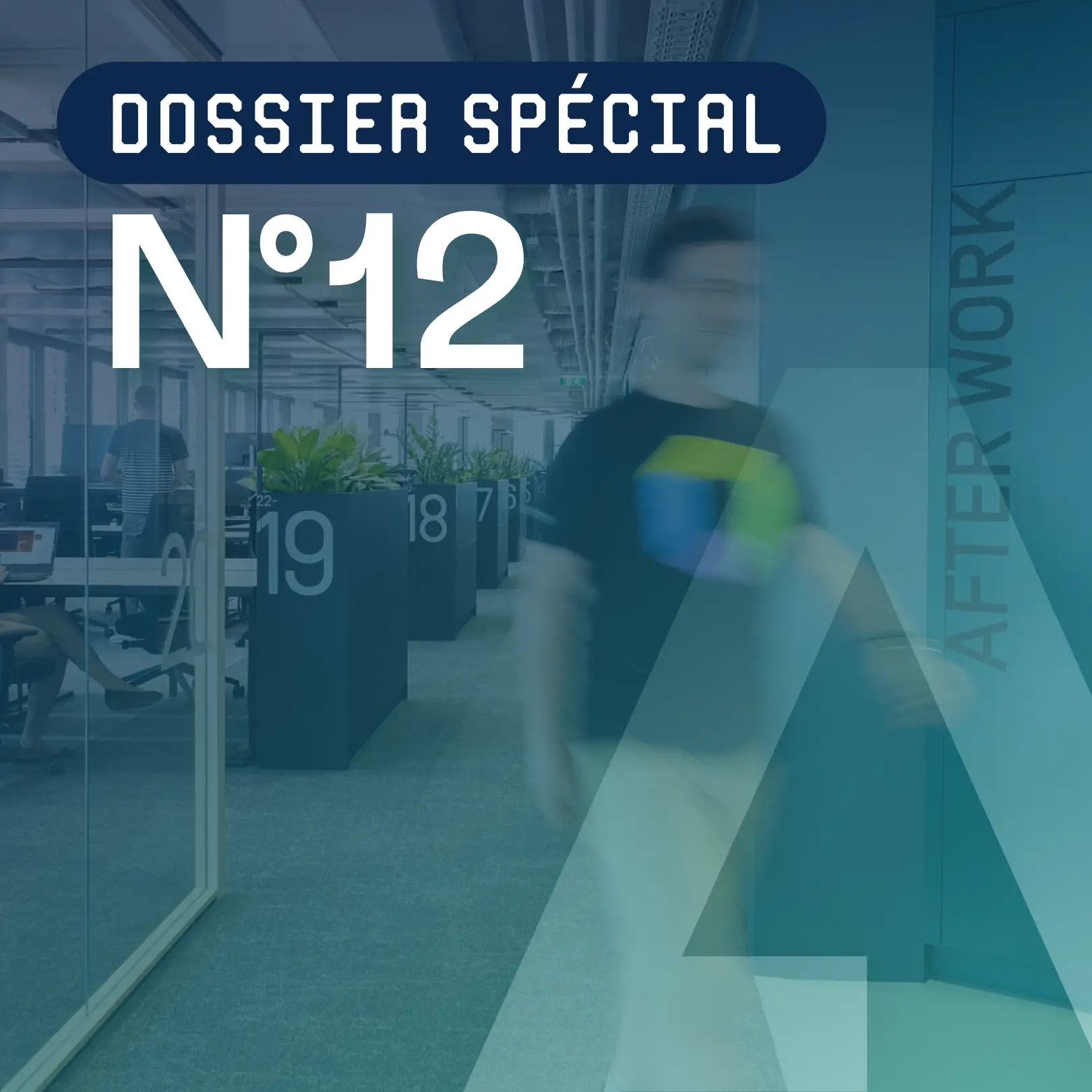



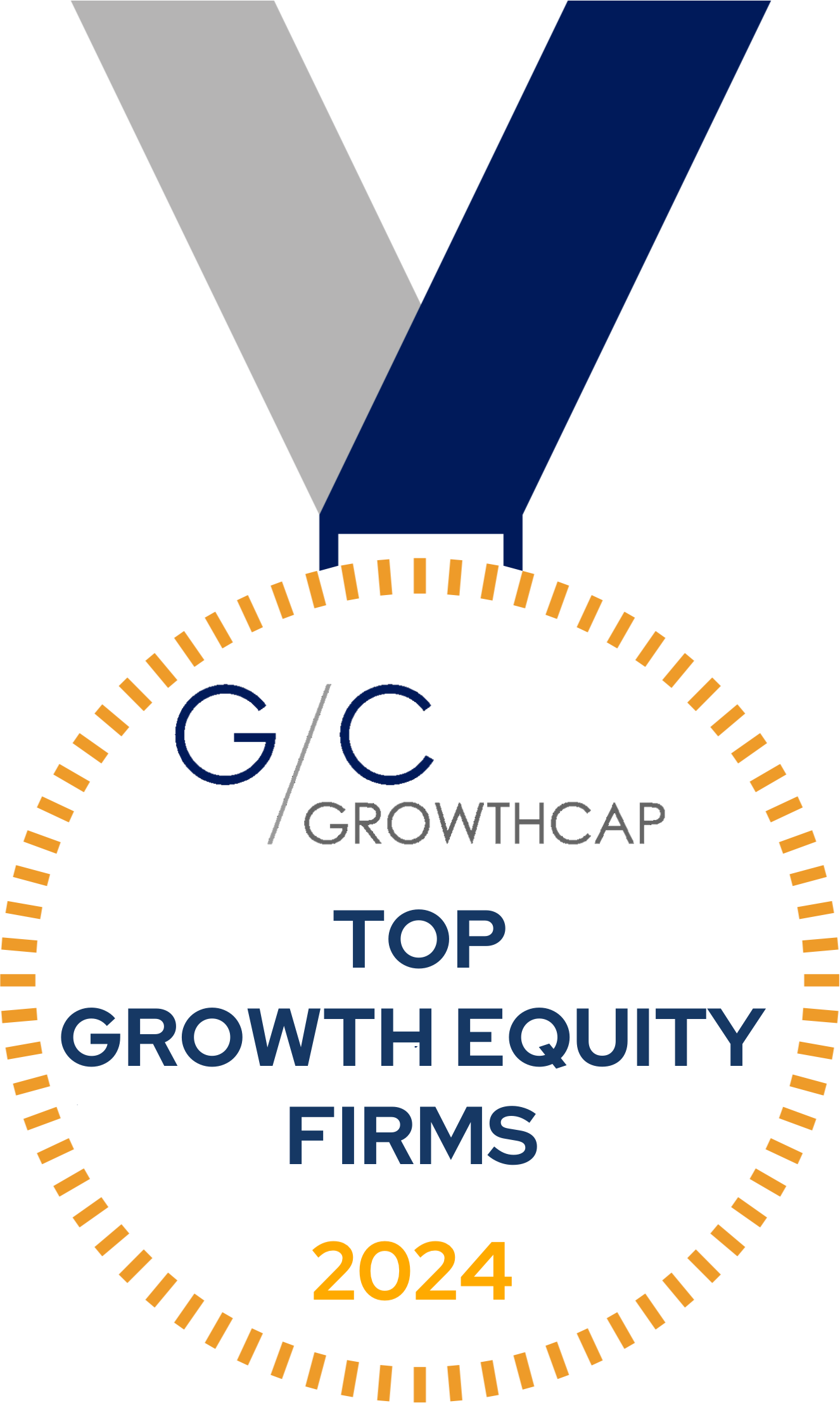
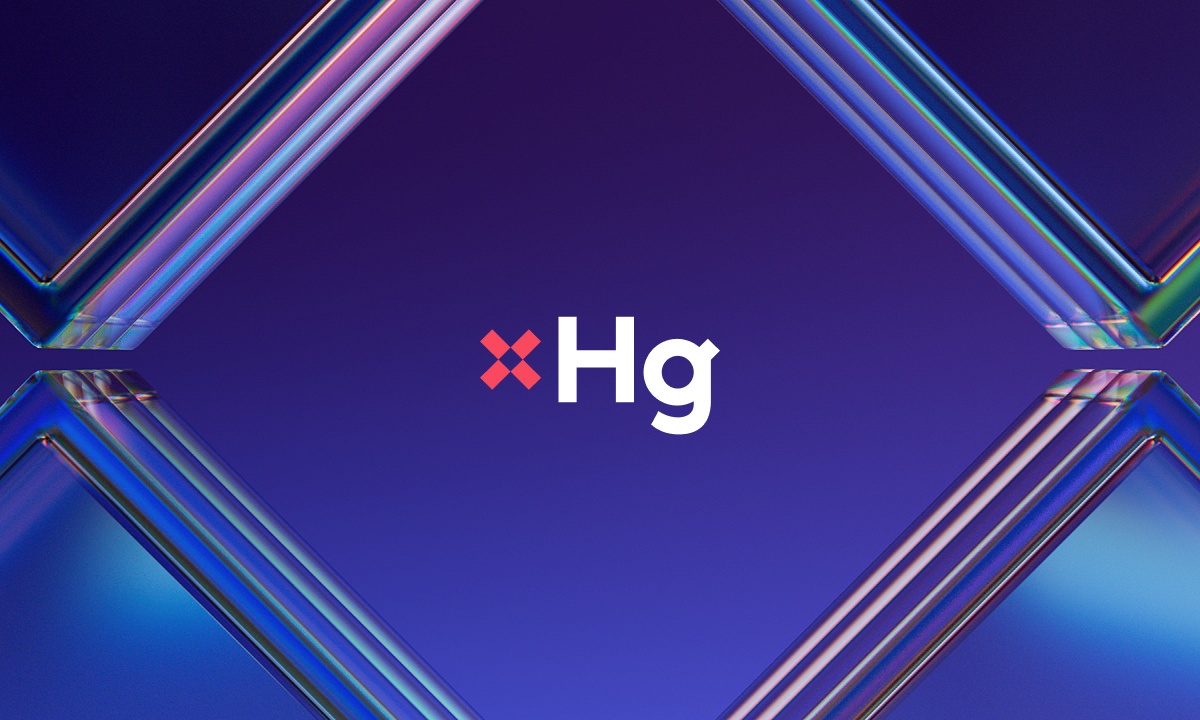




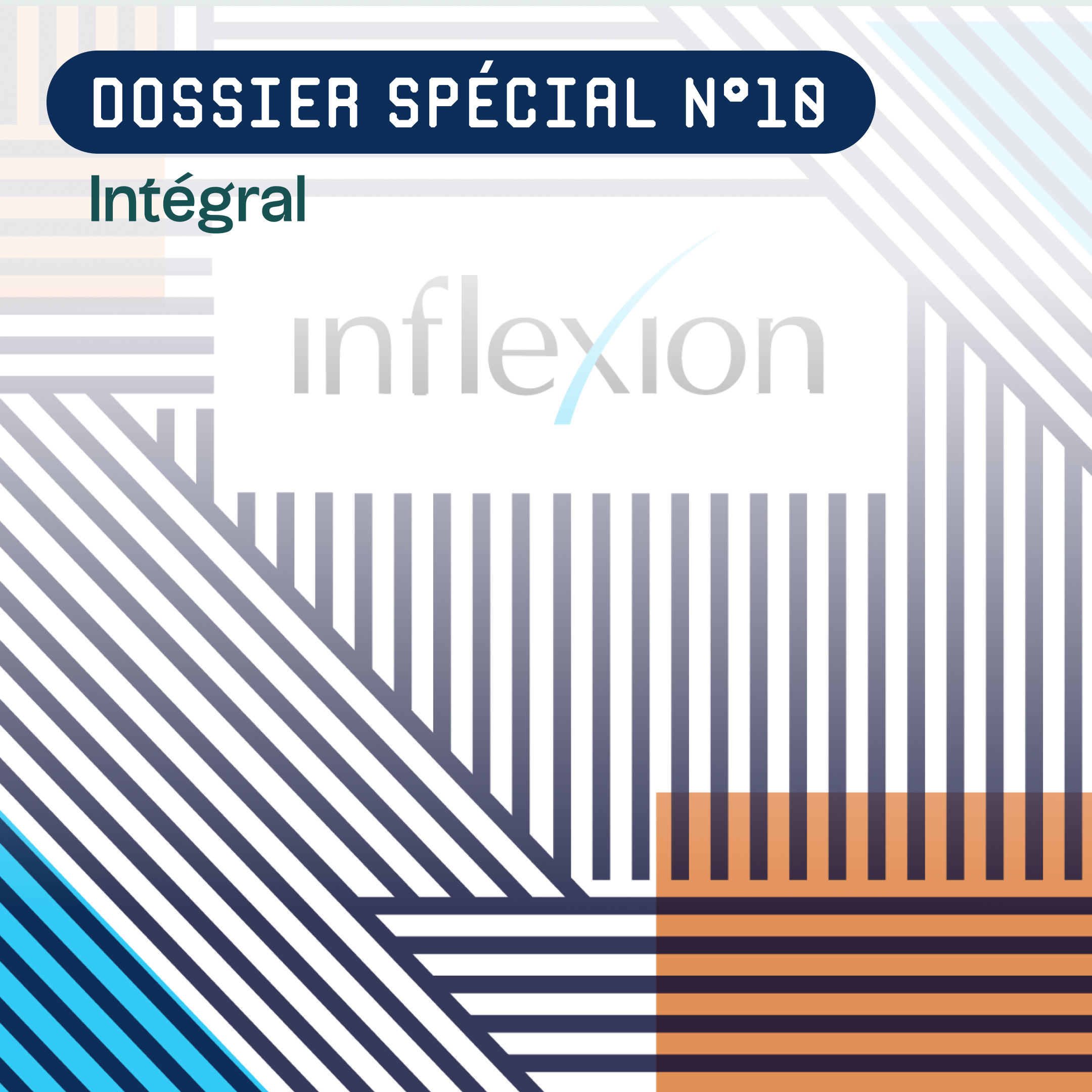


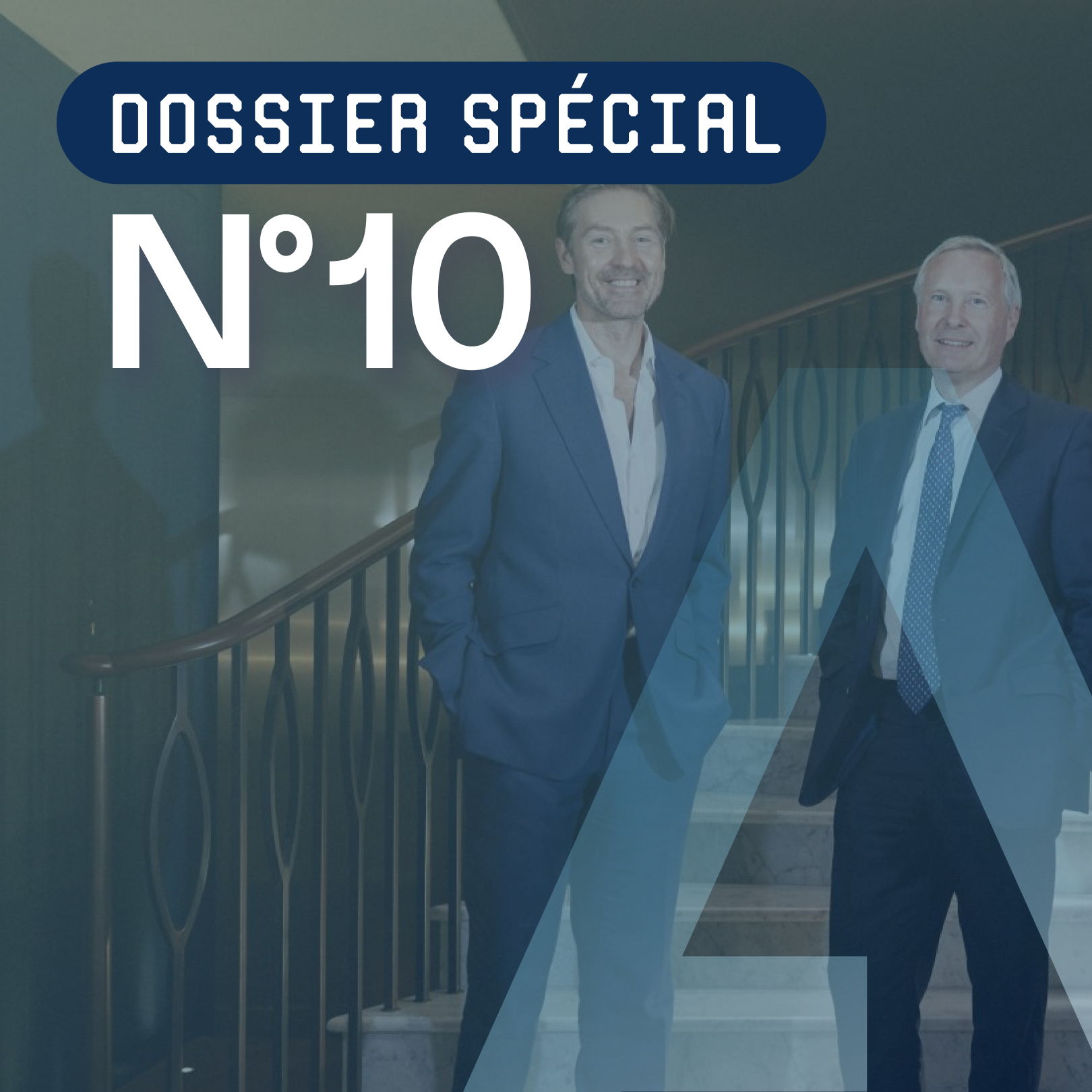
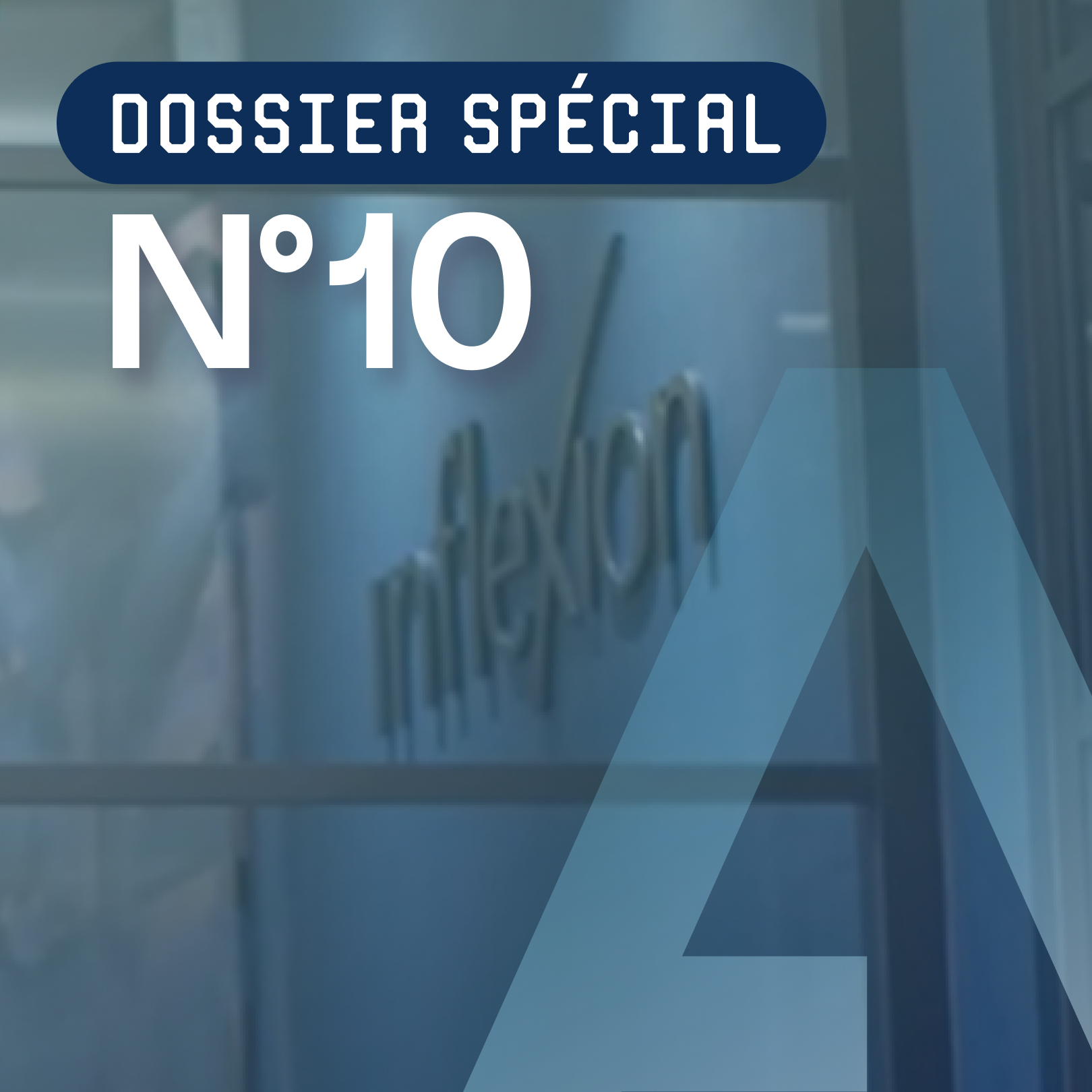







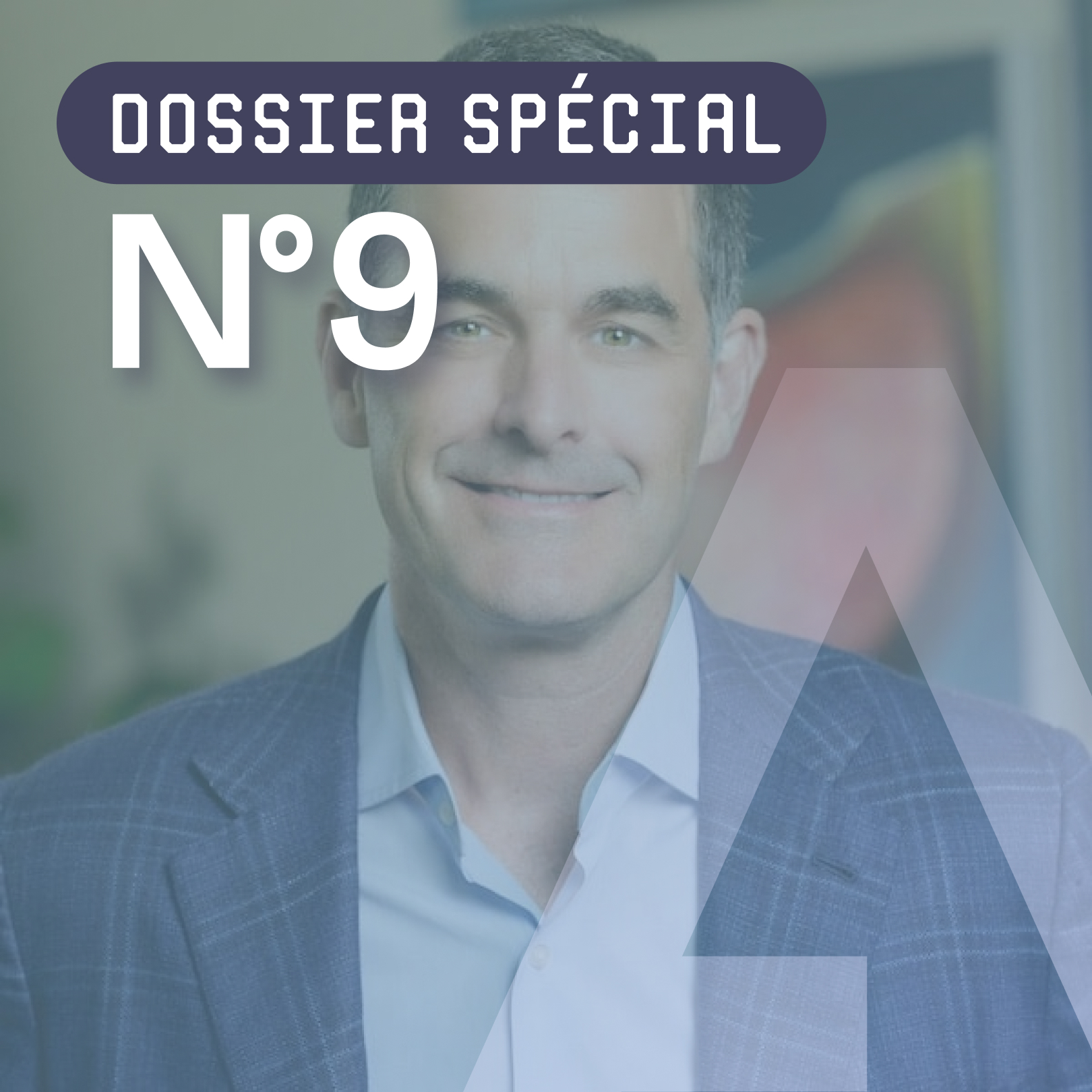





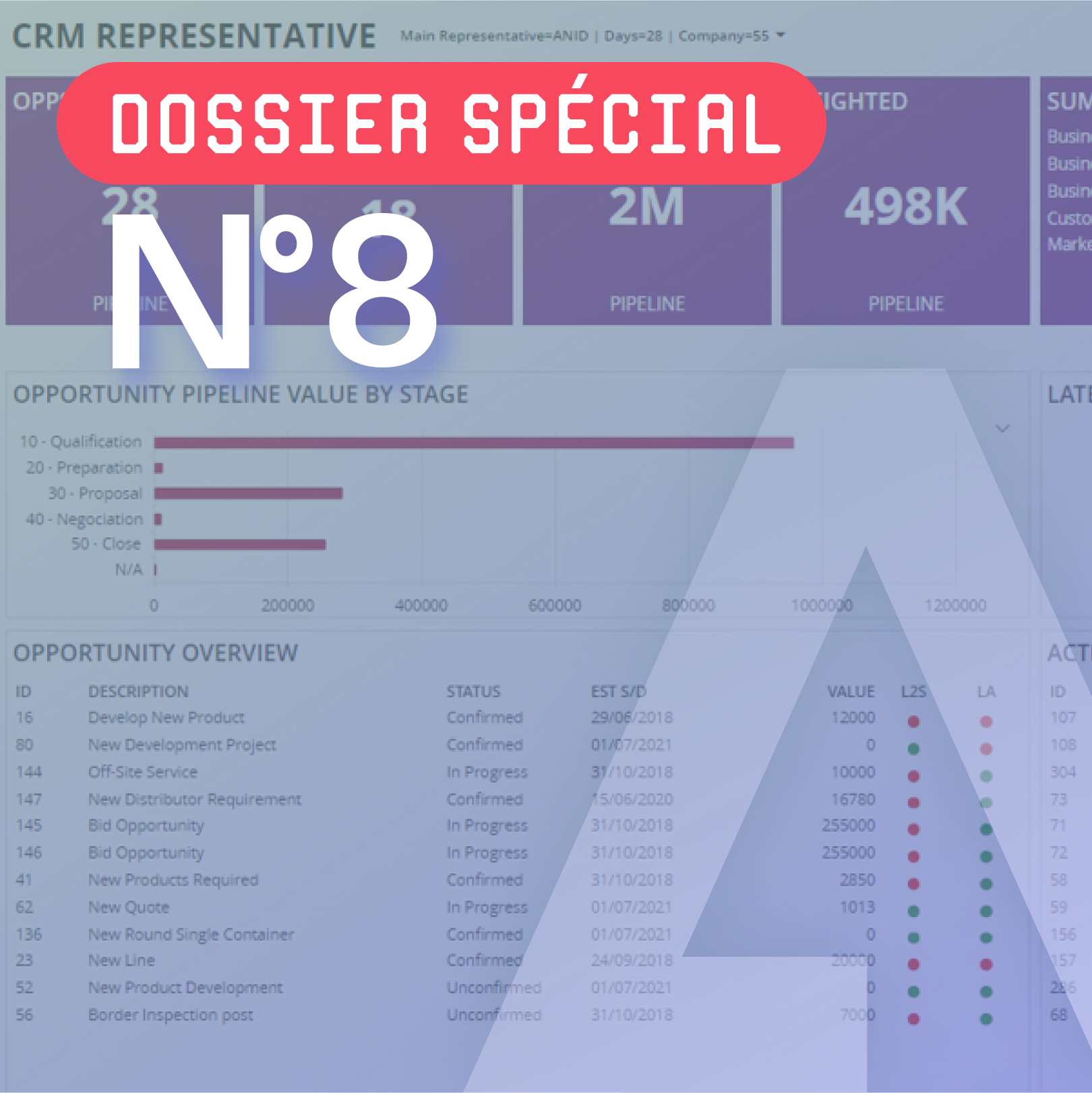





.jpeg)






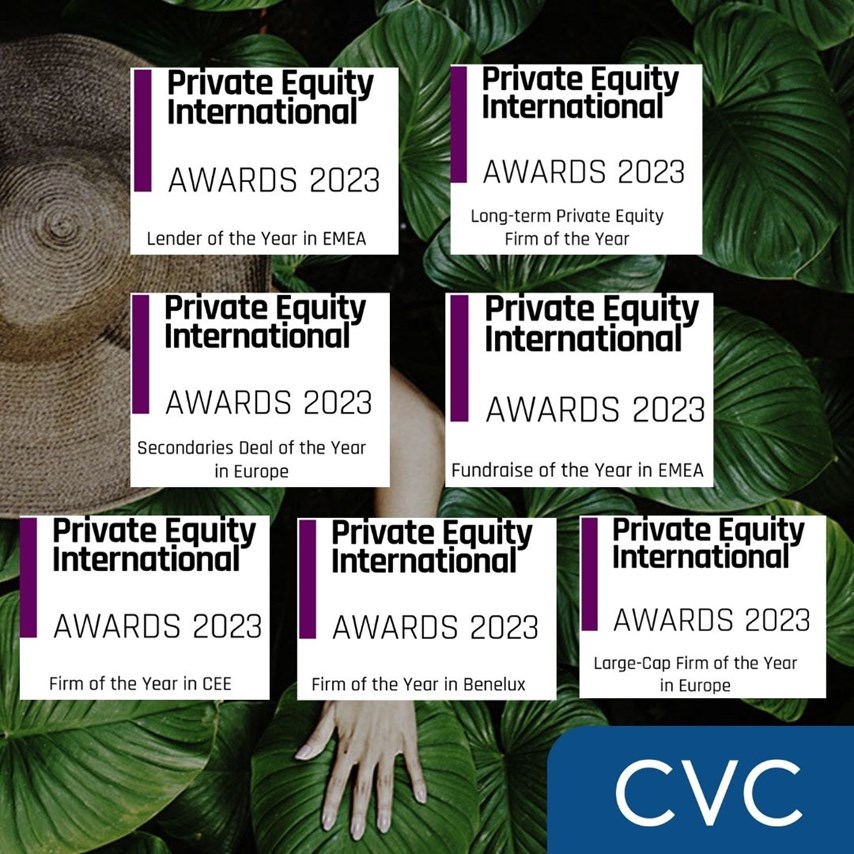






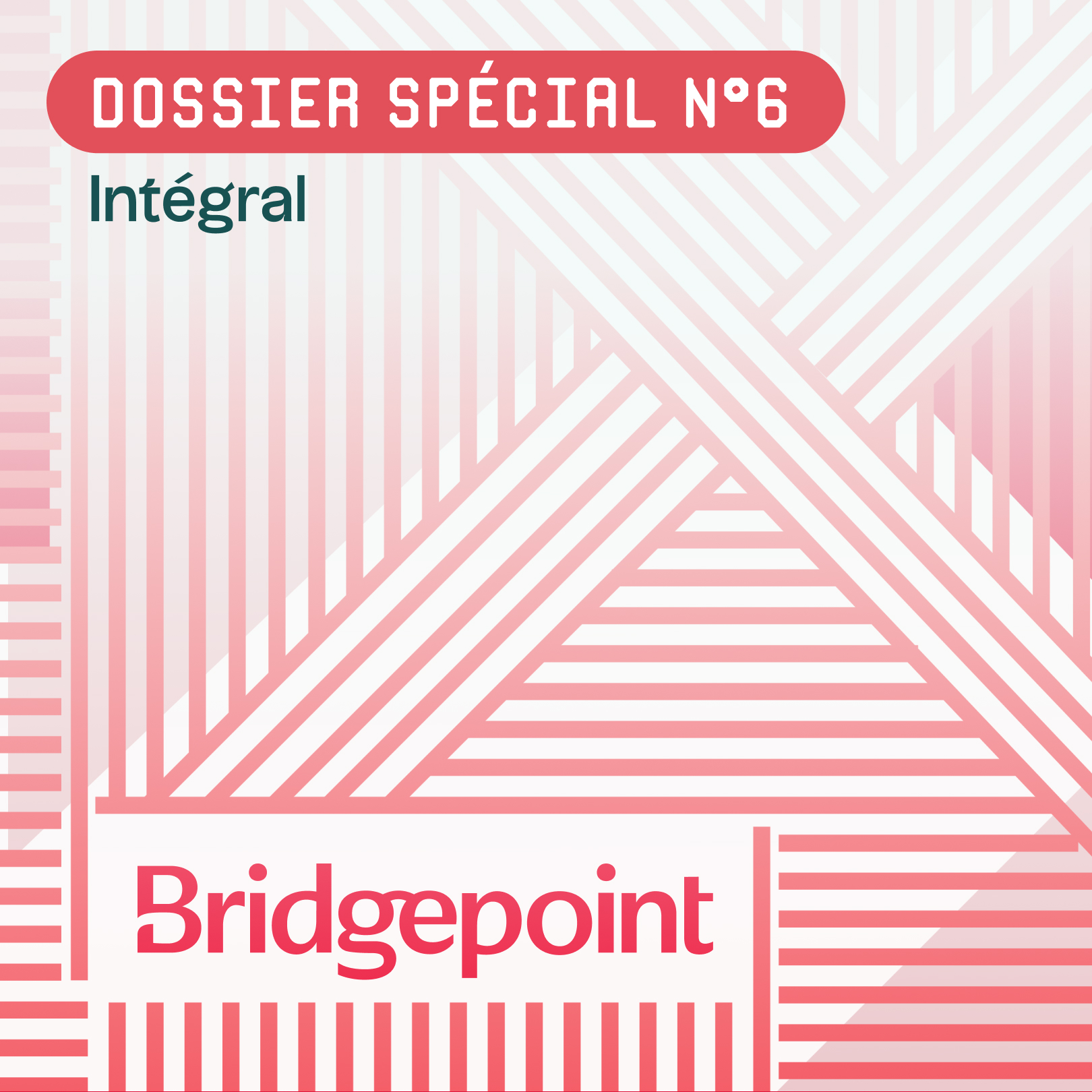

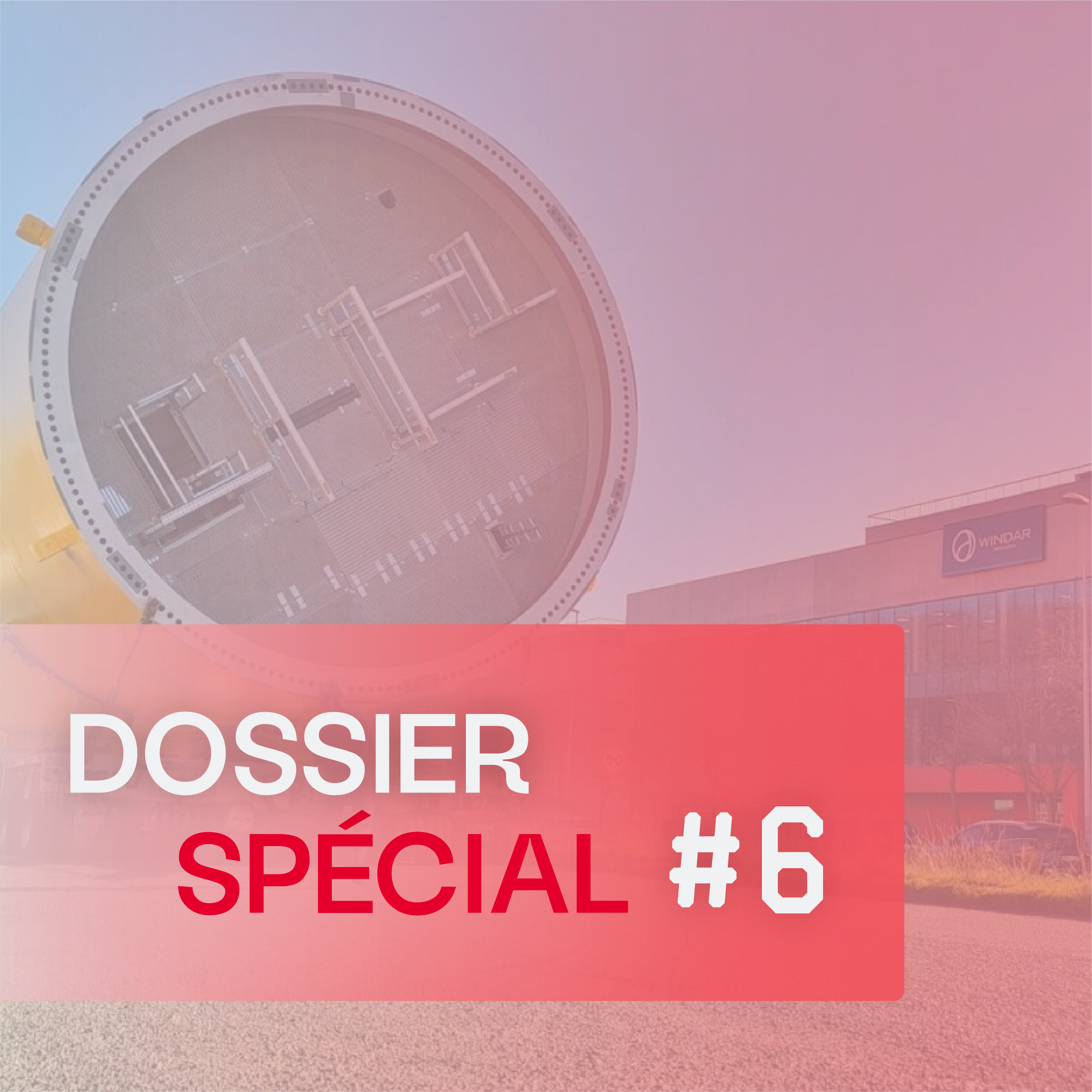


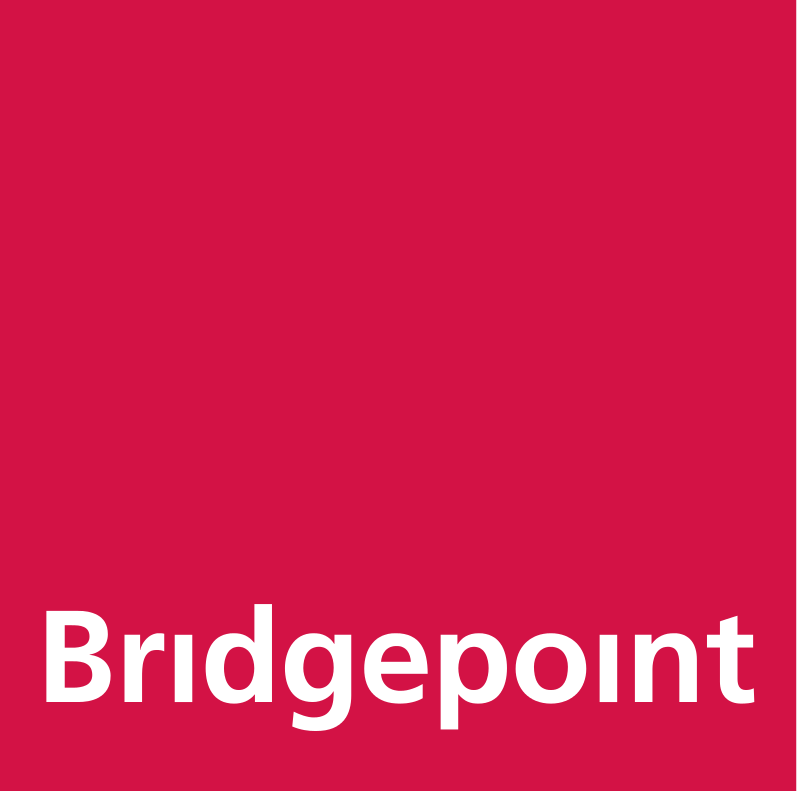


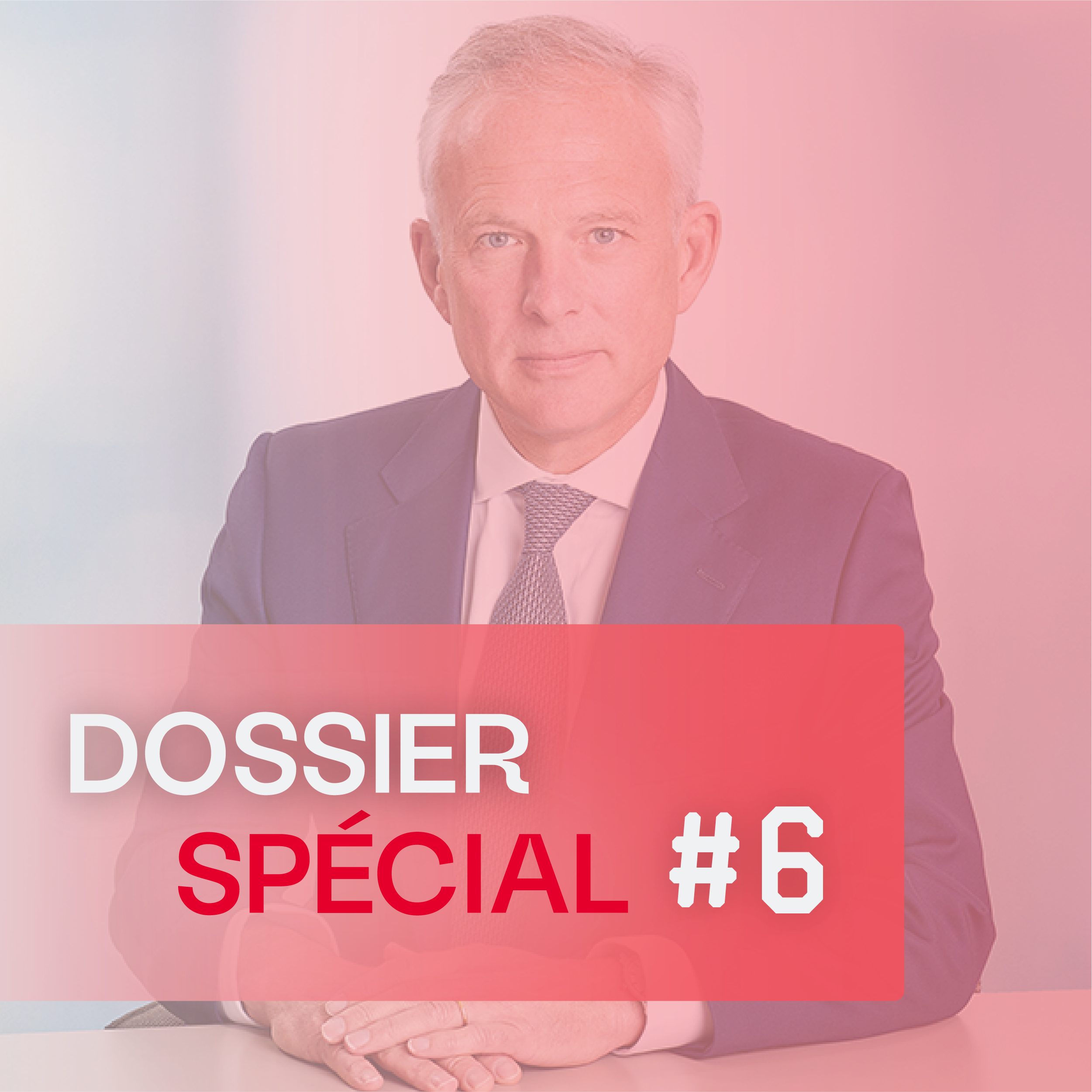


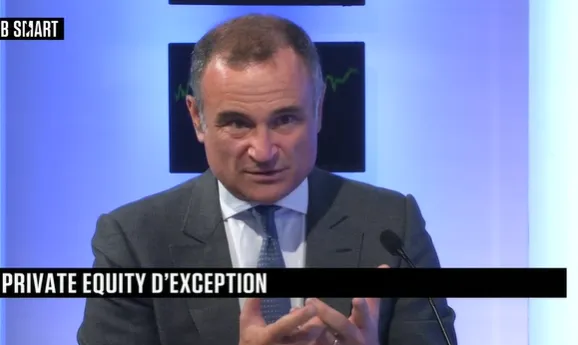












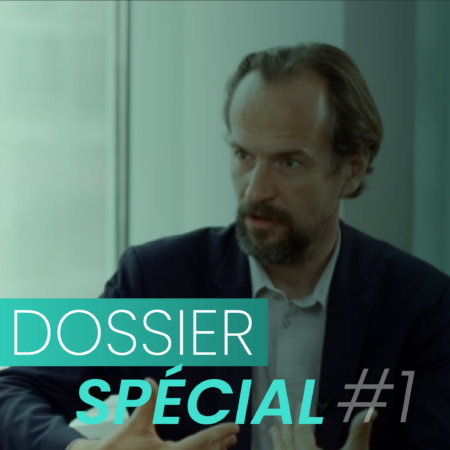






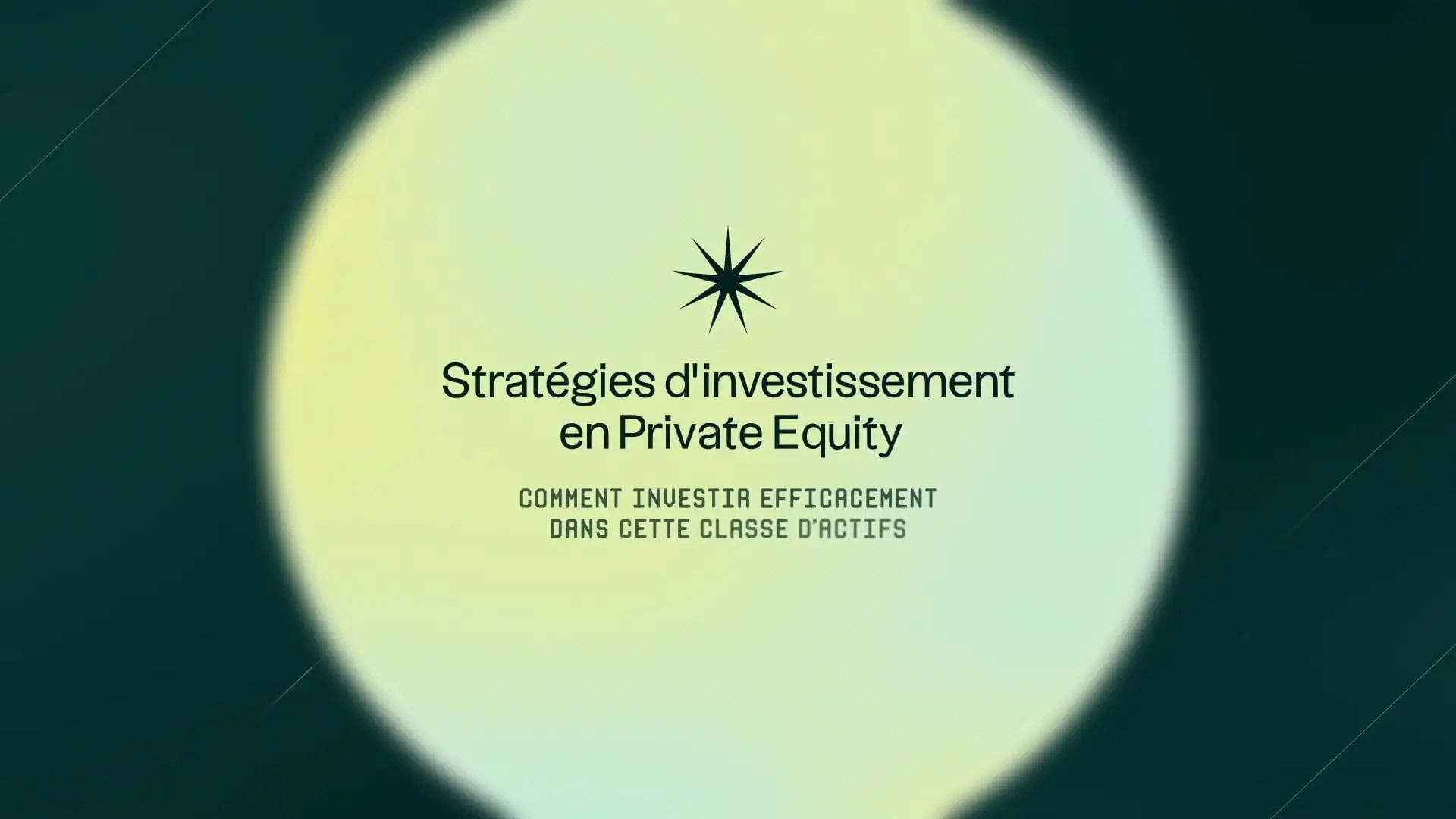


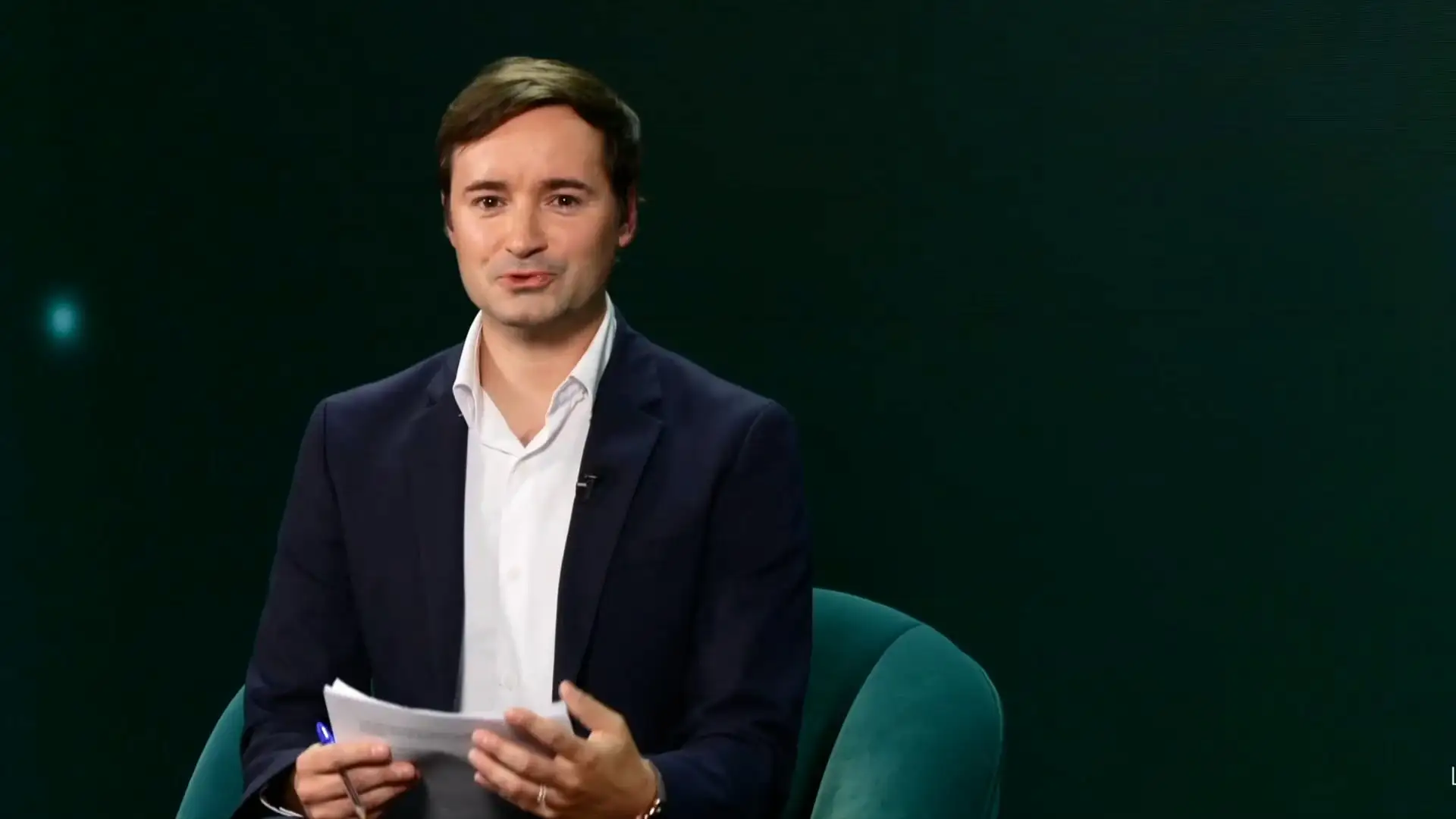


.jpeg)
.jpeg)
.jpeg)
.jpeg)
.jpeg)
.jpeg)
.jpeg)
.jpeg)
.jpeg)
.jpeg)
.jpeg)
.jpeg)
.jpeg)
.jpeg)
.jpeg)
.jpeg)
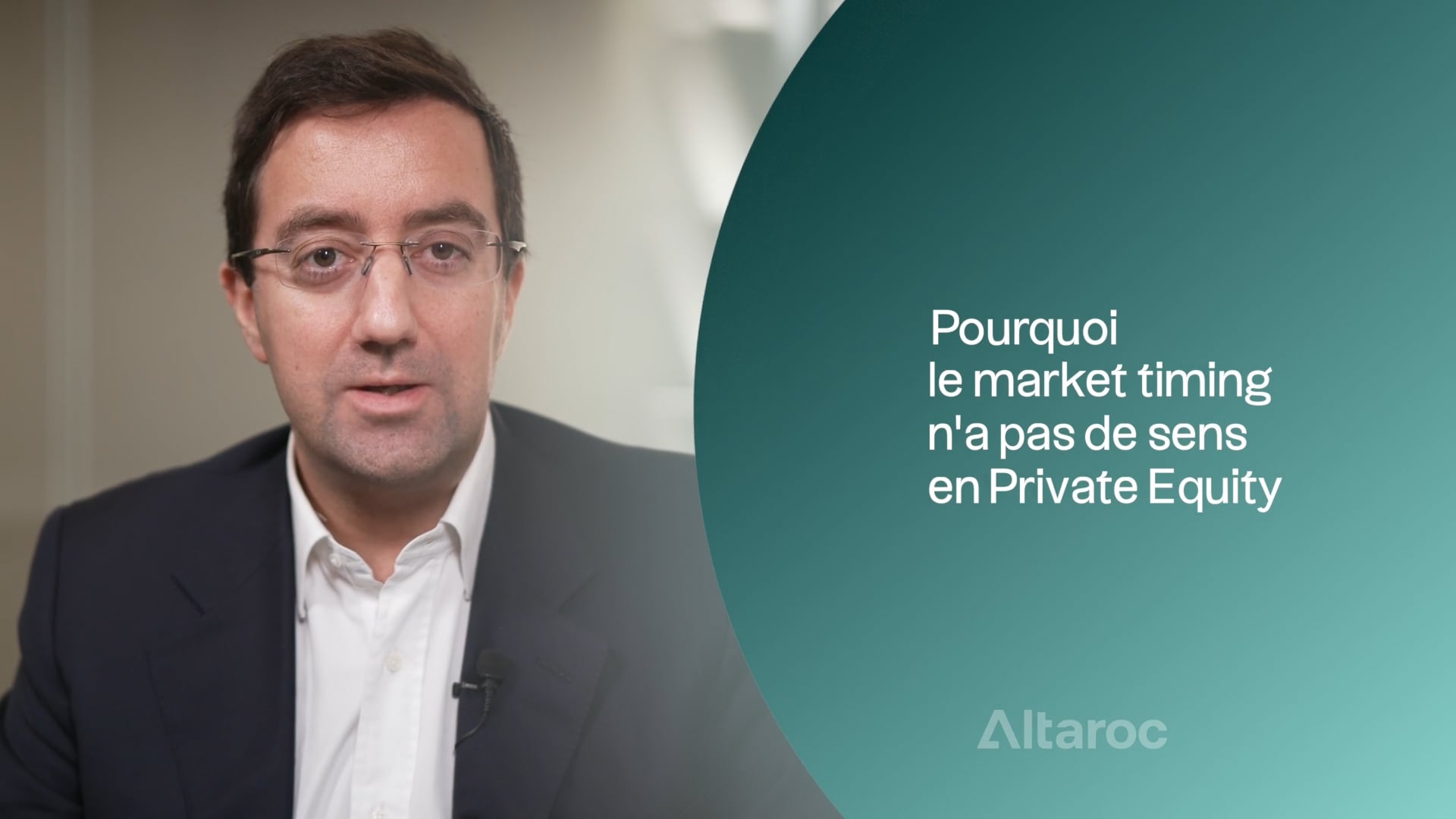
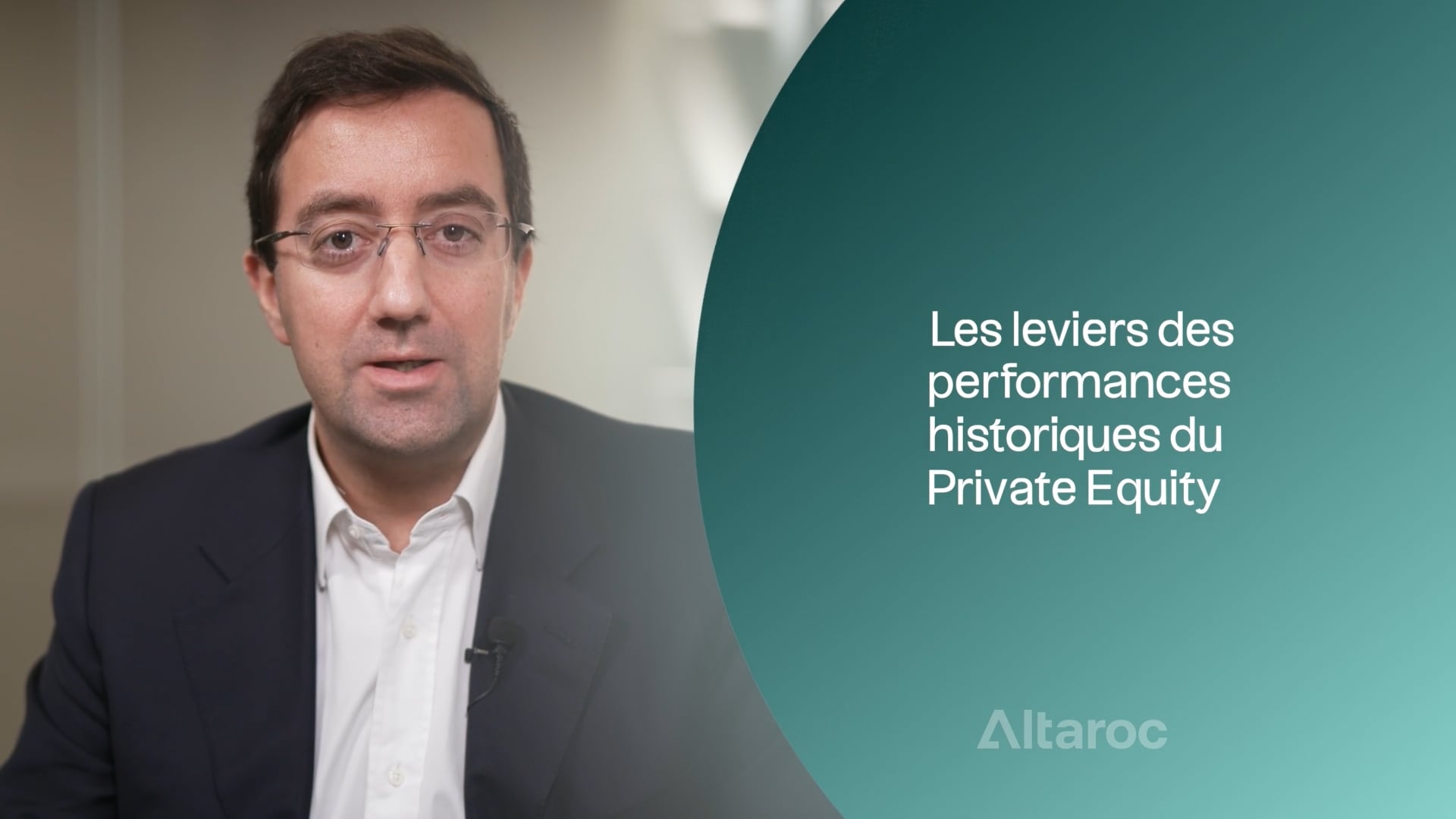
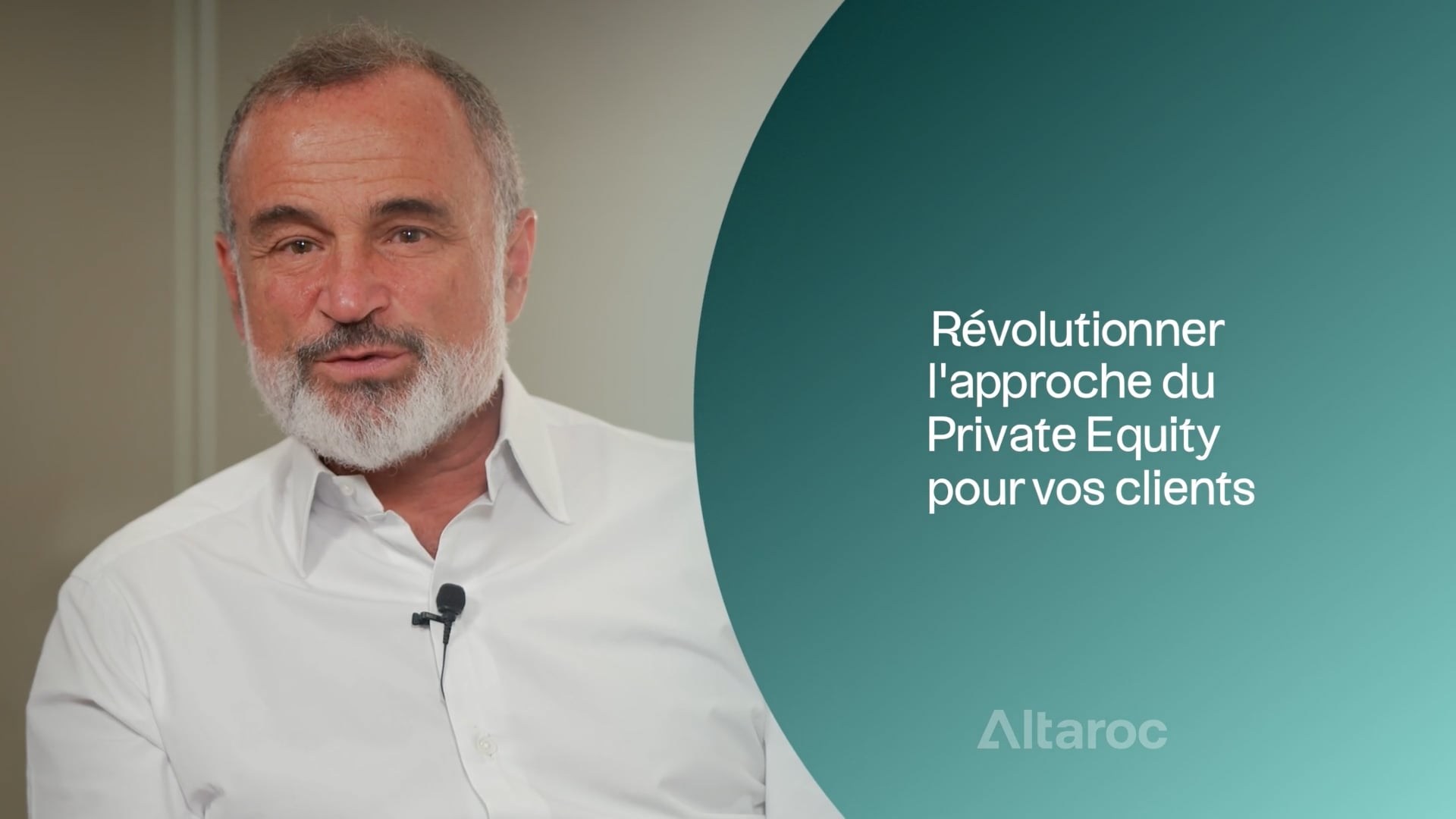
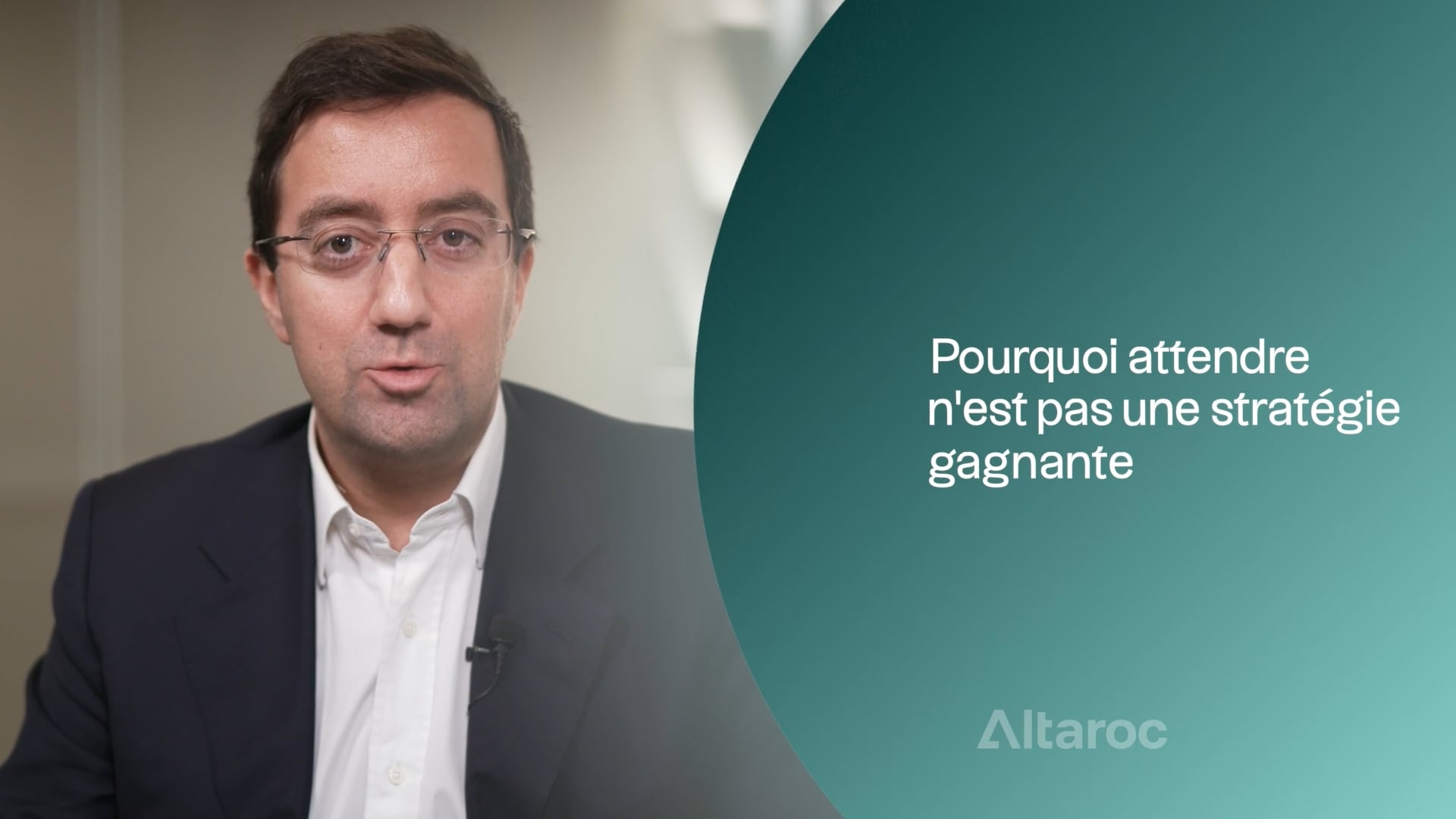
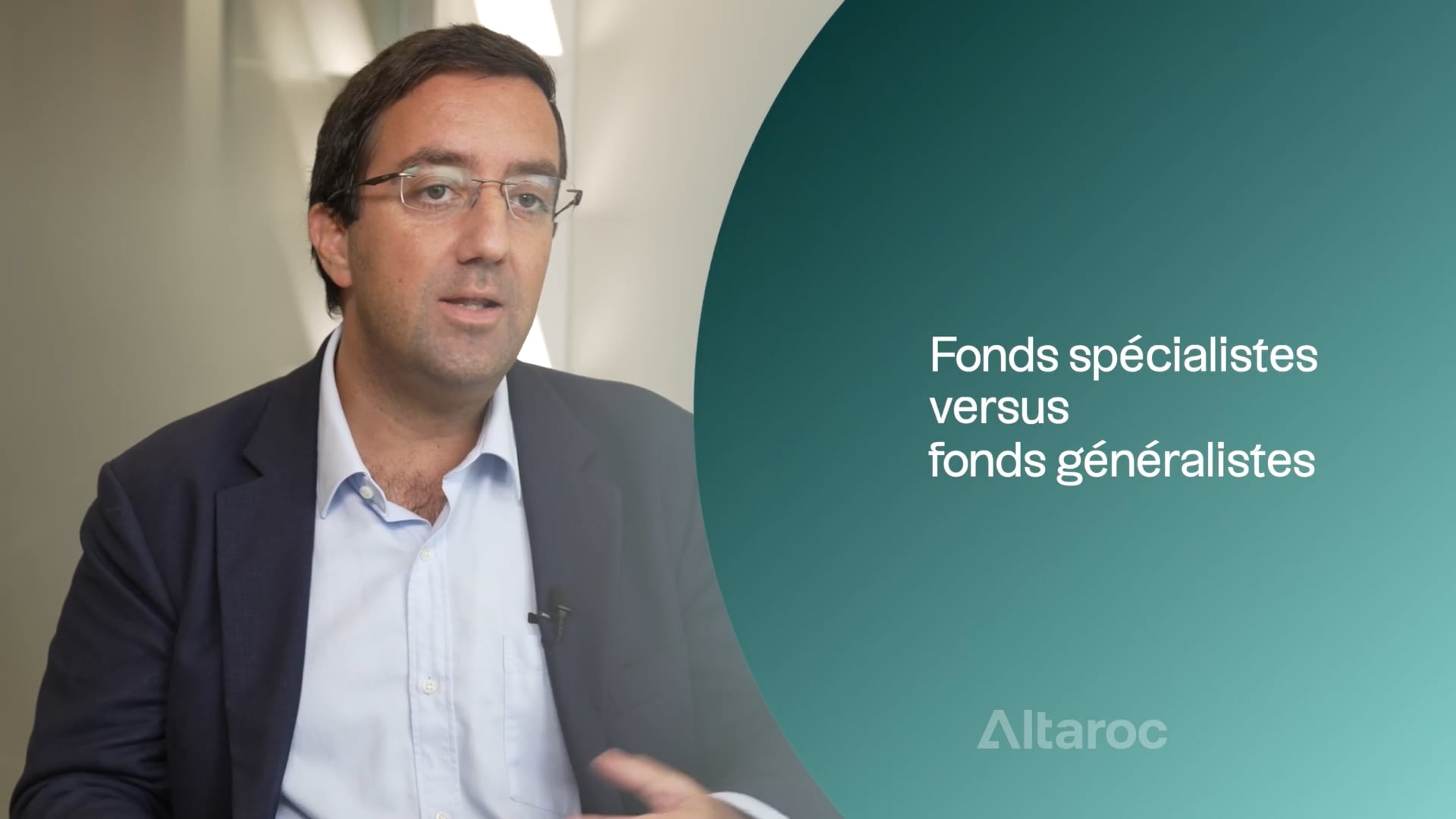

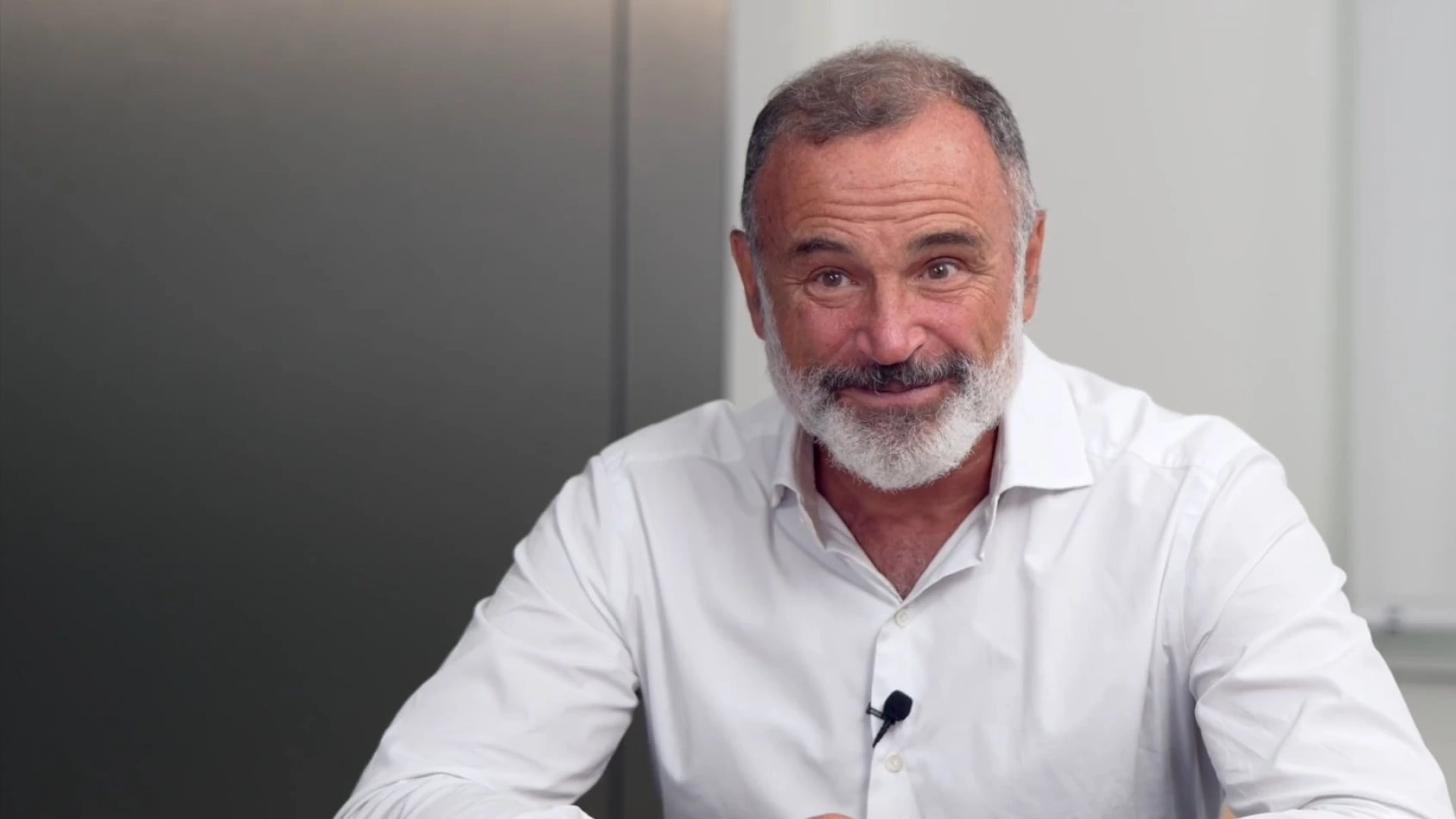
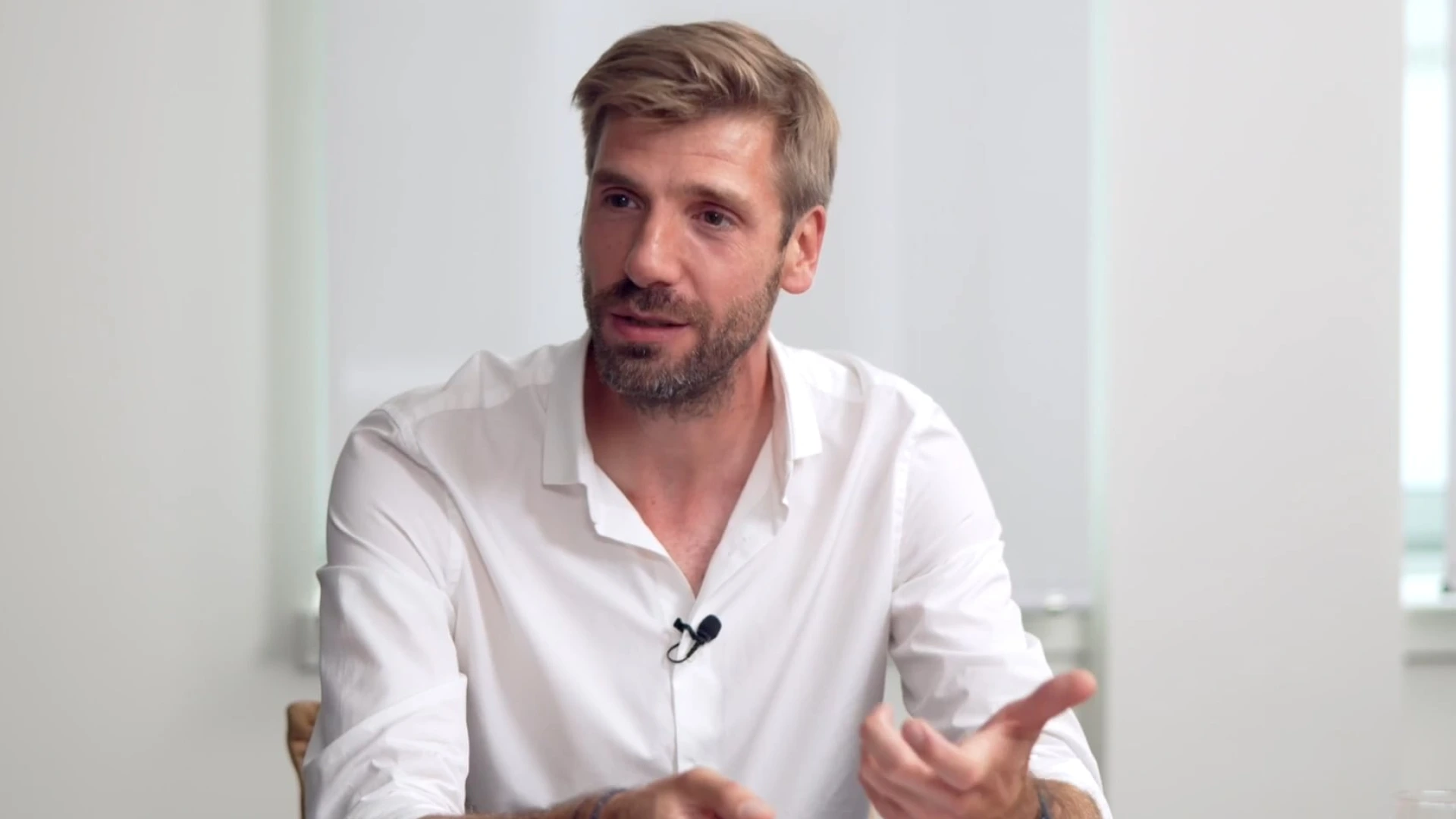
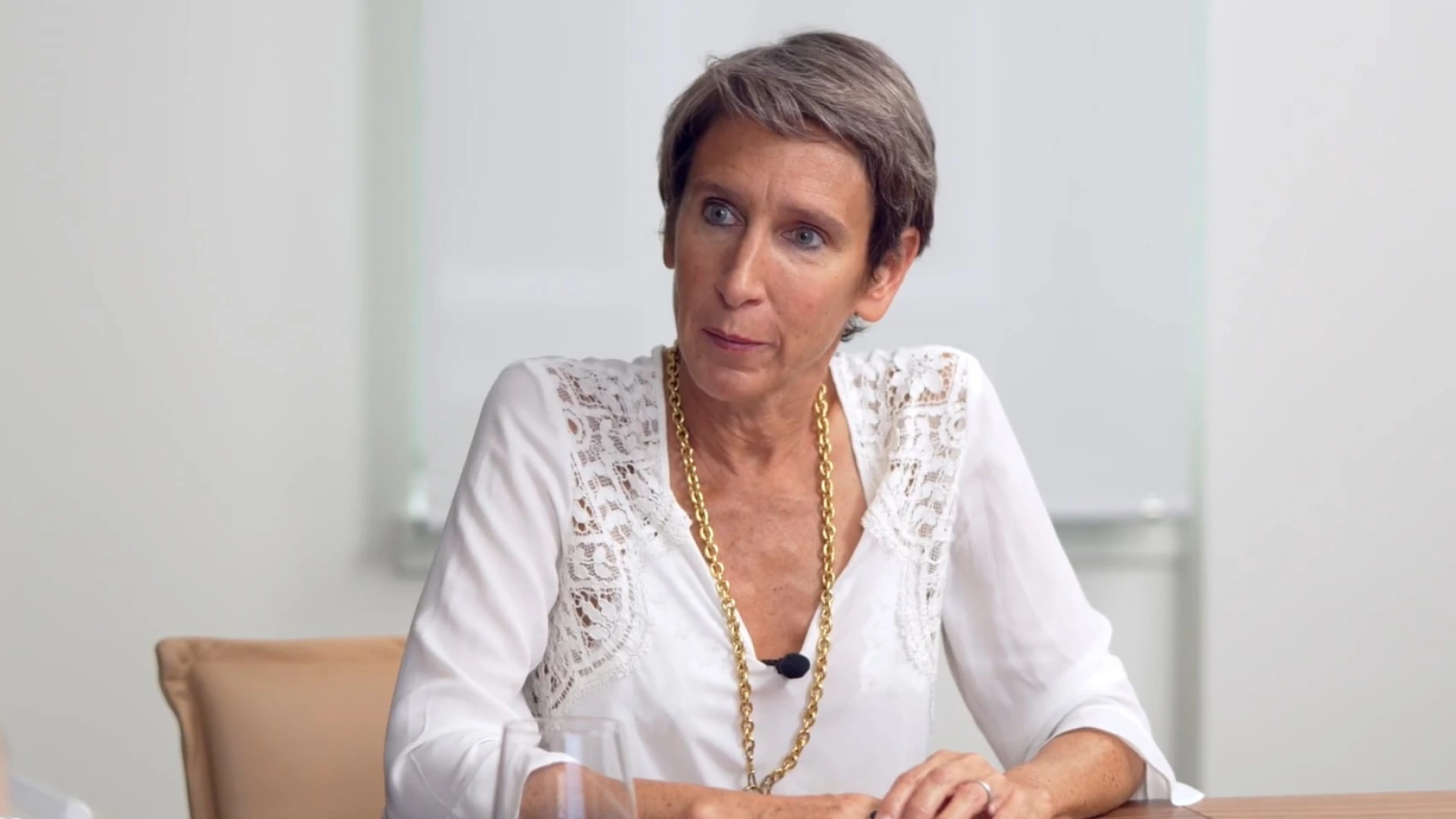
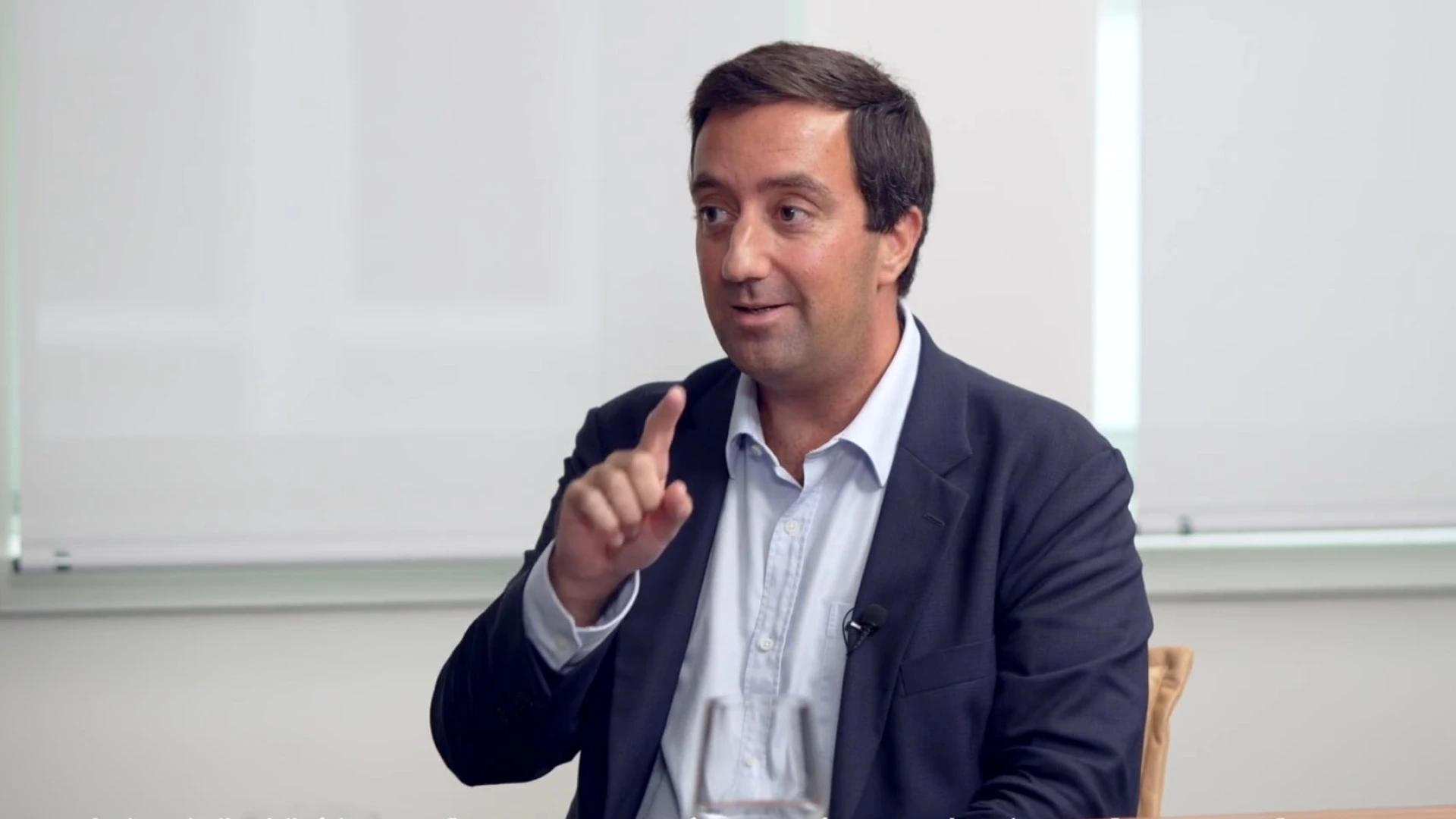

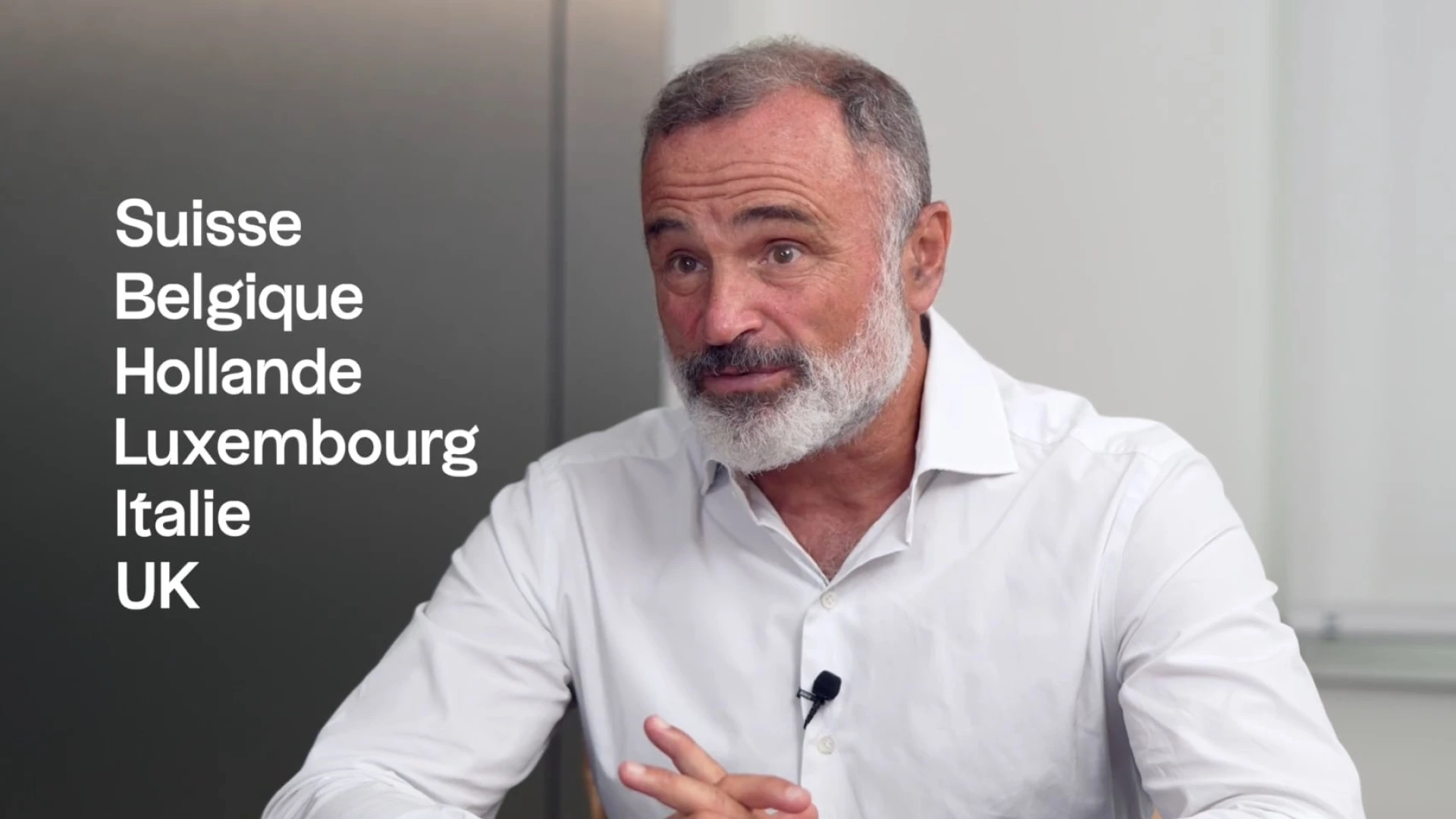
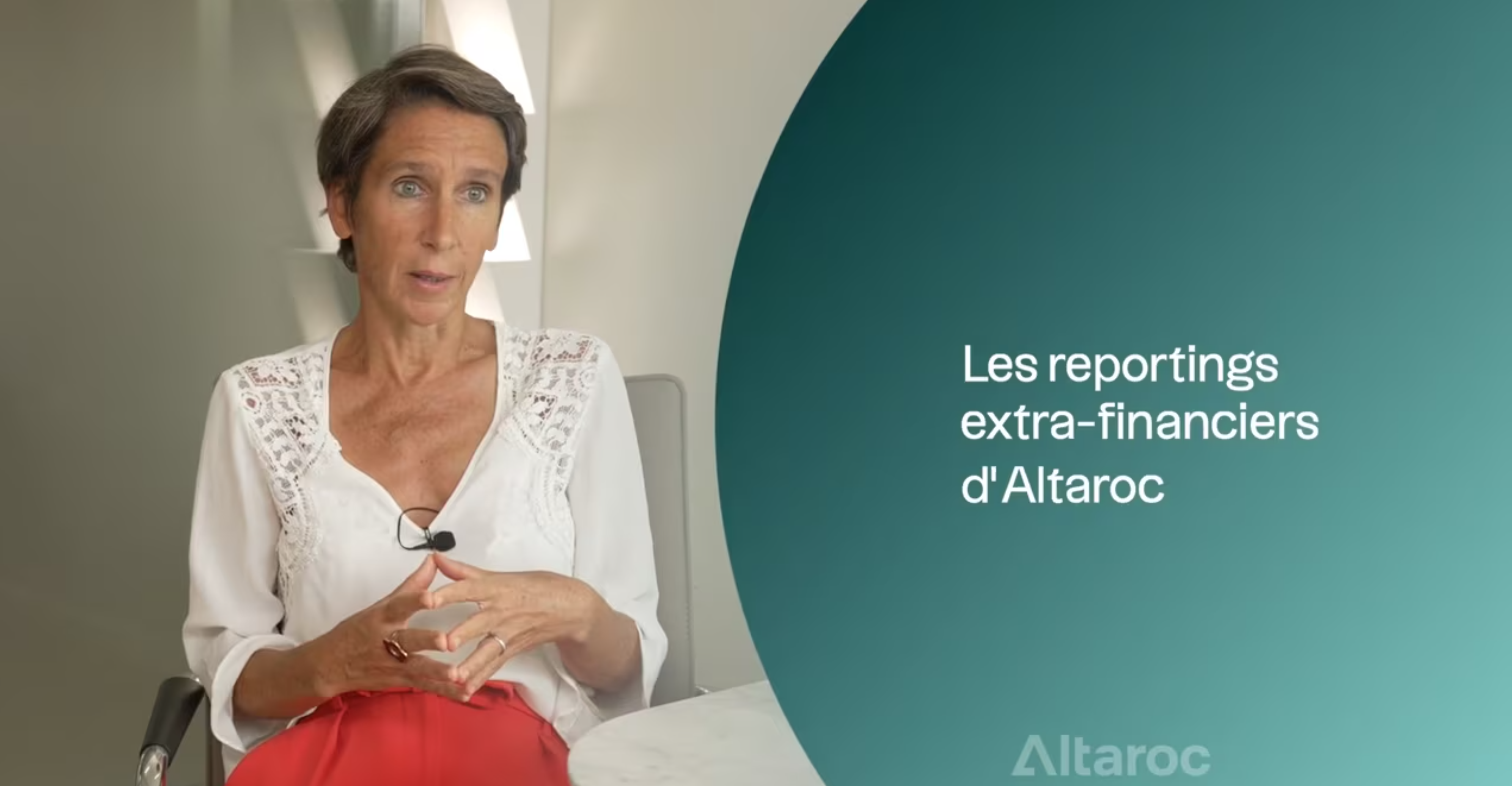

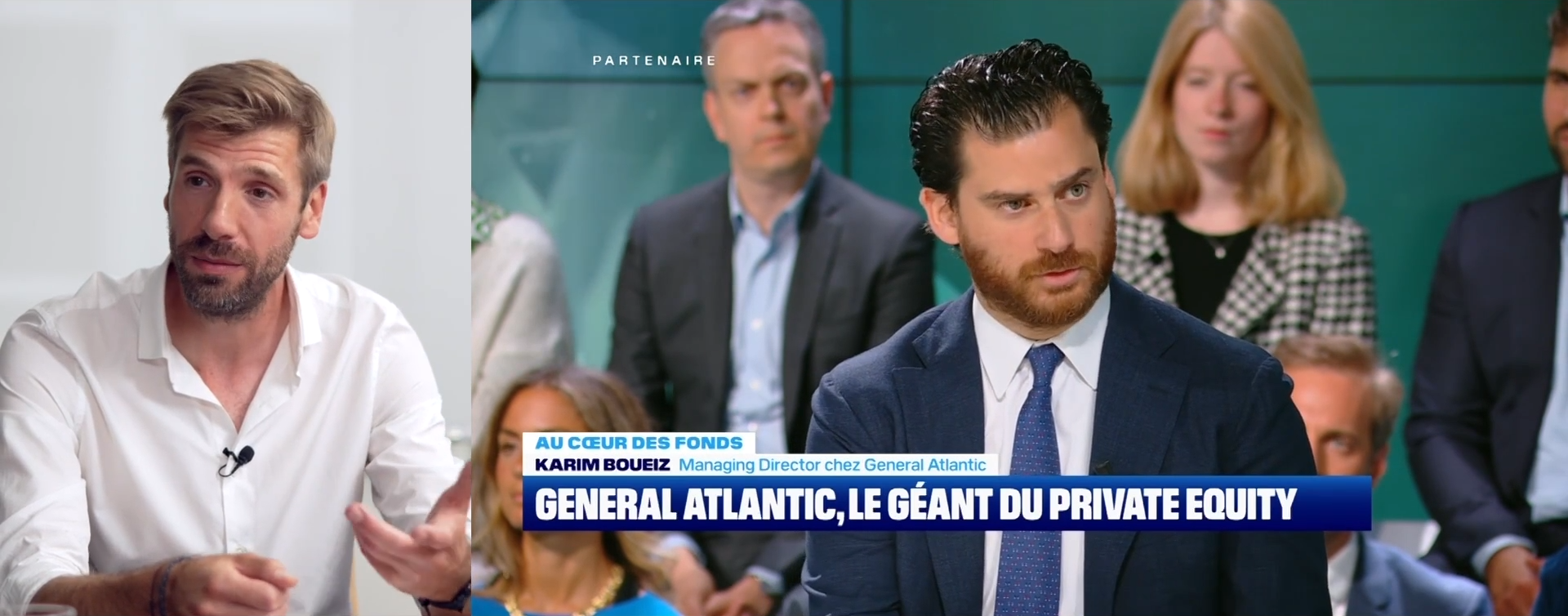
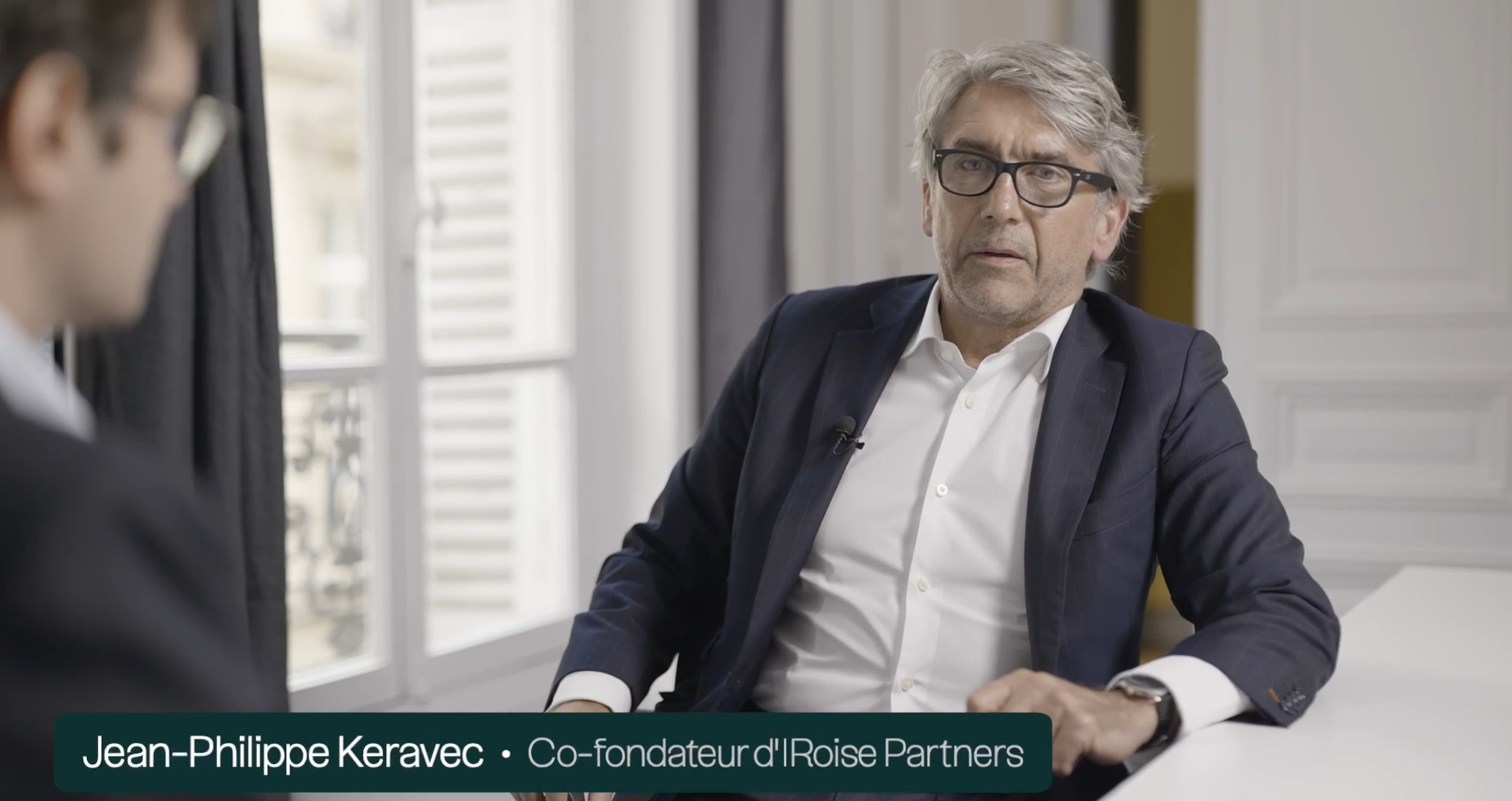
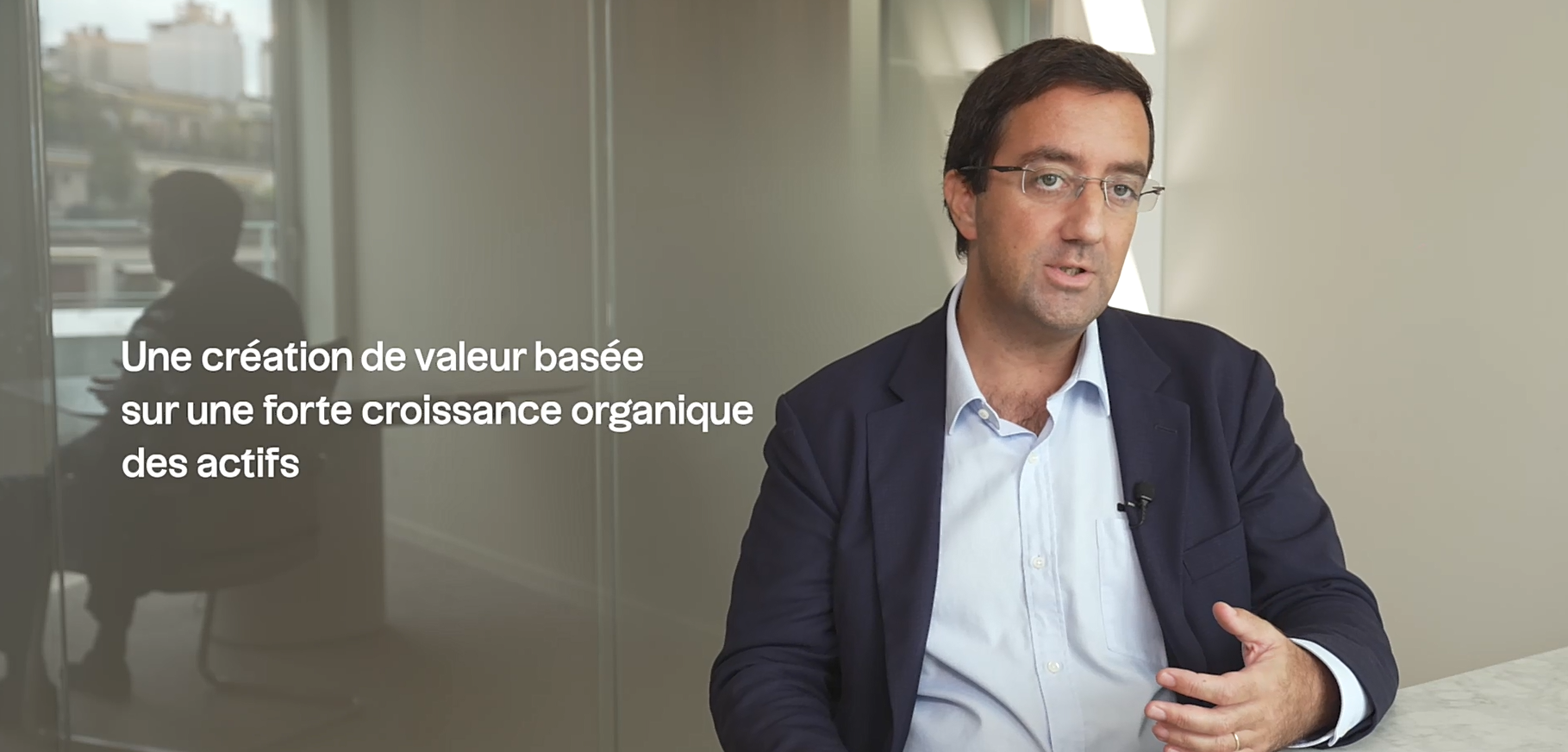

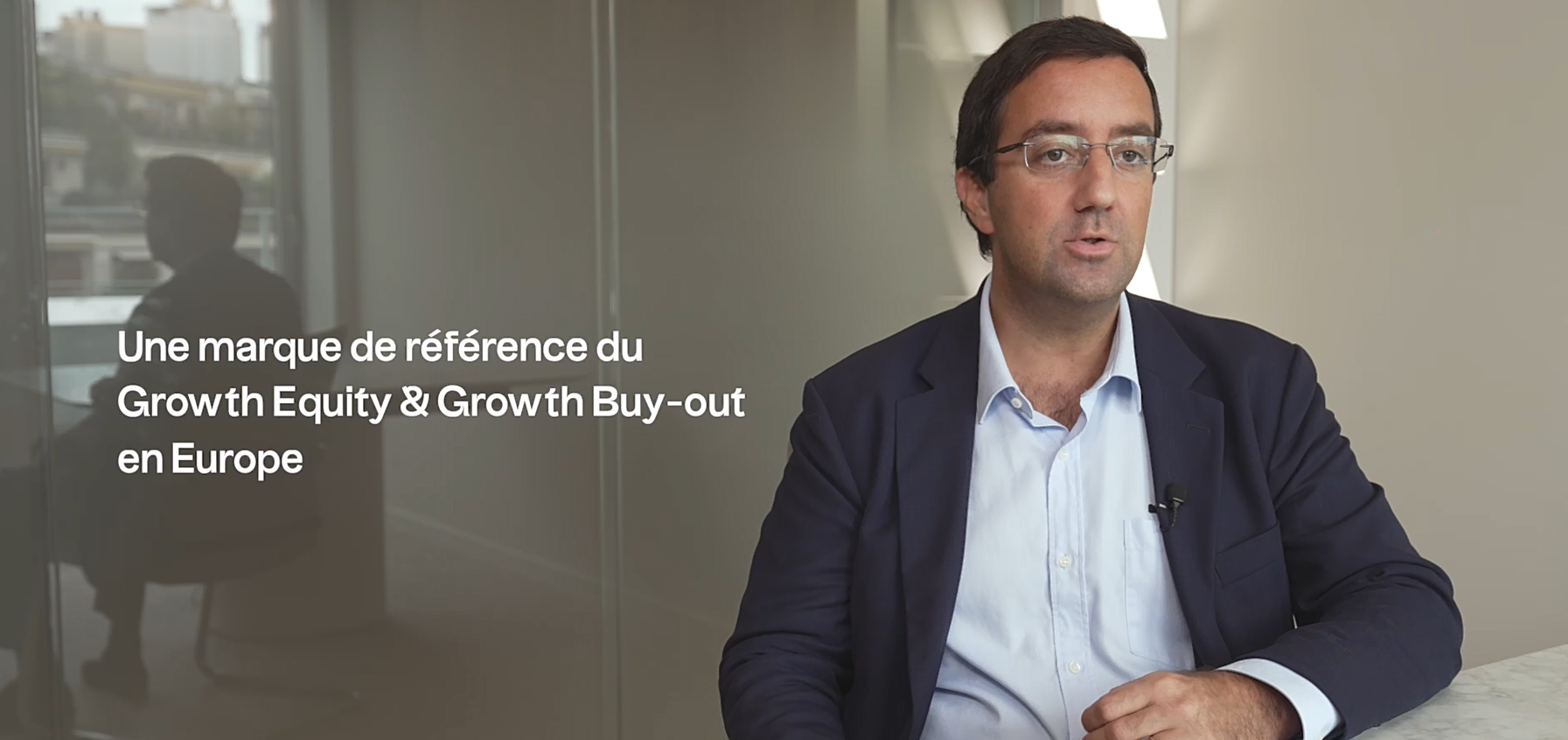
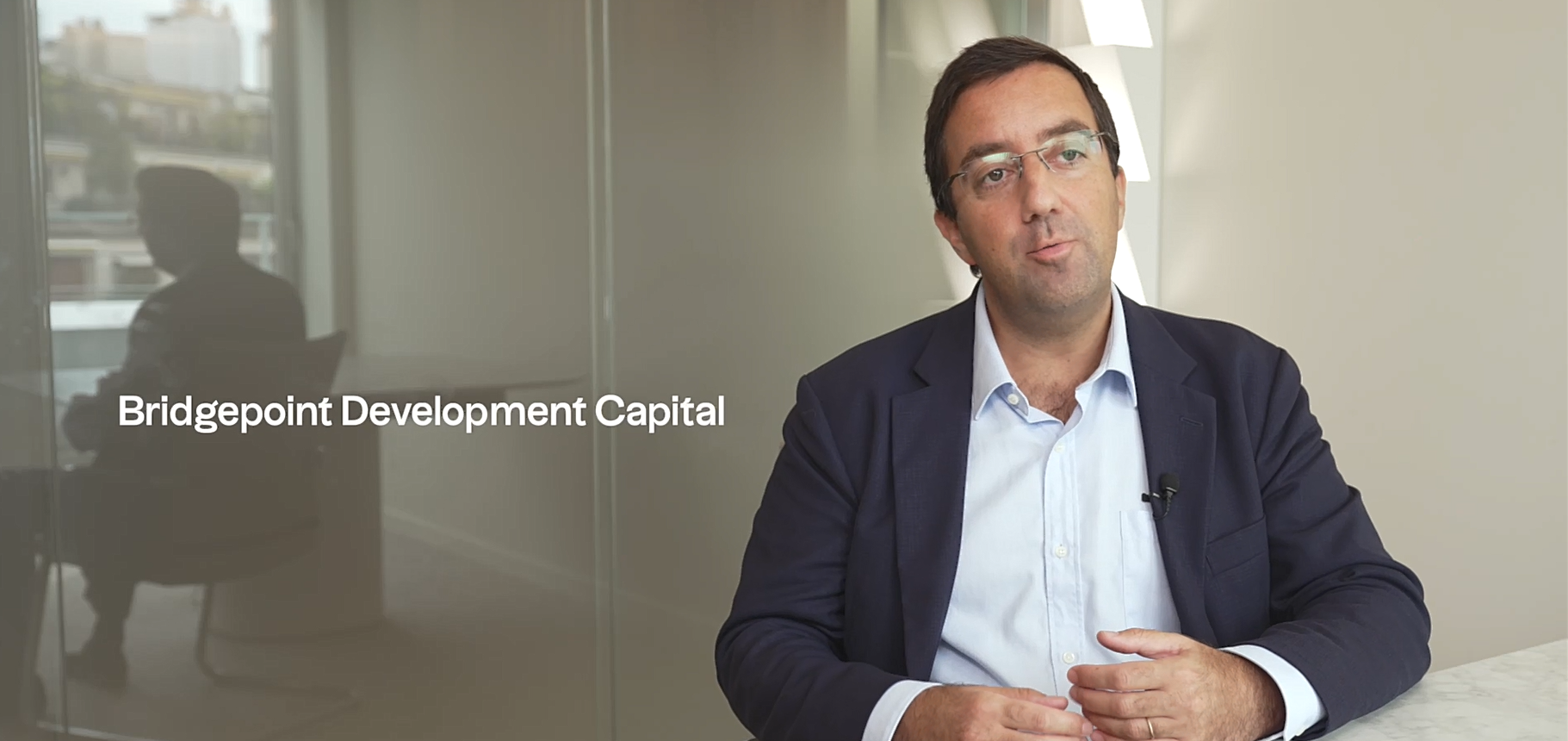
.jpeg)
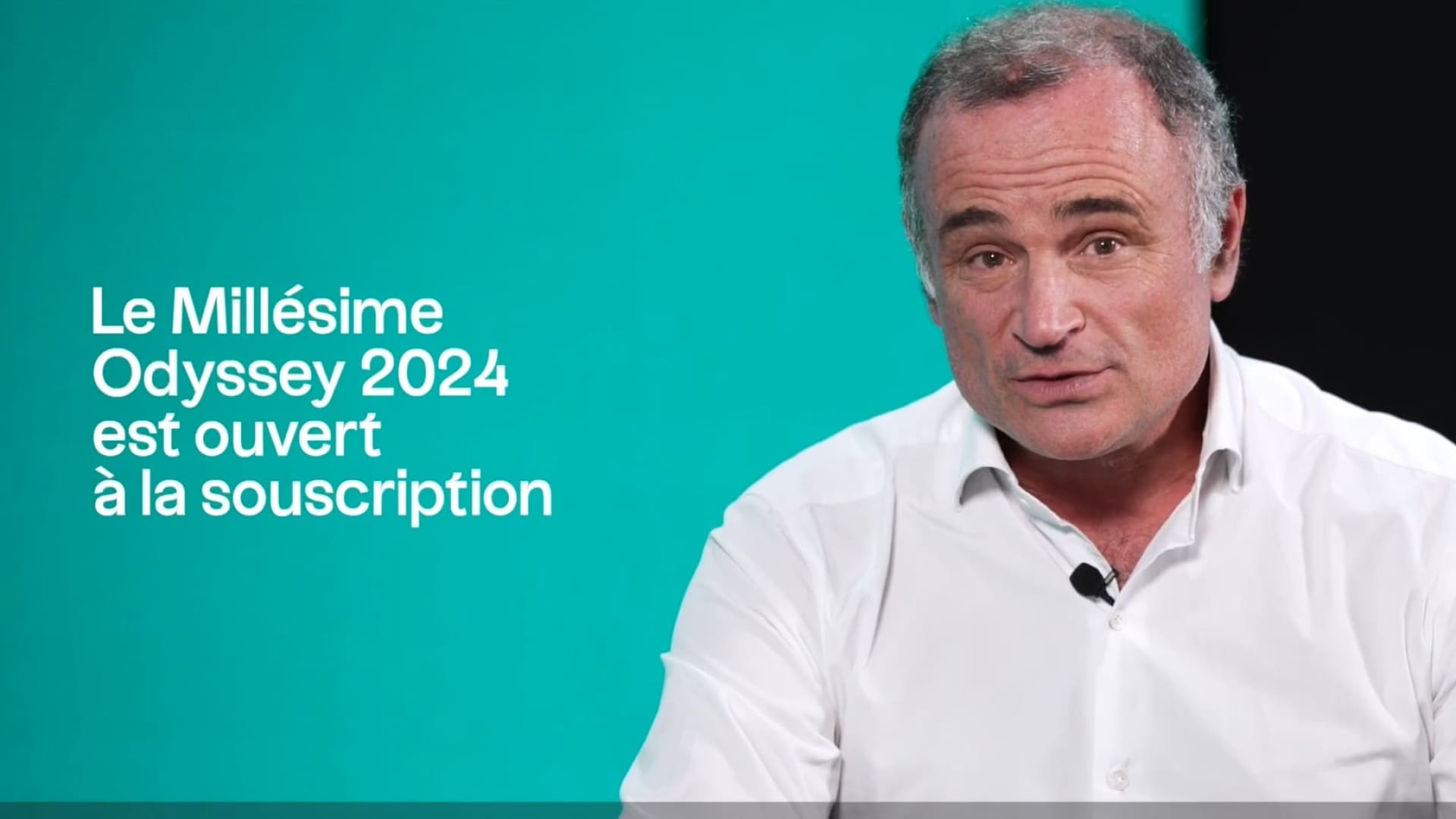


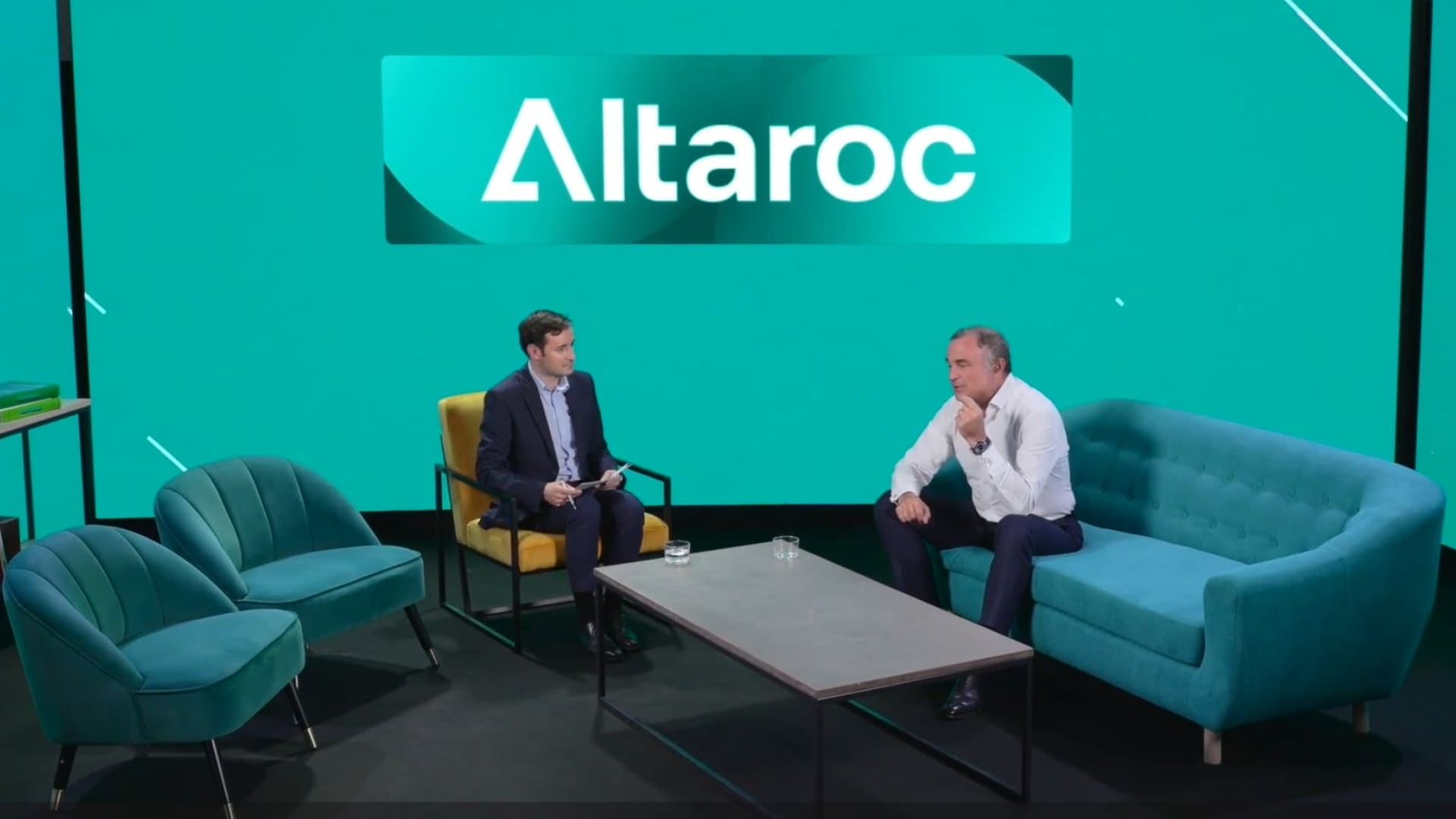

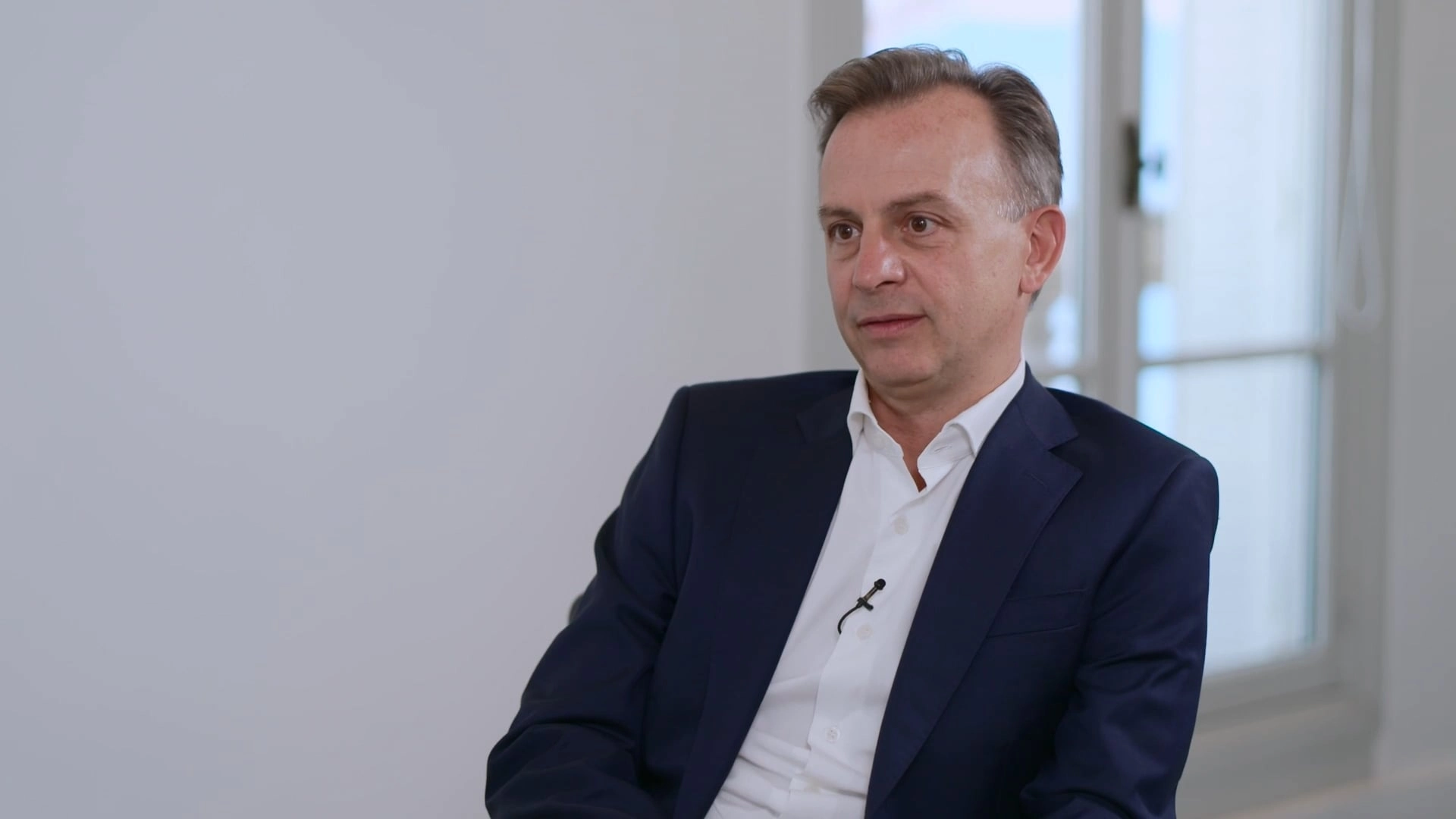

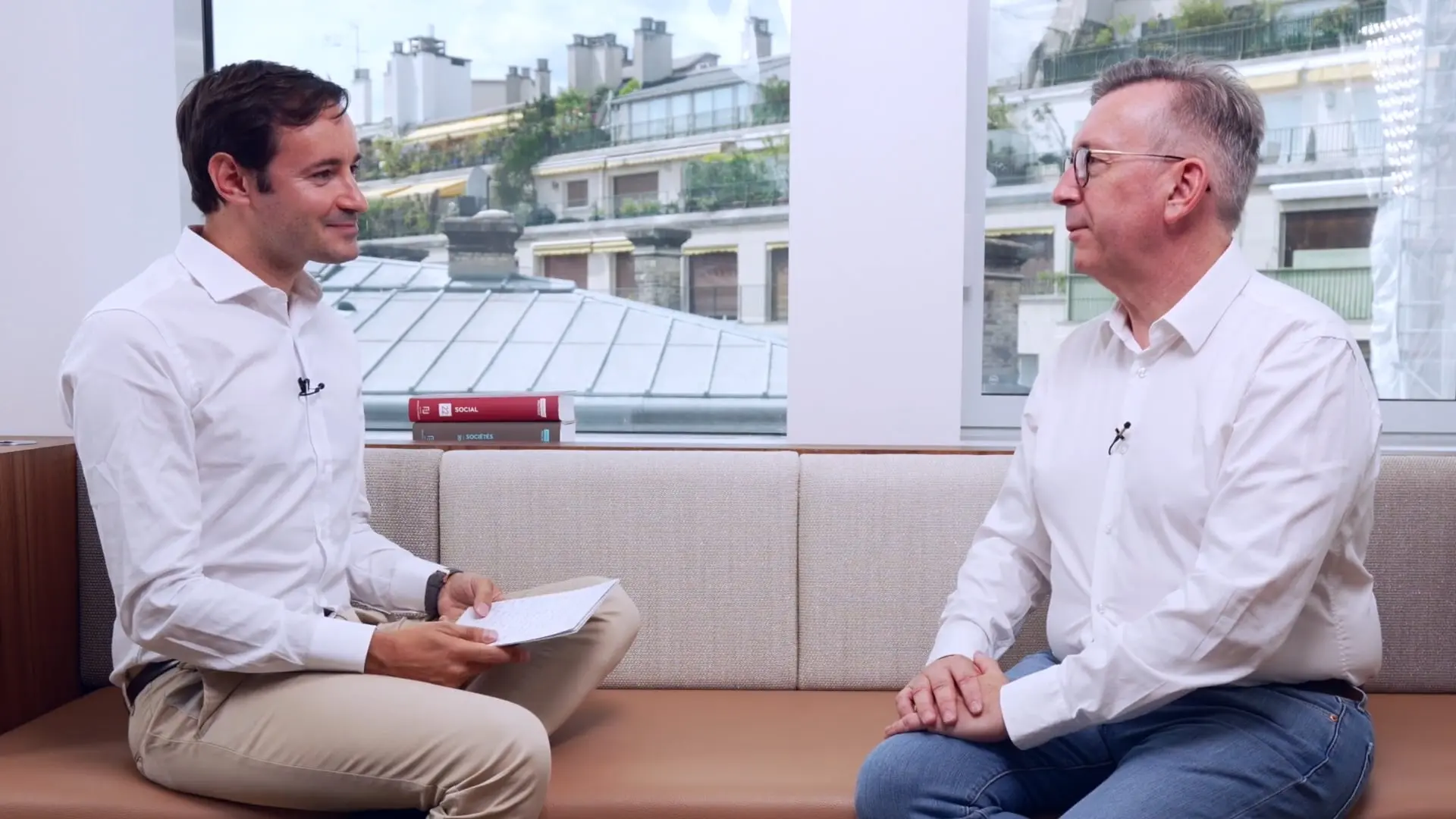

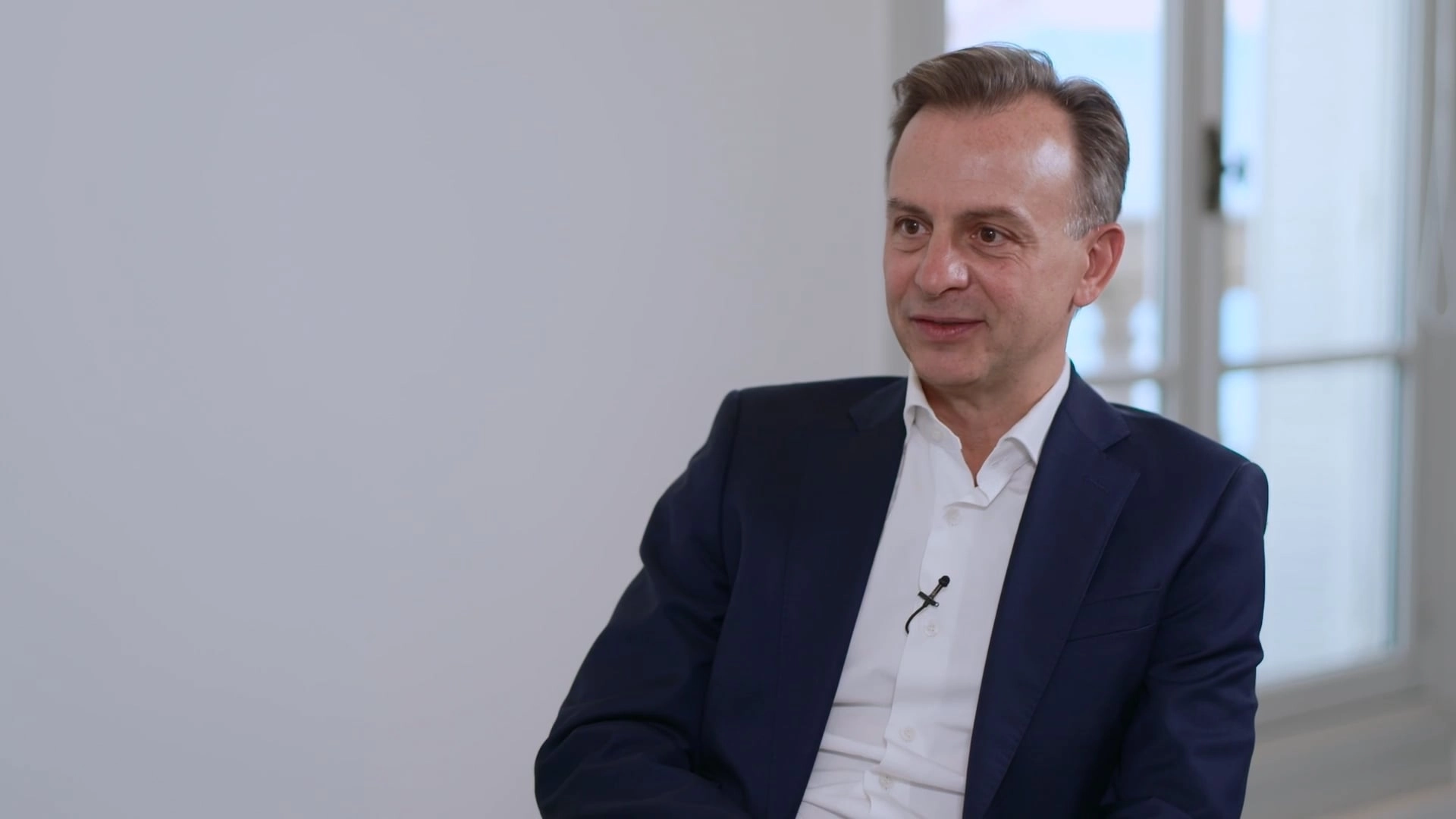
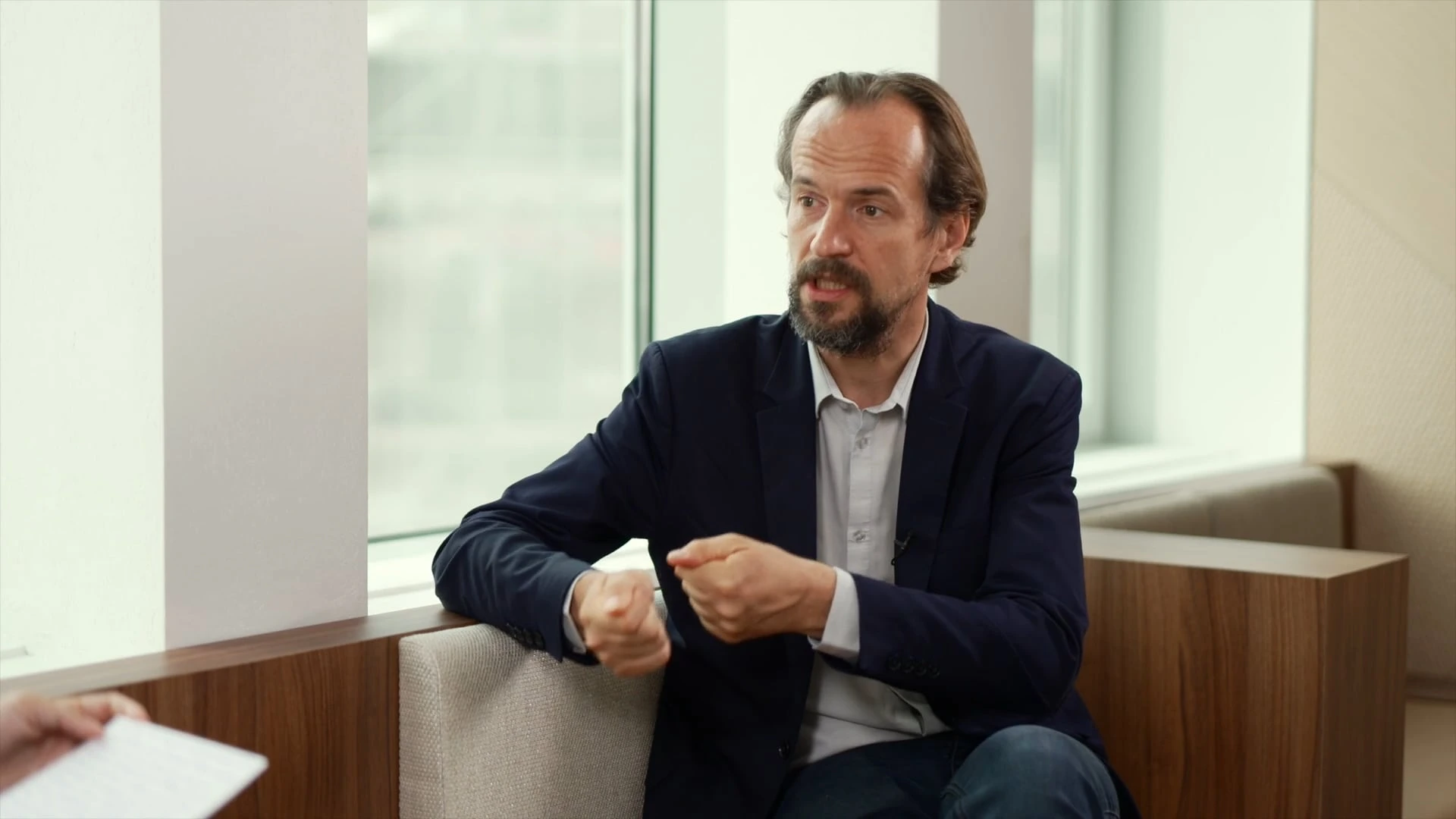

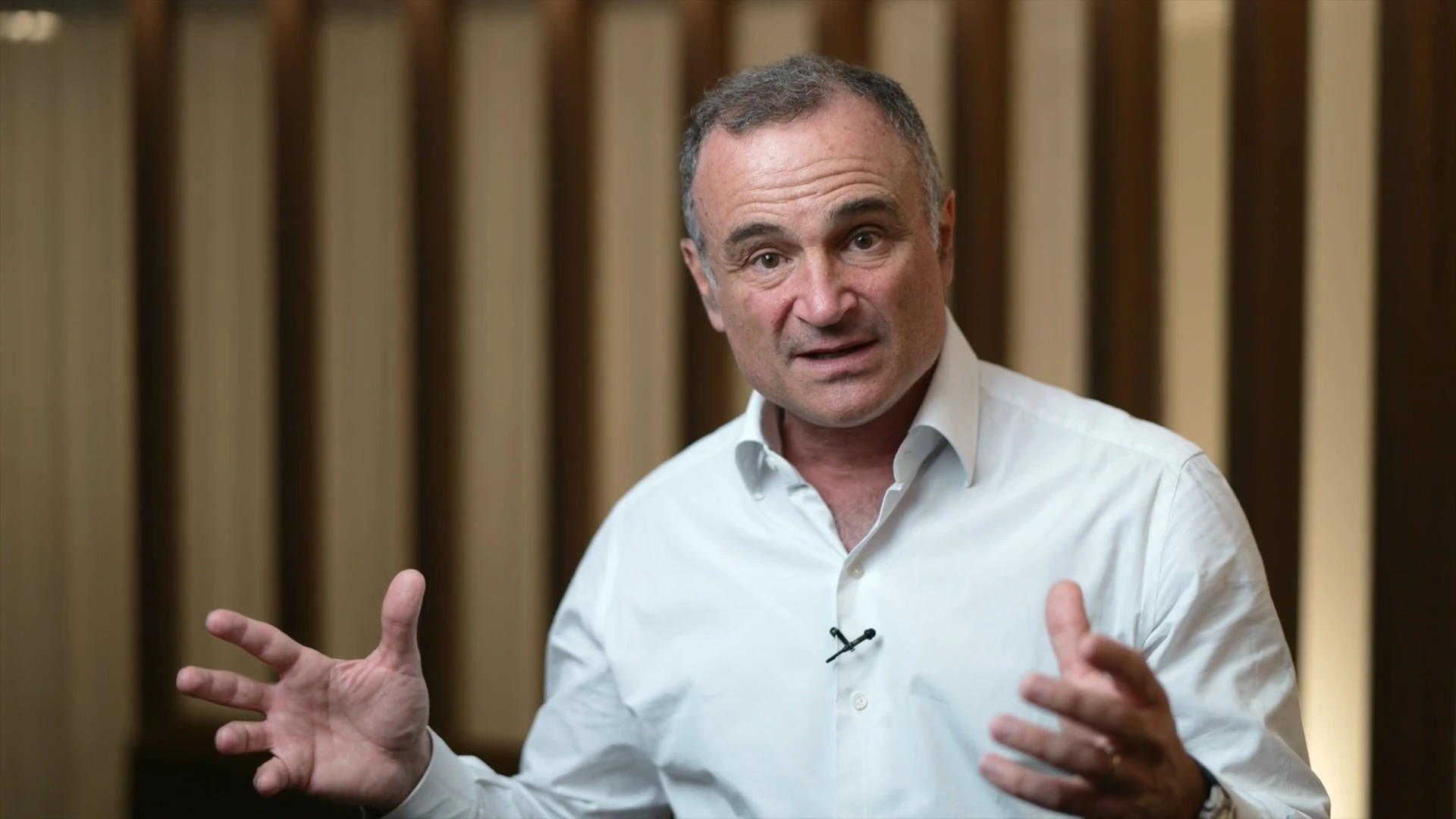
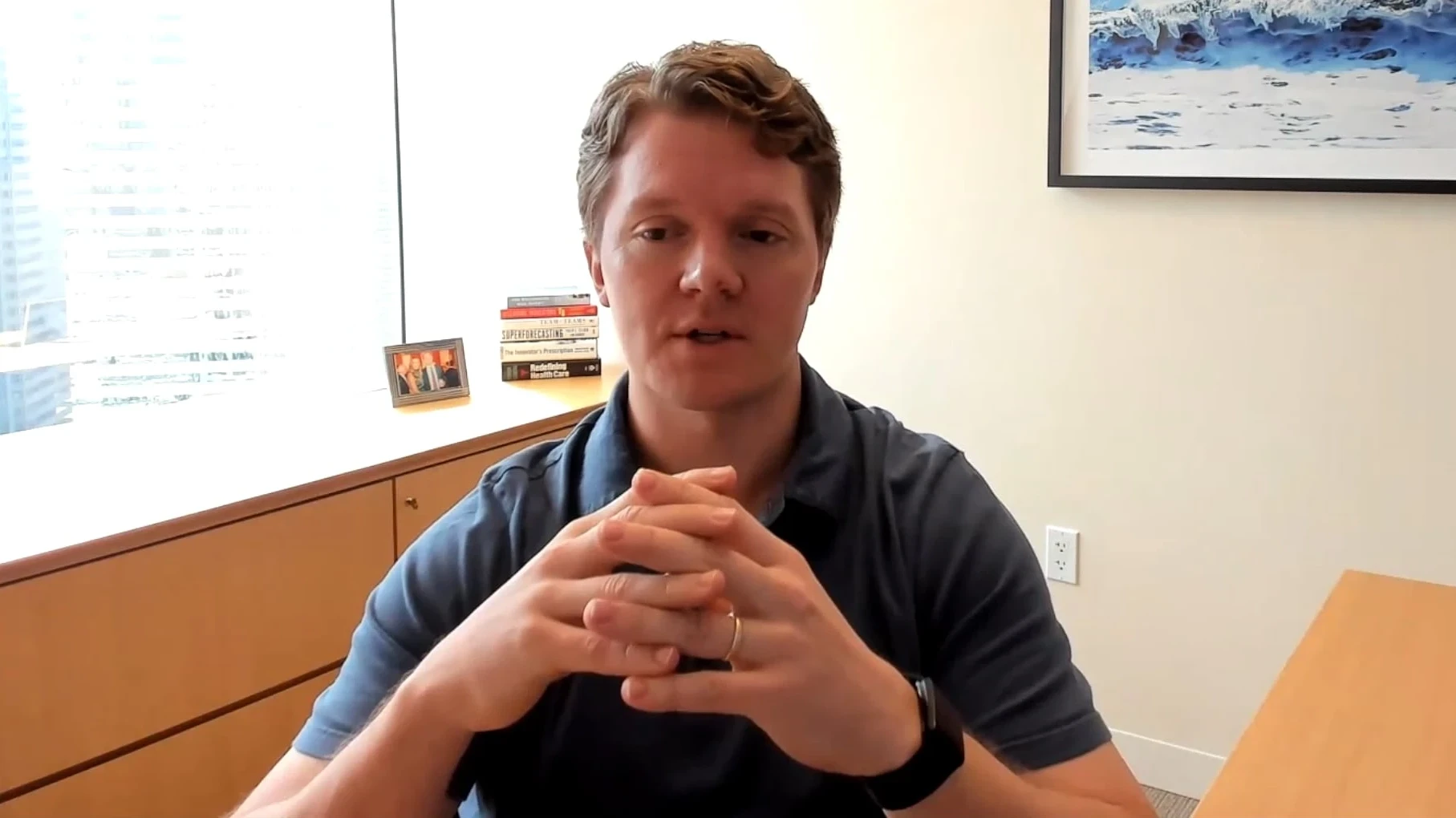
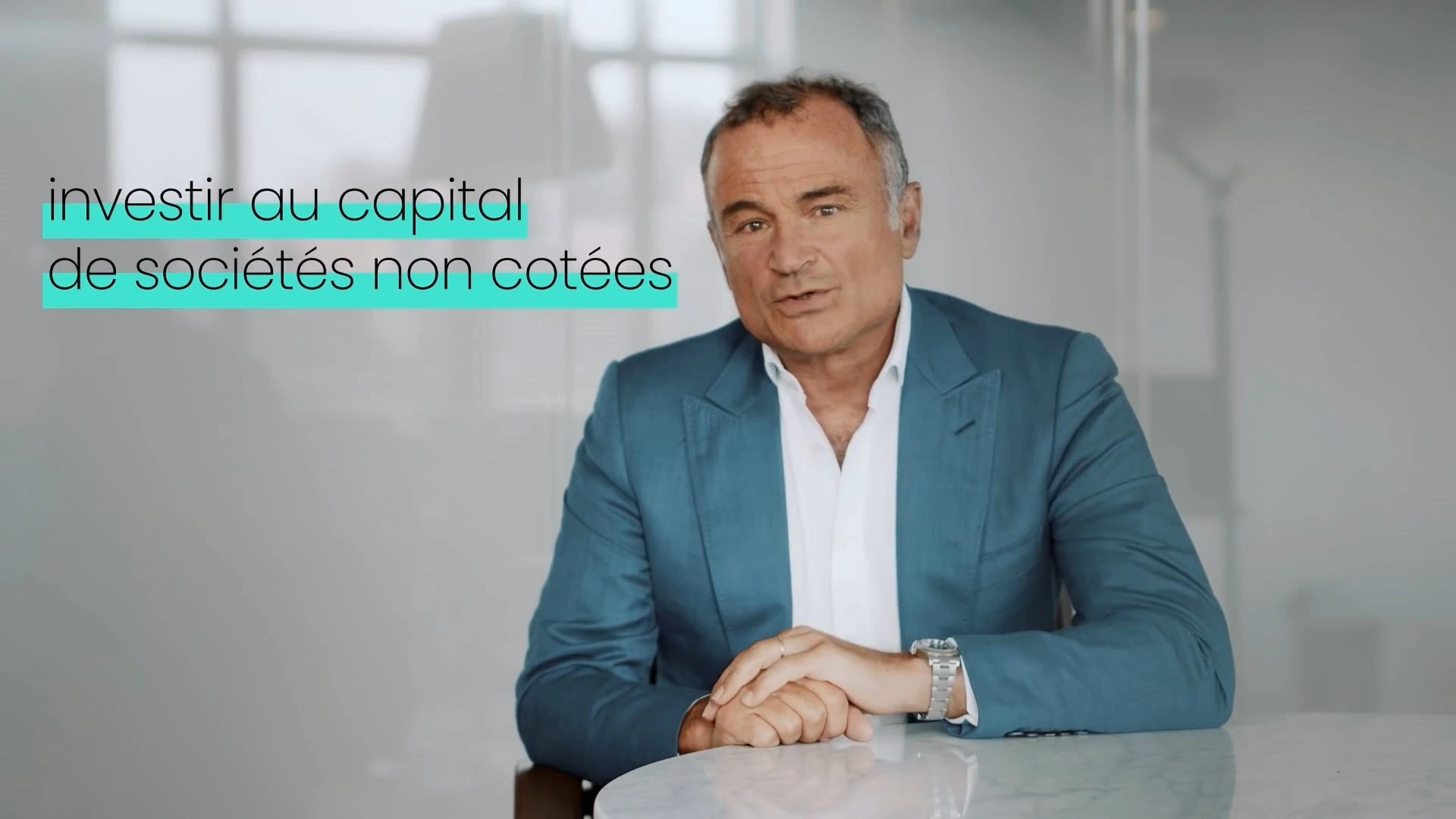
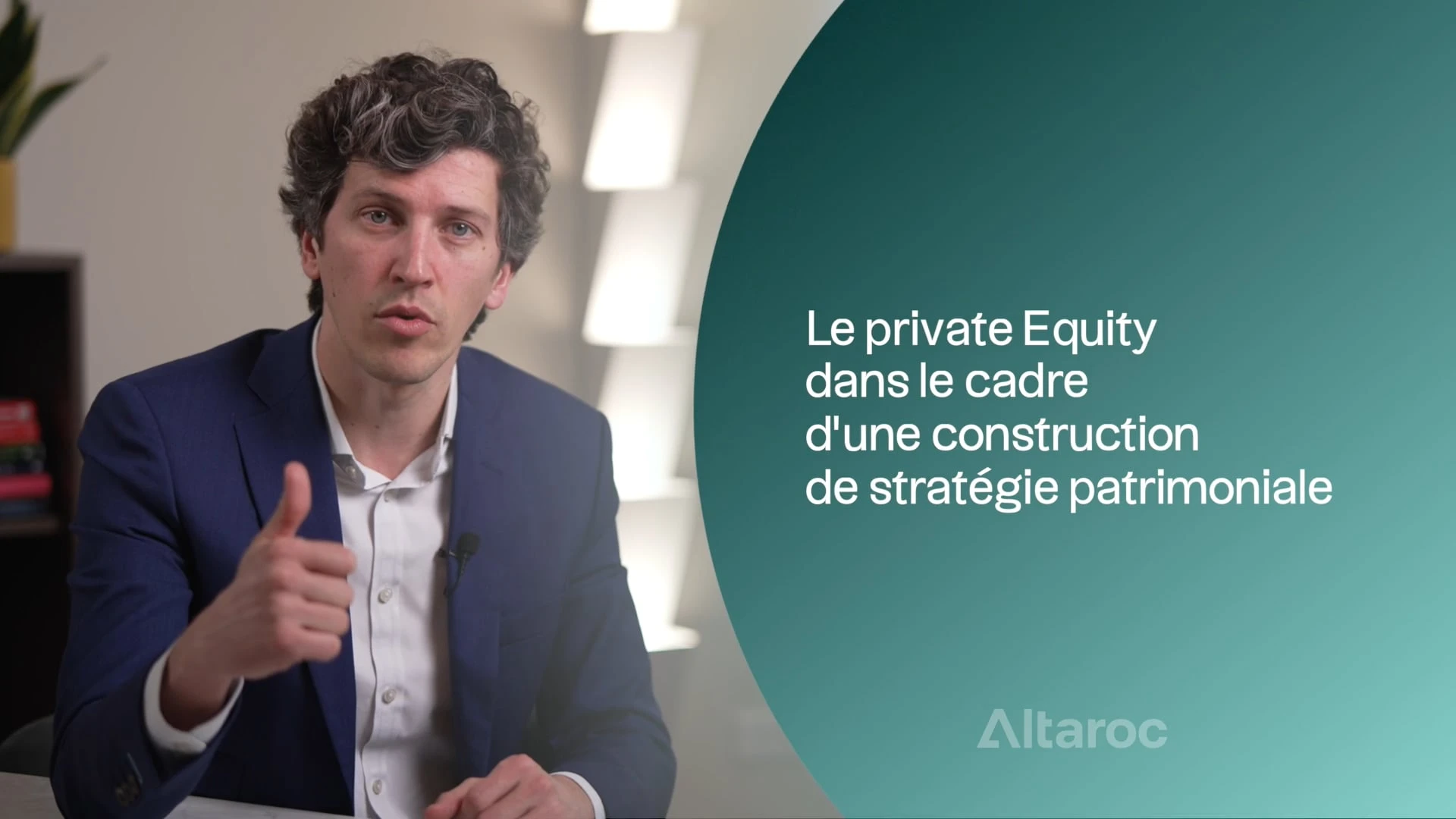
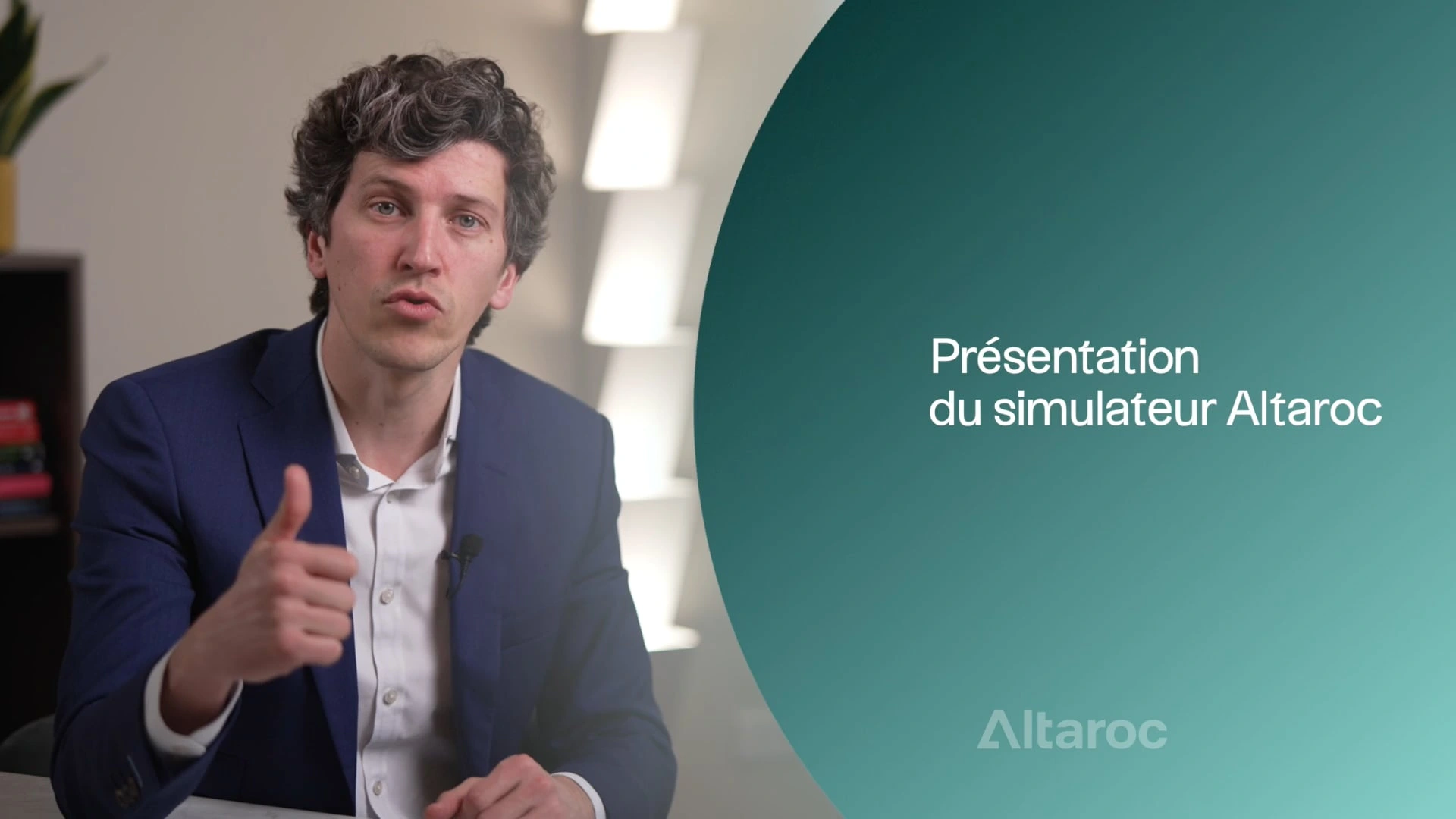
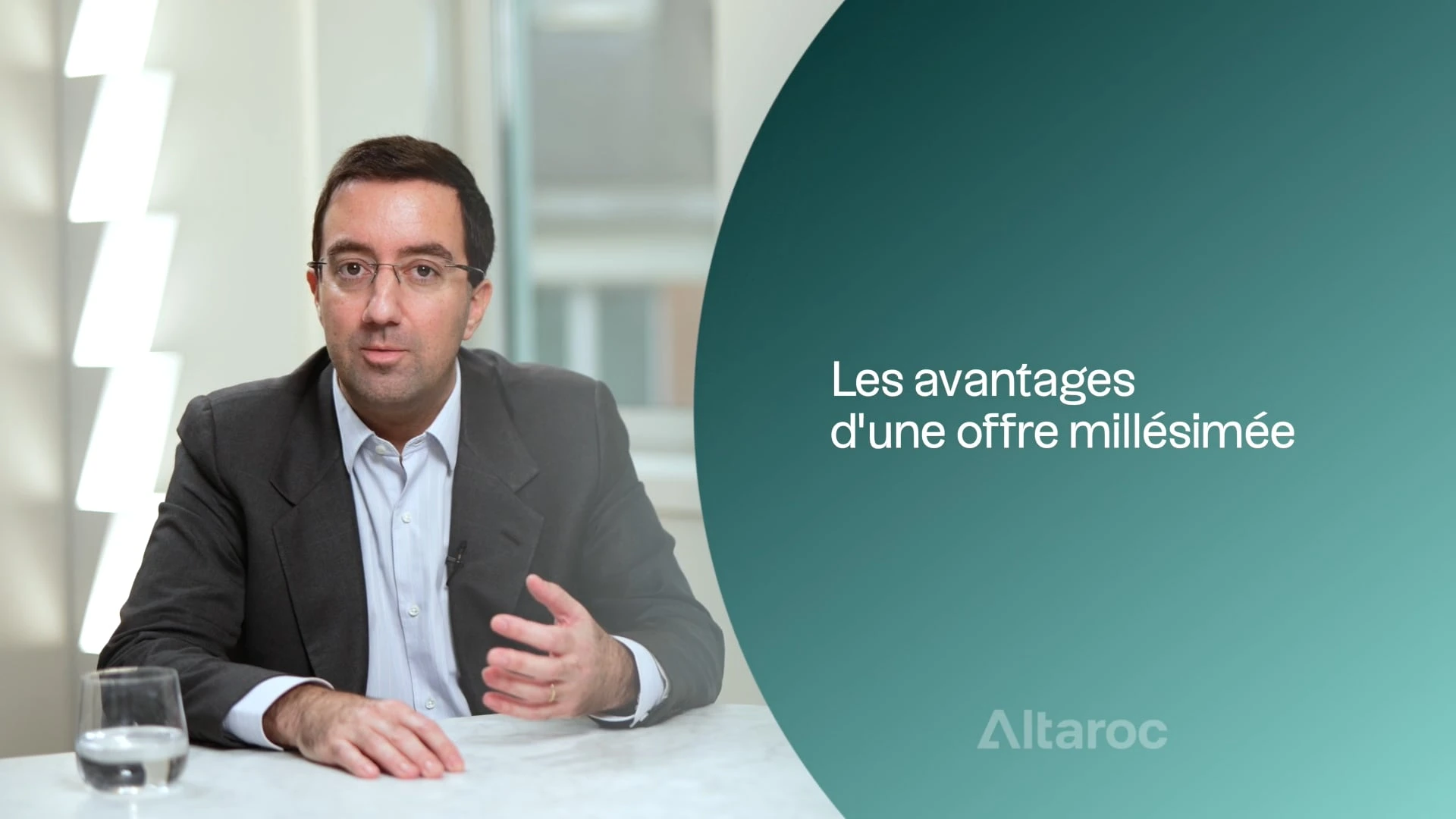
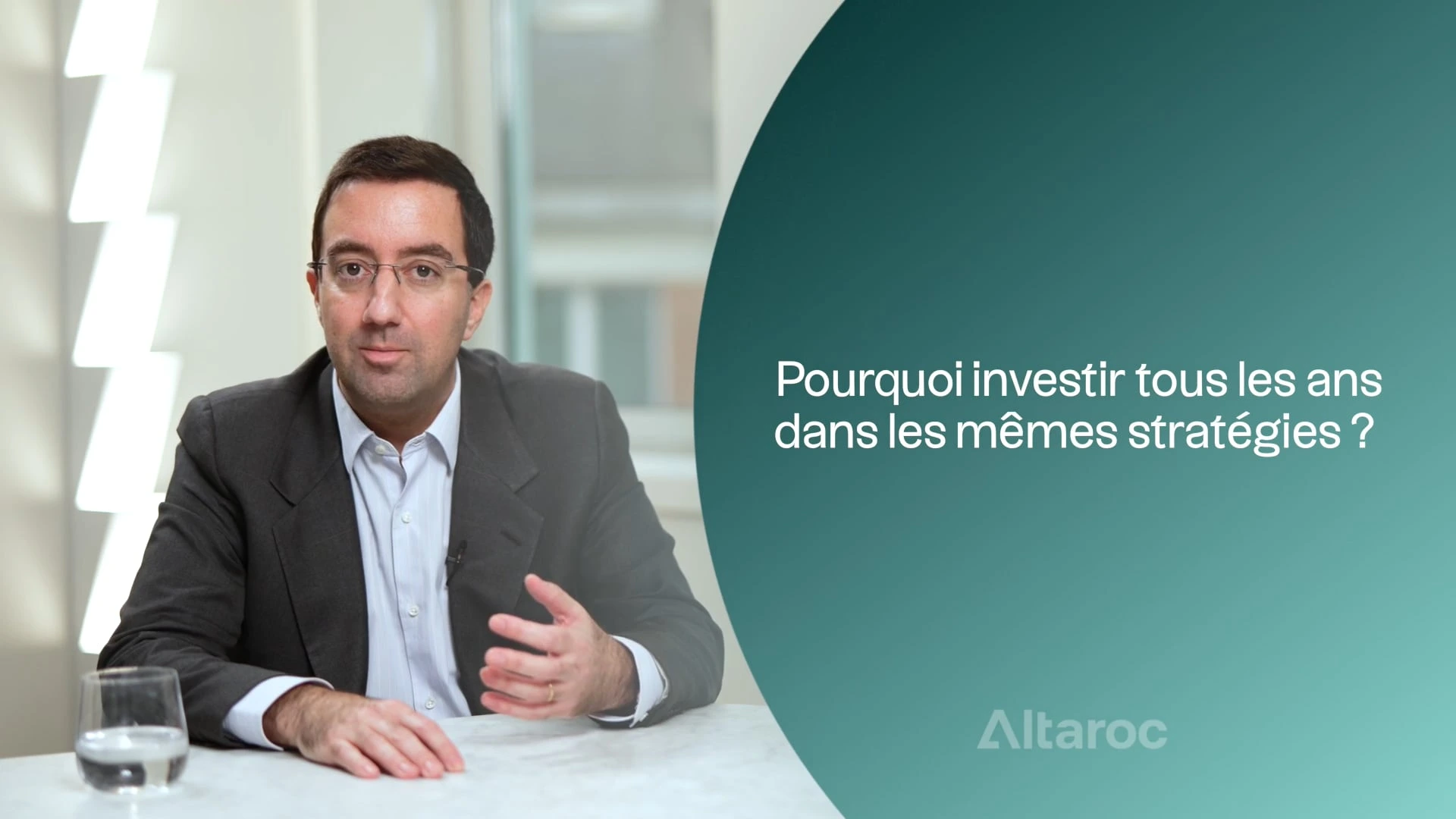
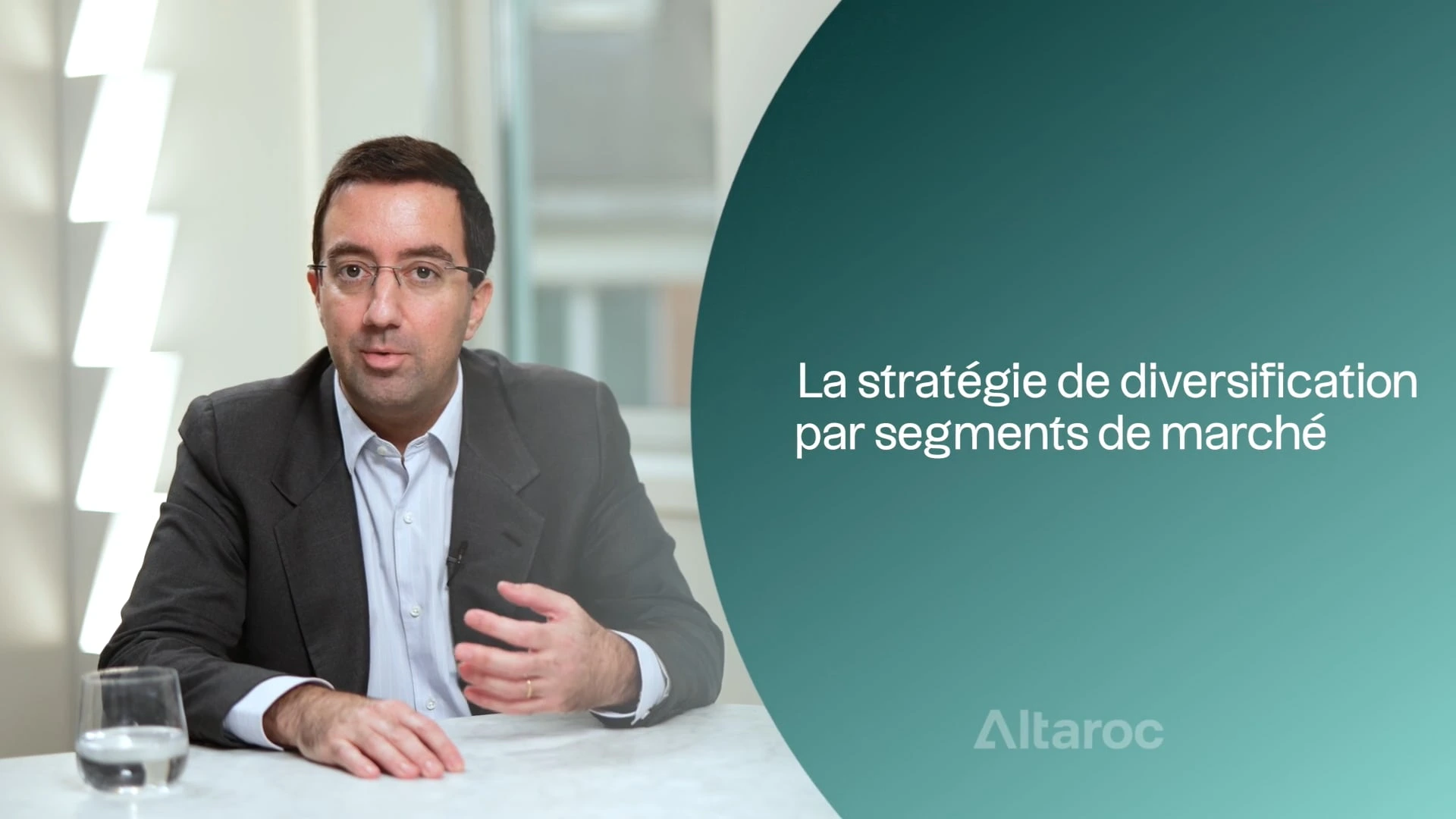
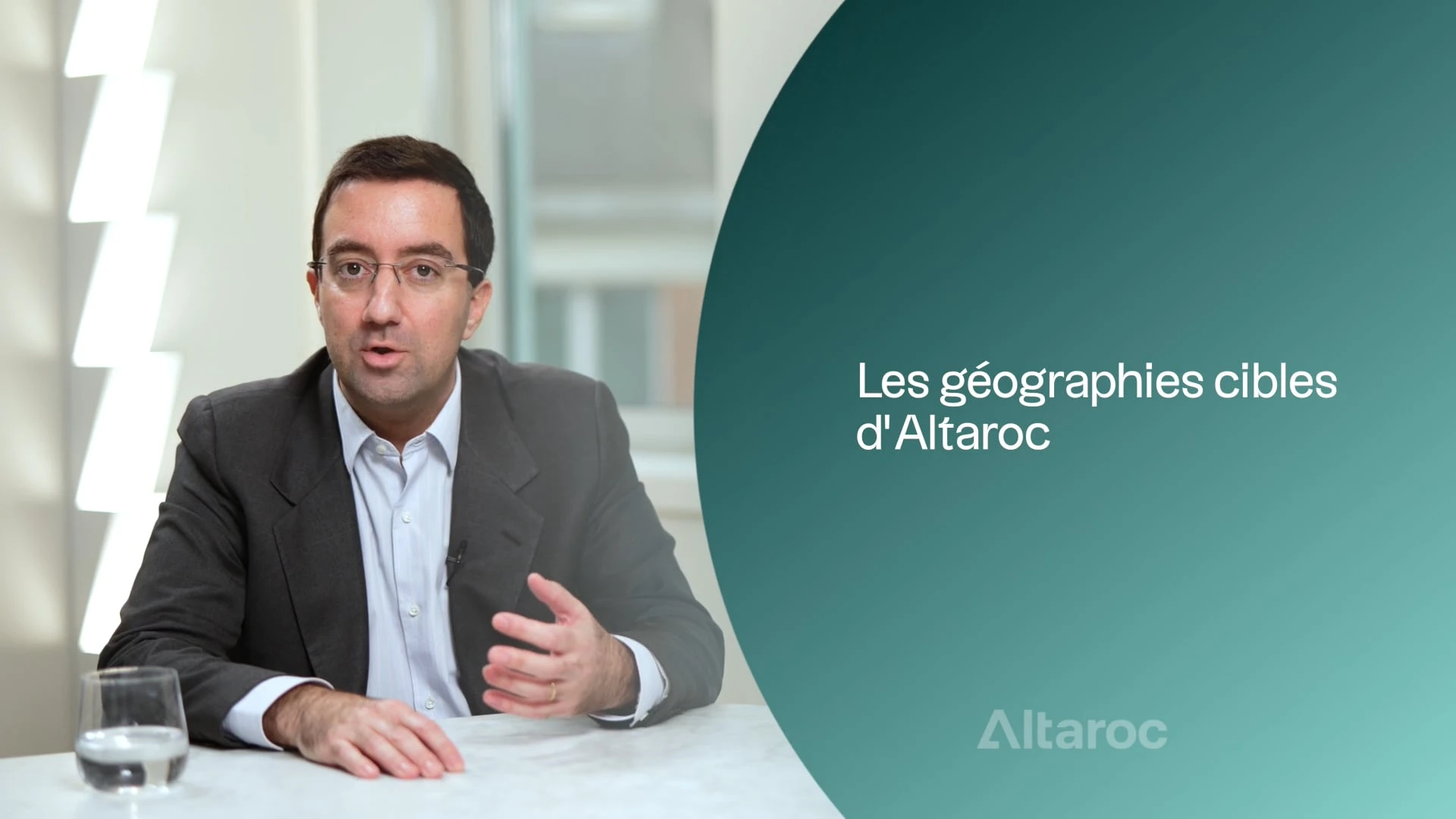
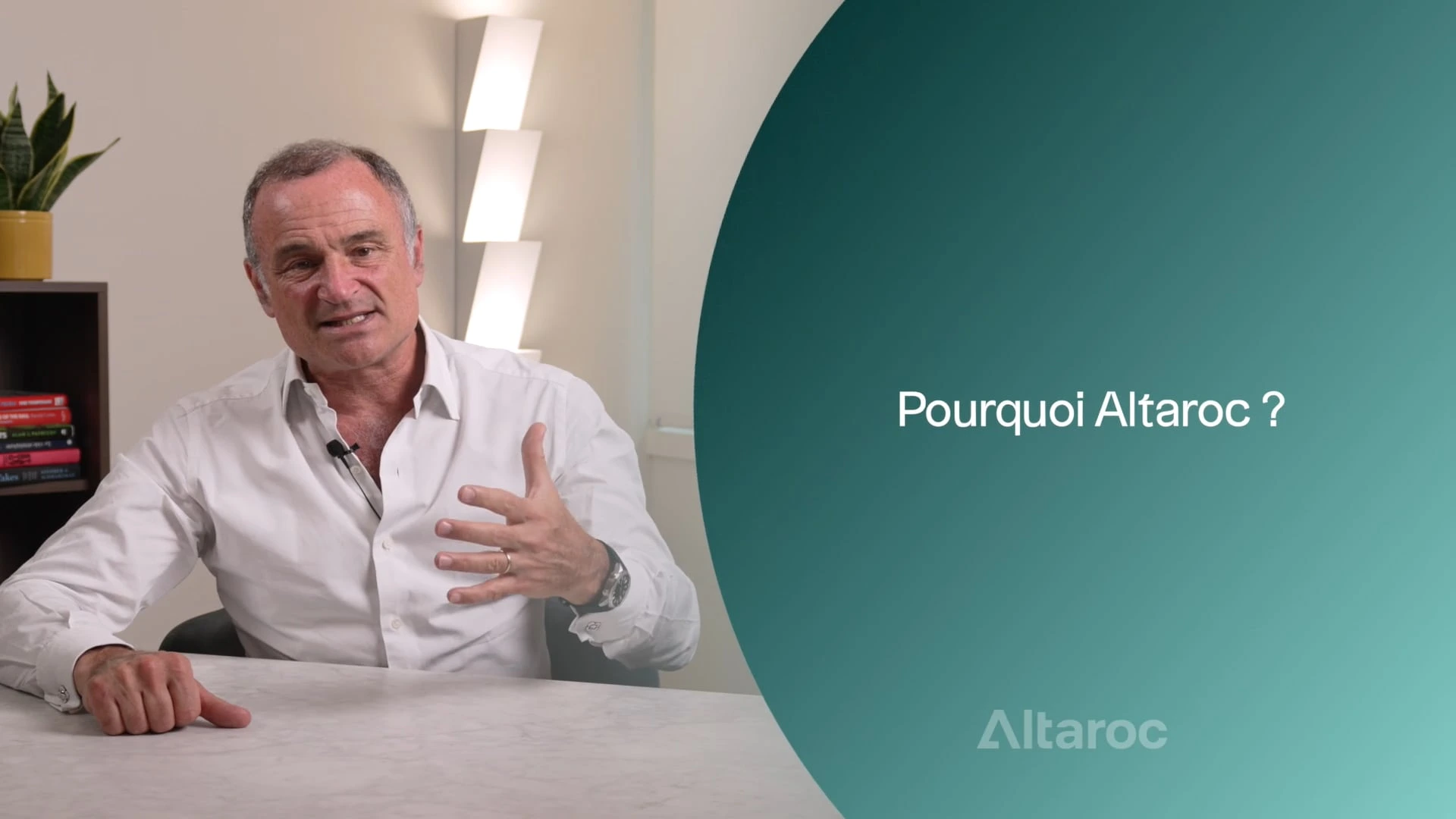
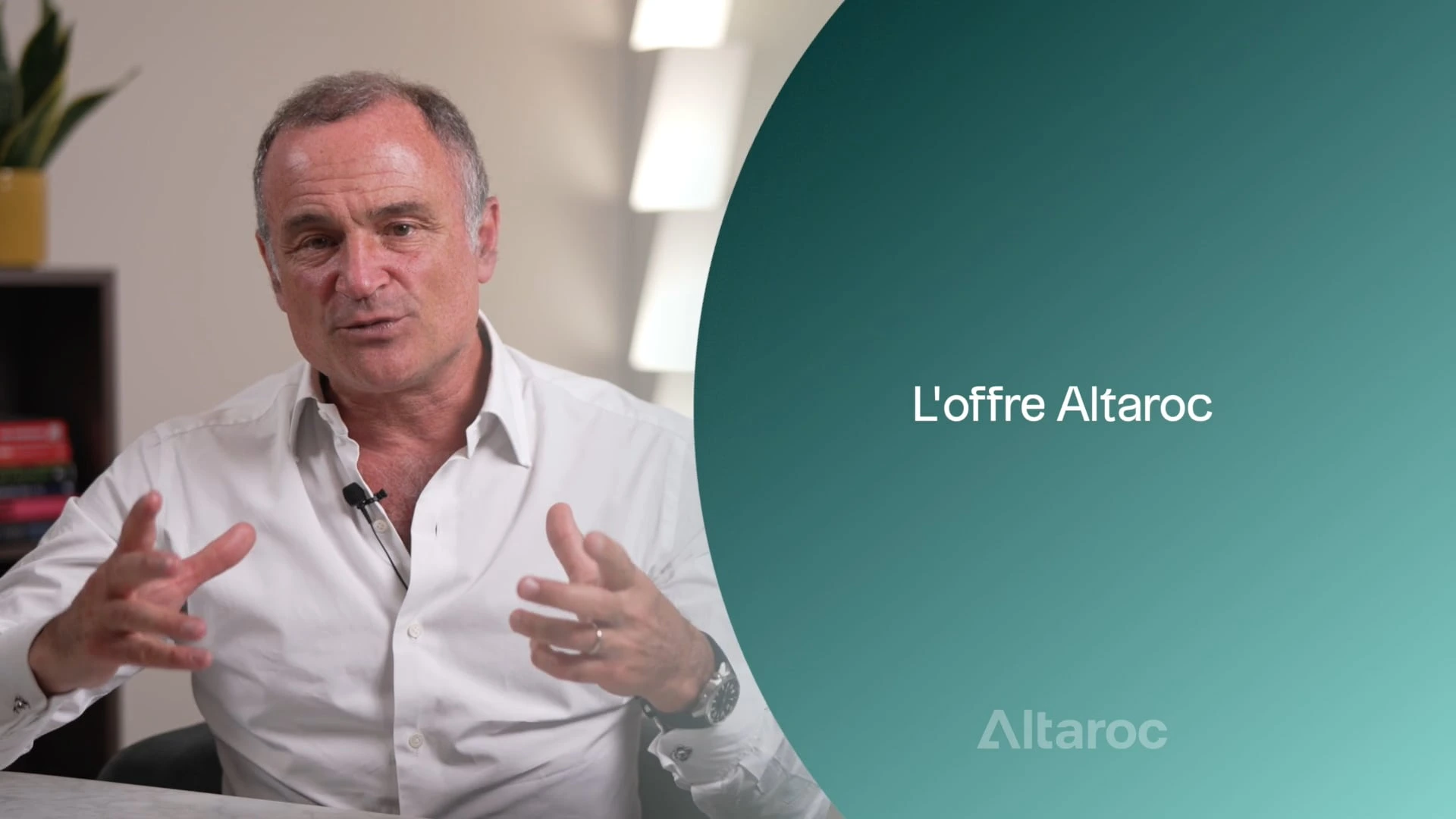
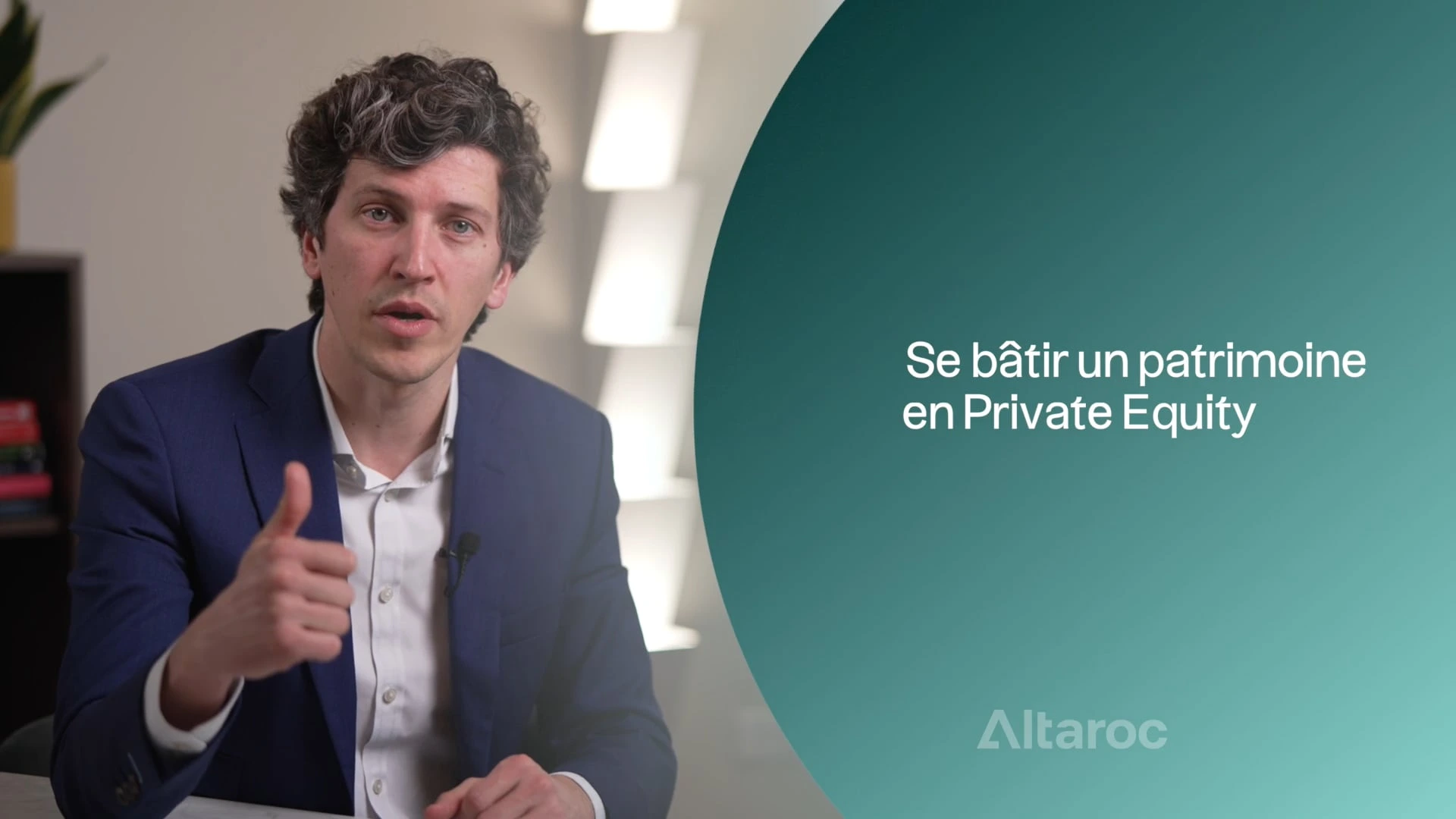
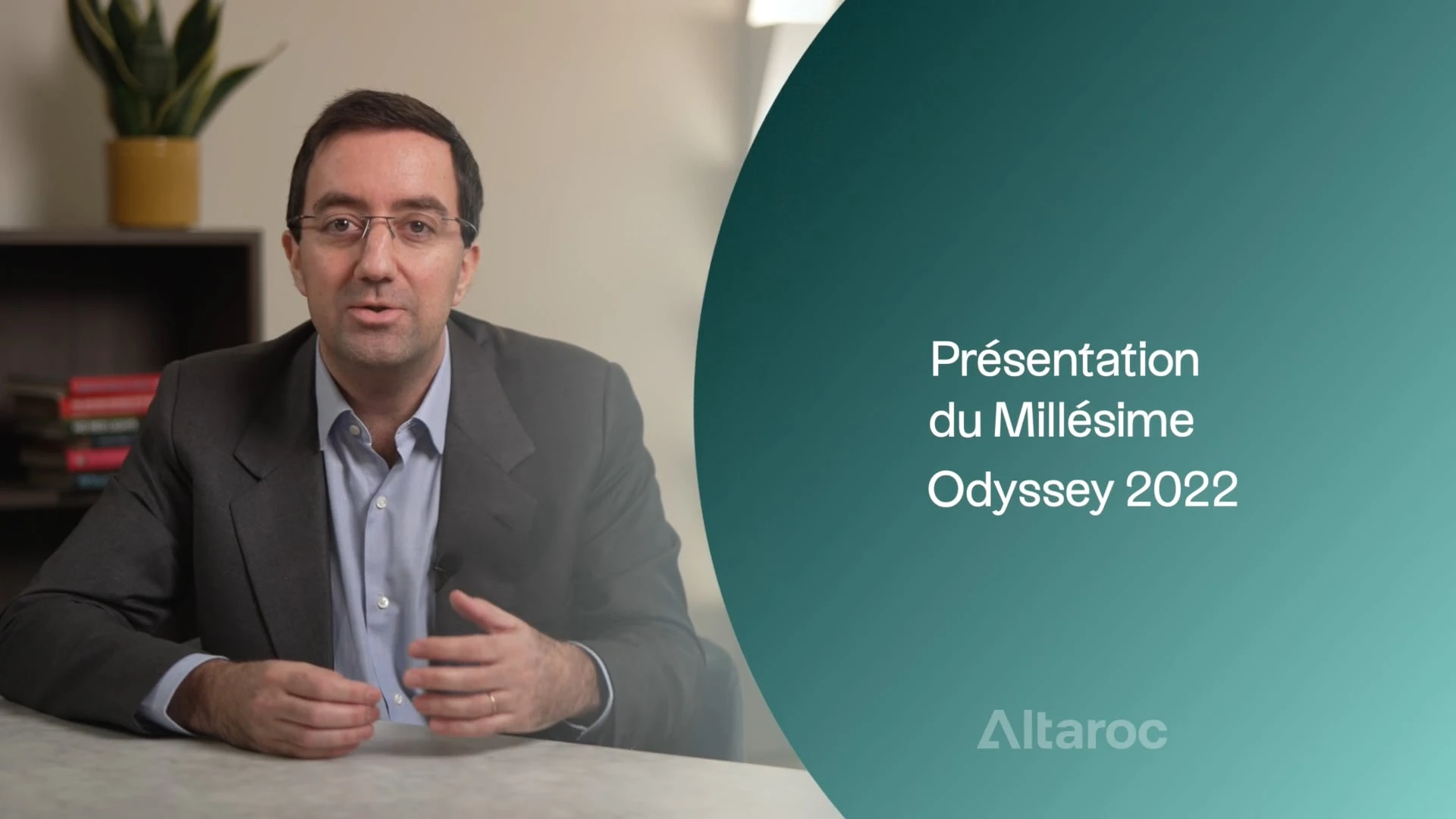



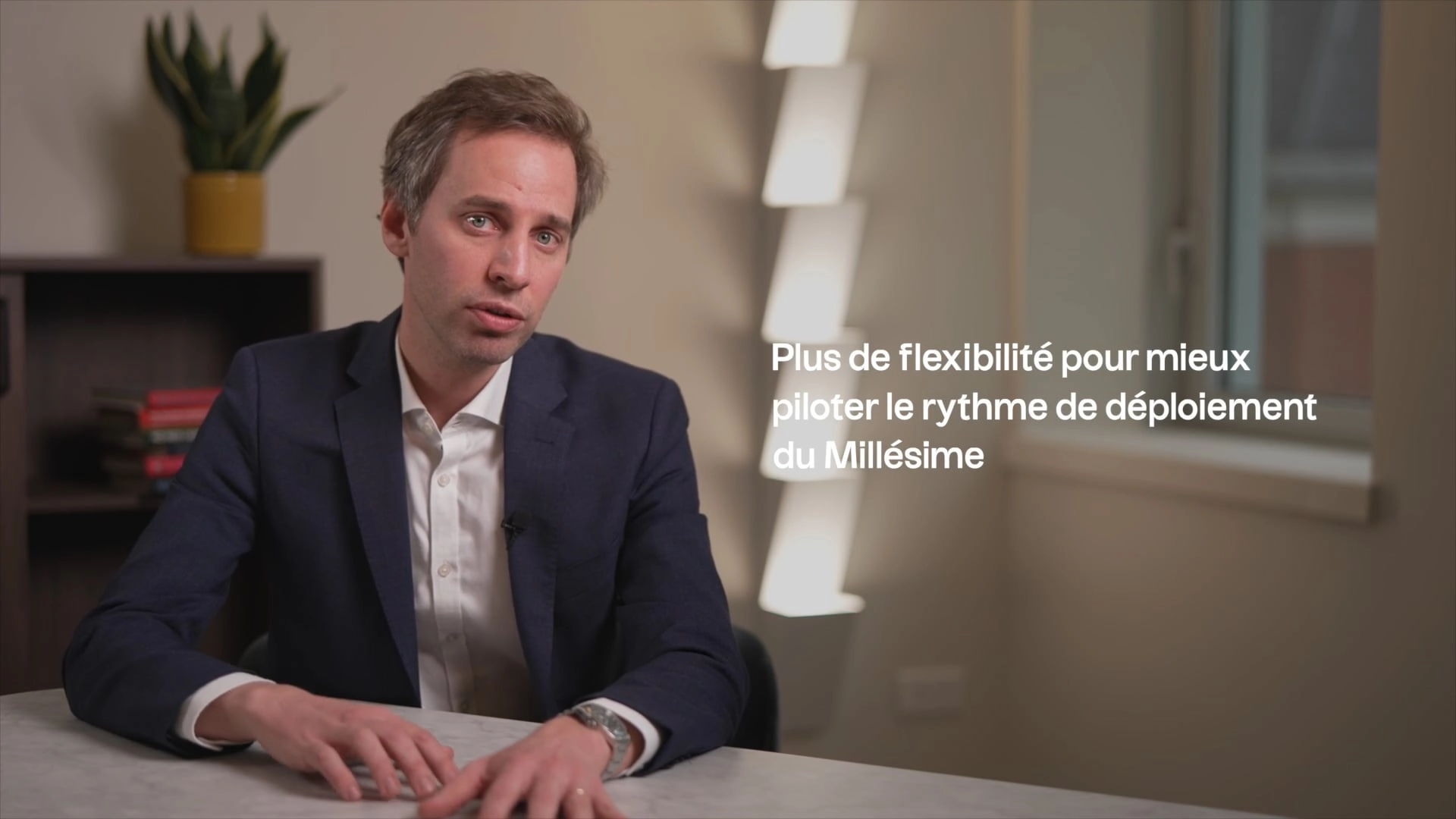

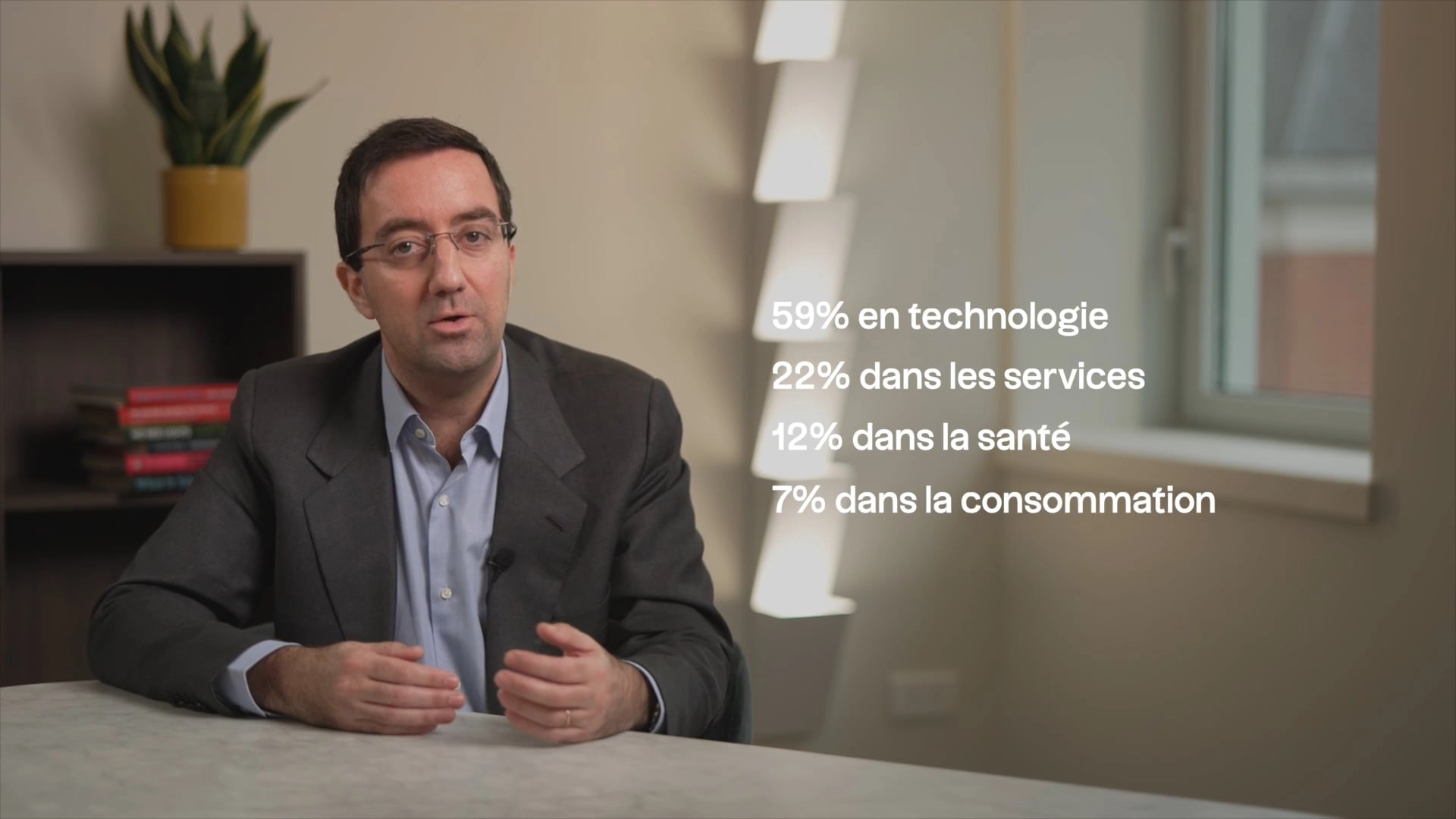
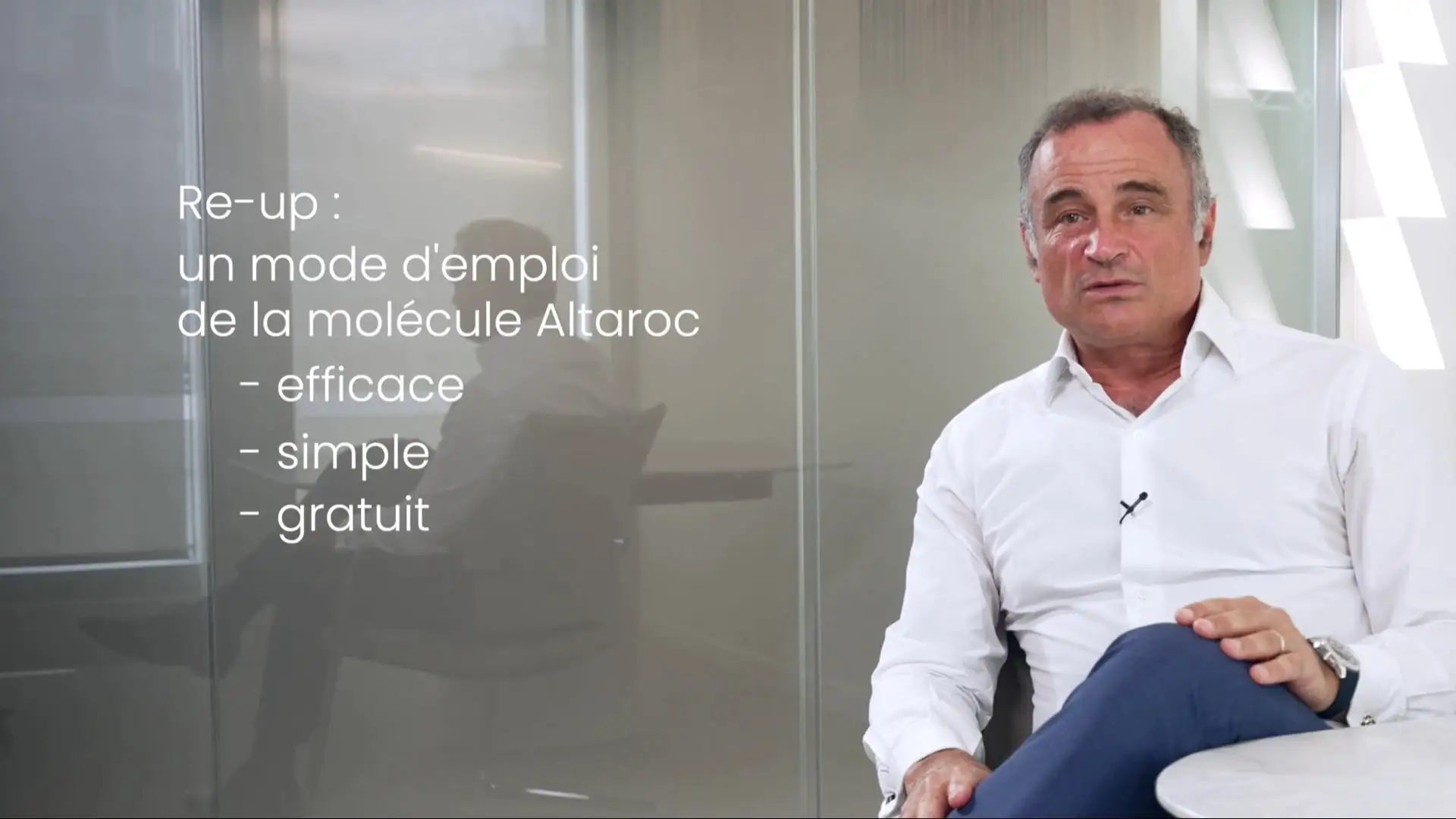


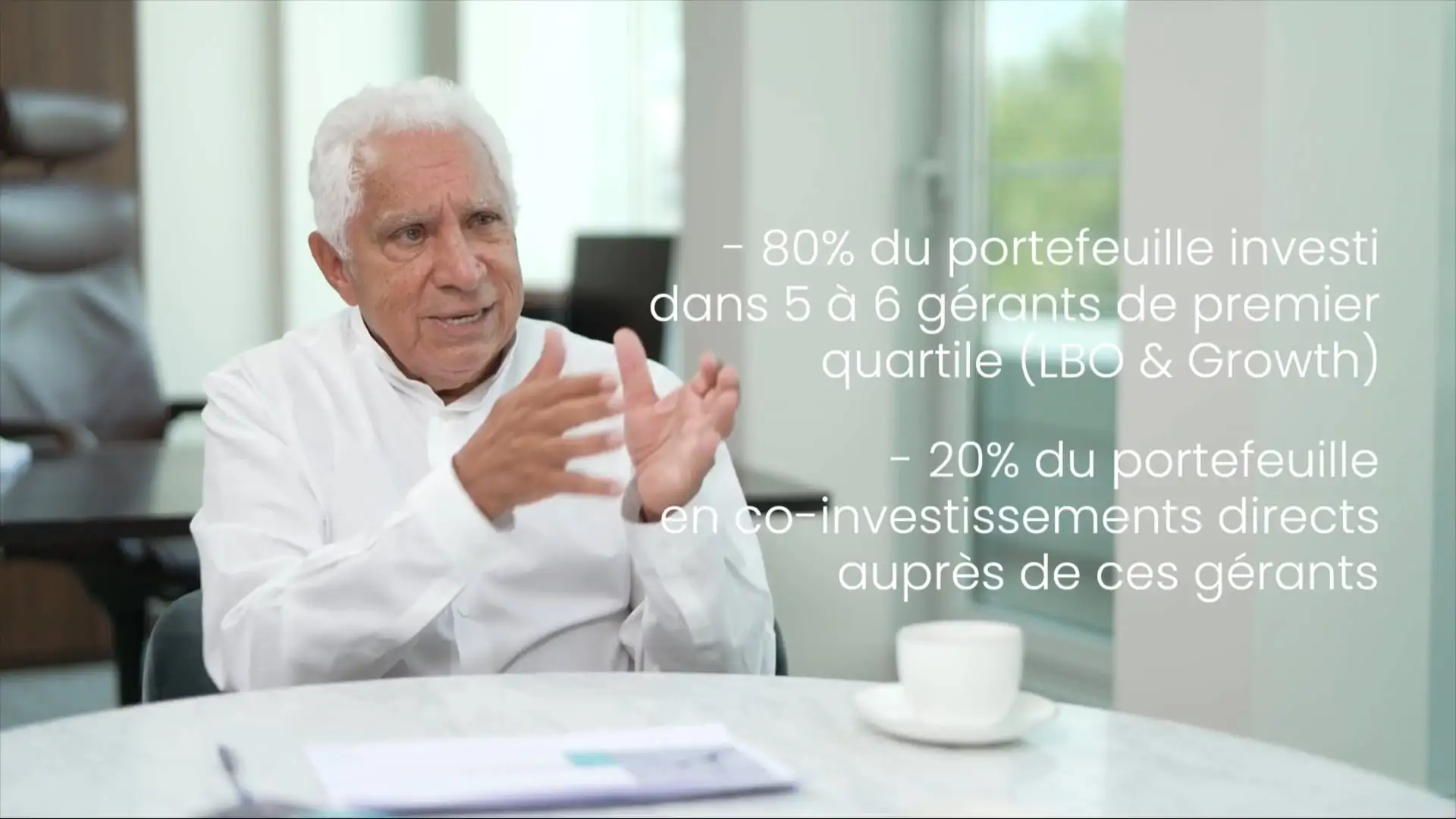
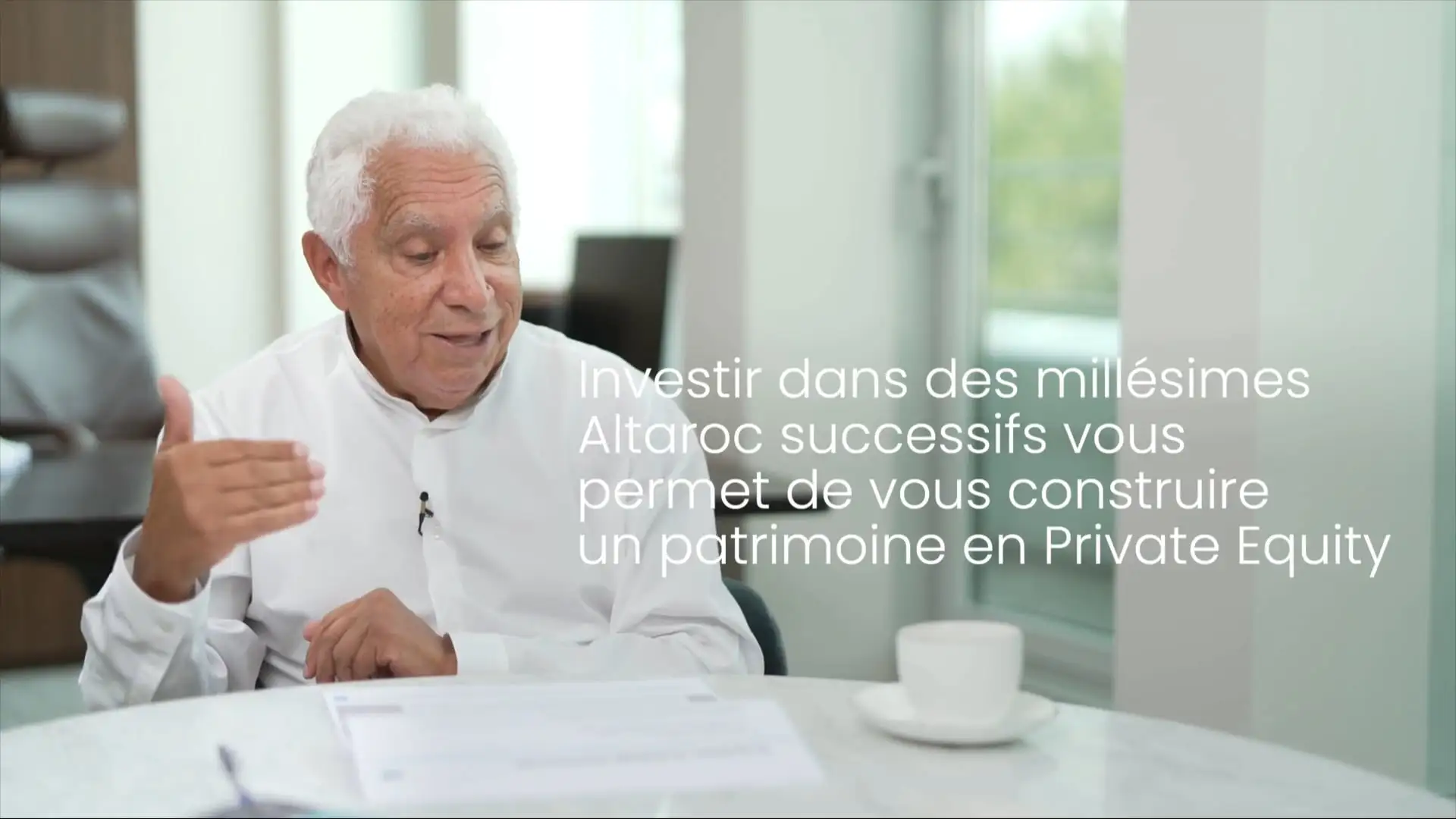
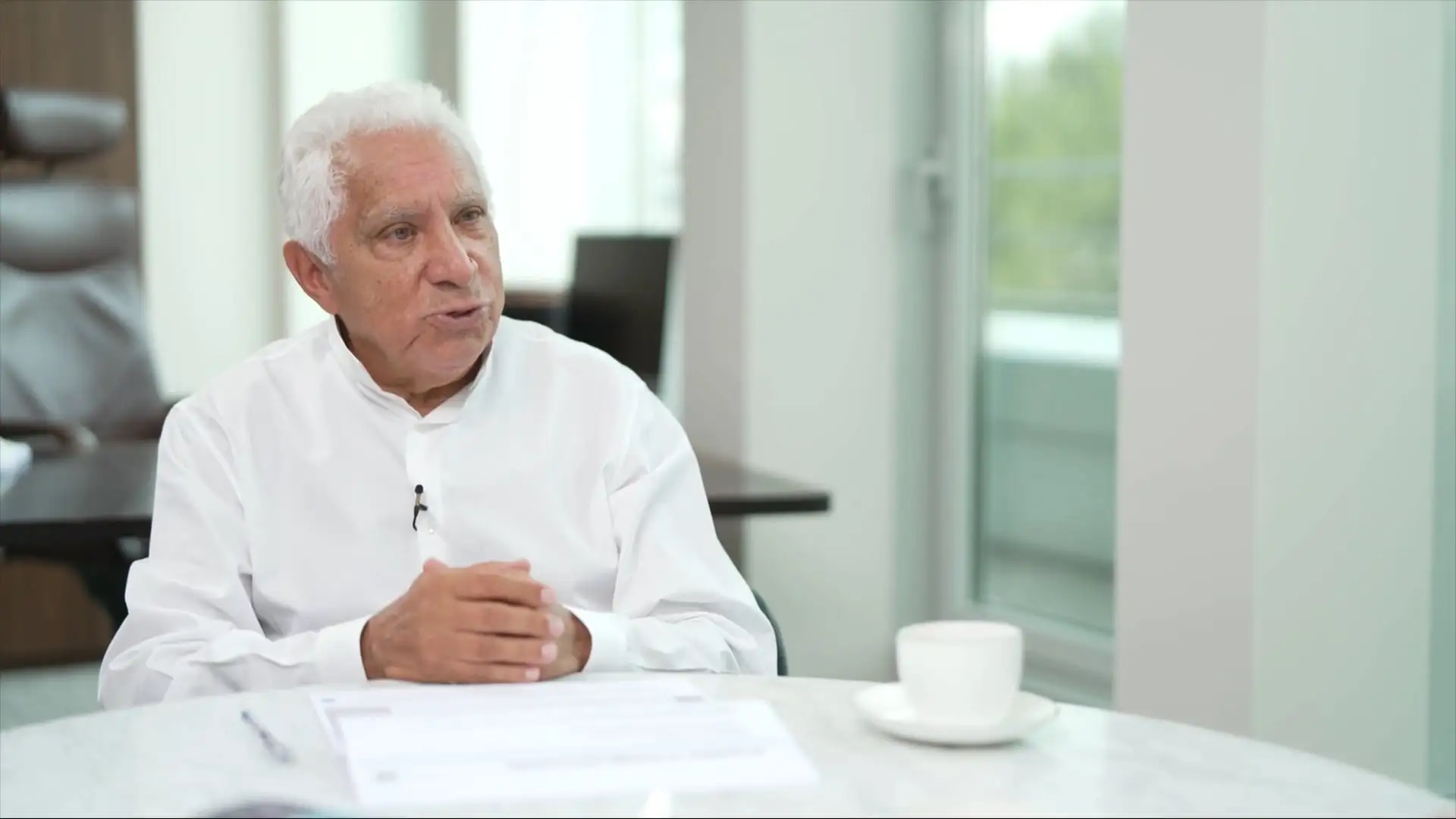

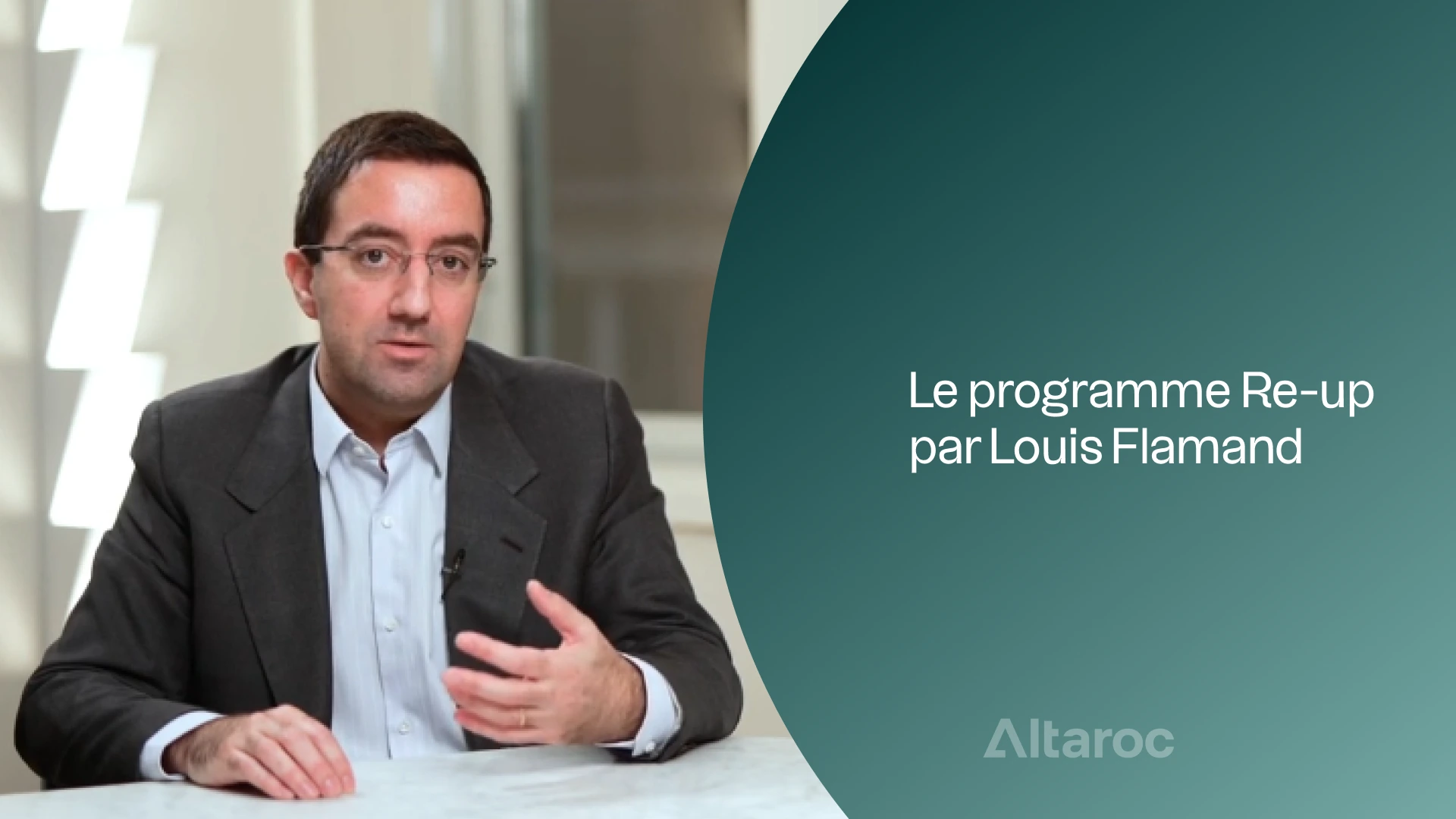
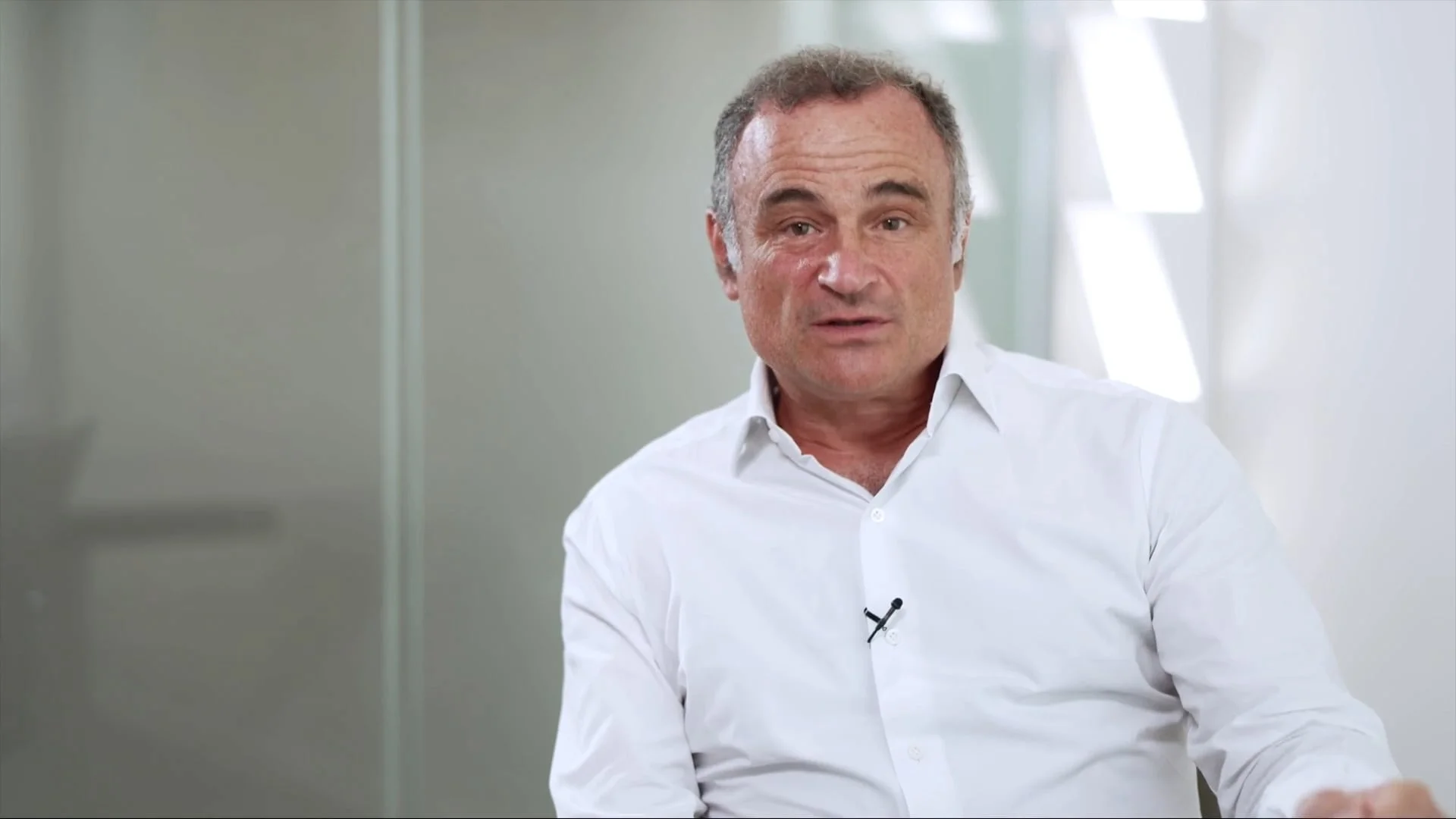
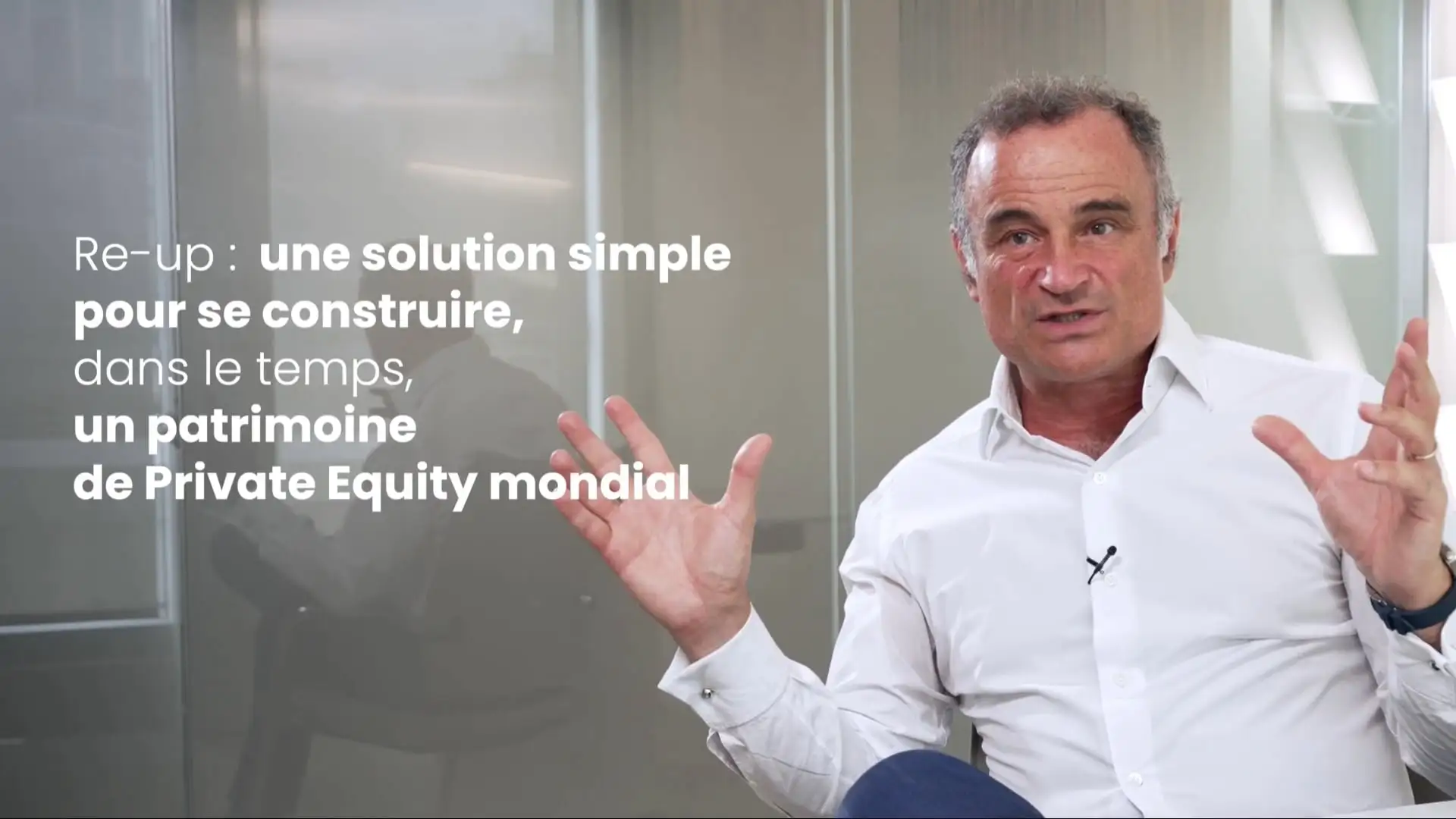
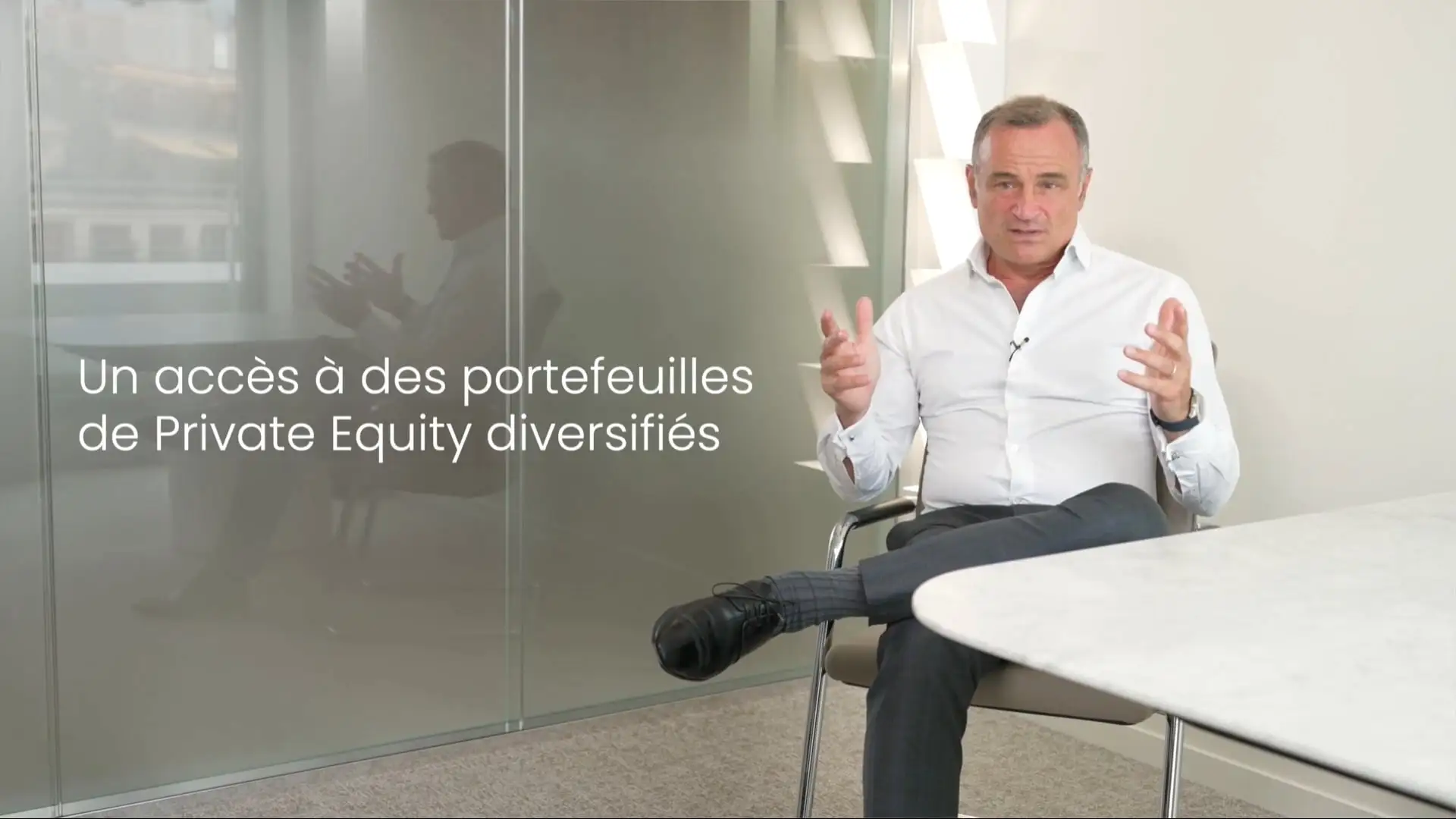
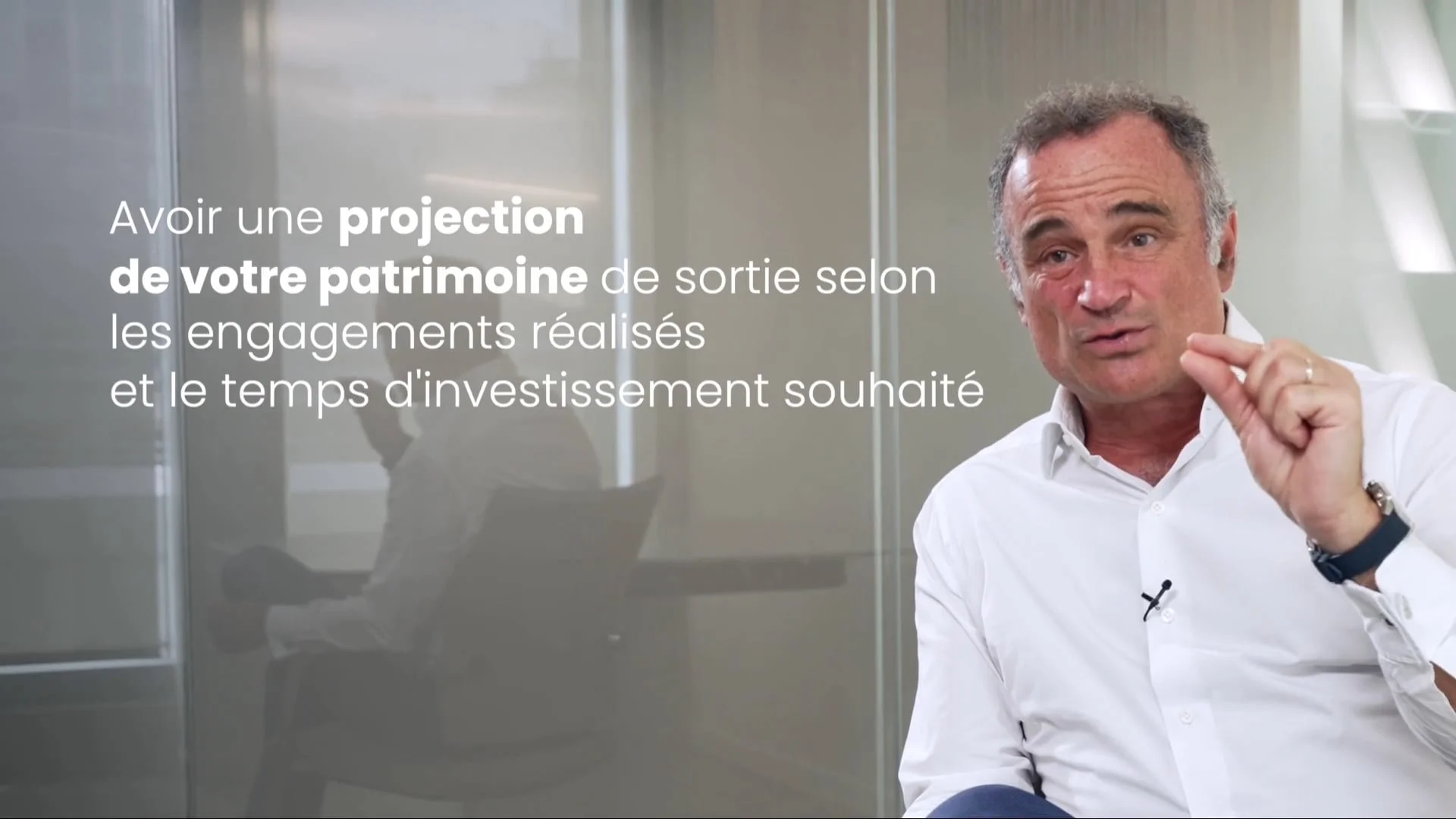
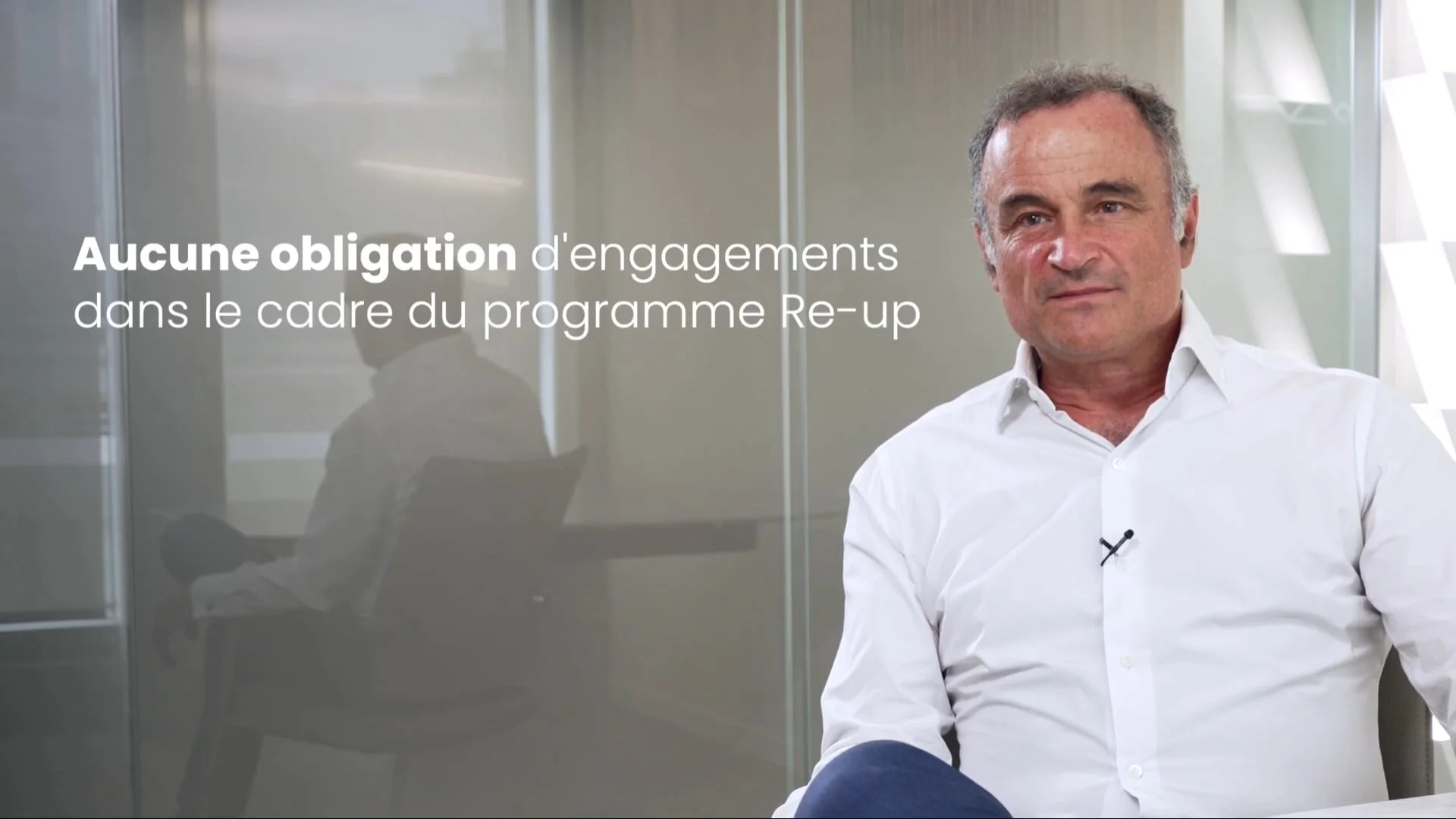
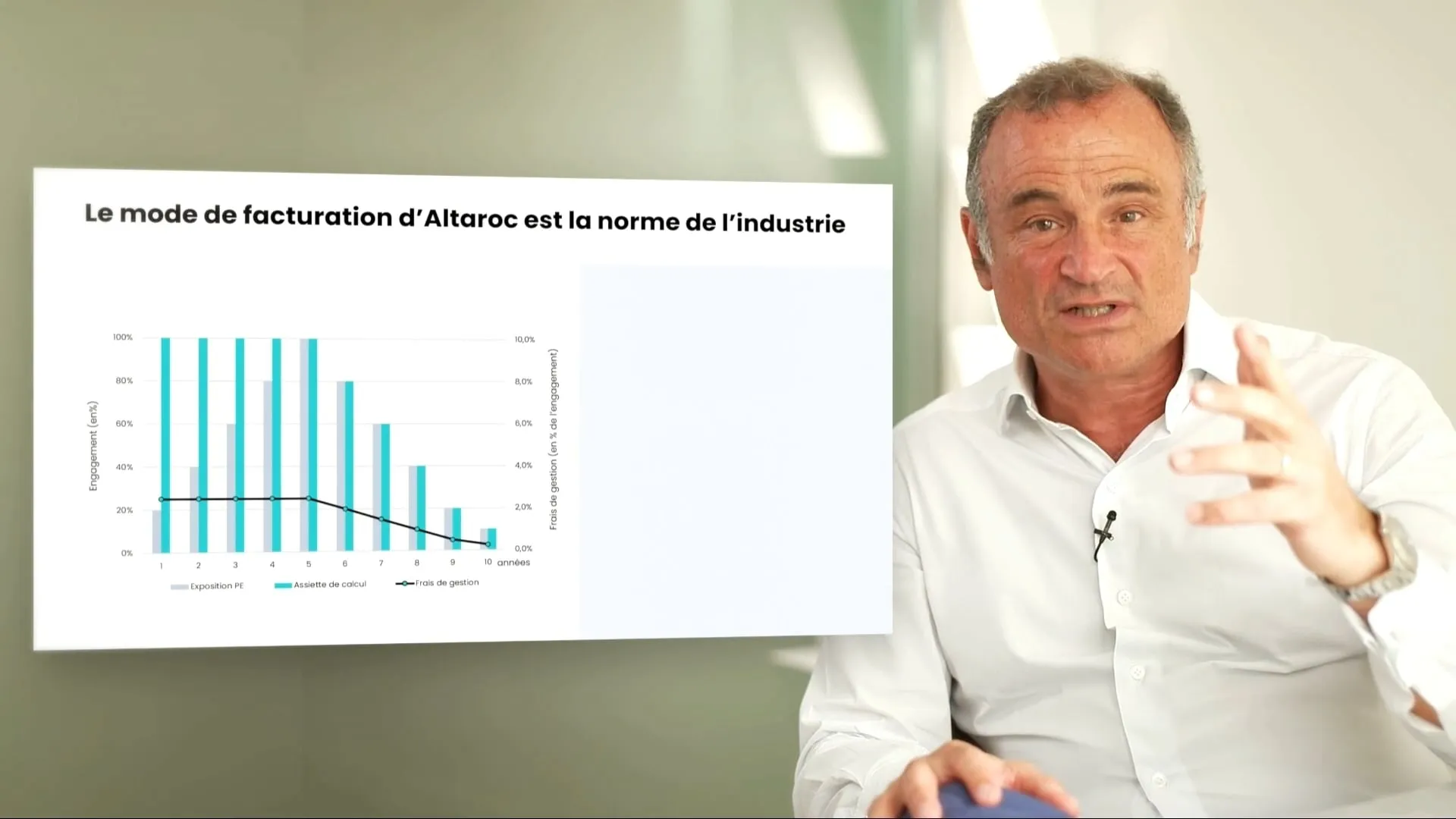
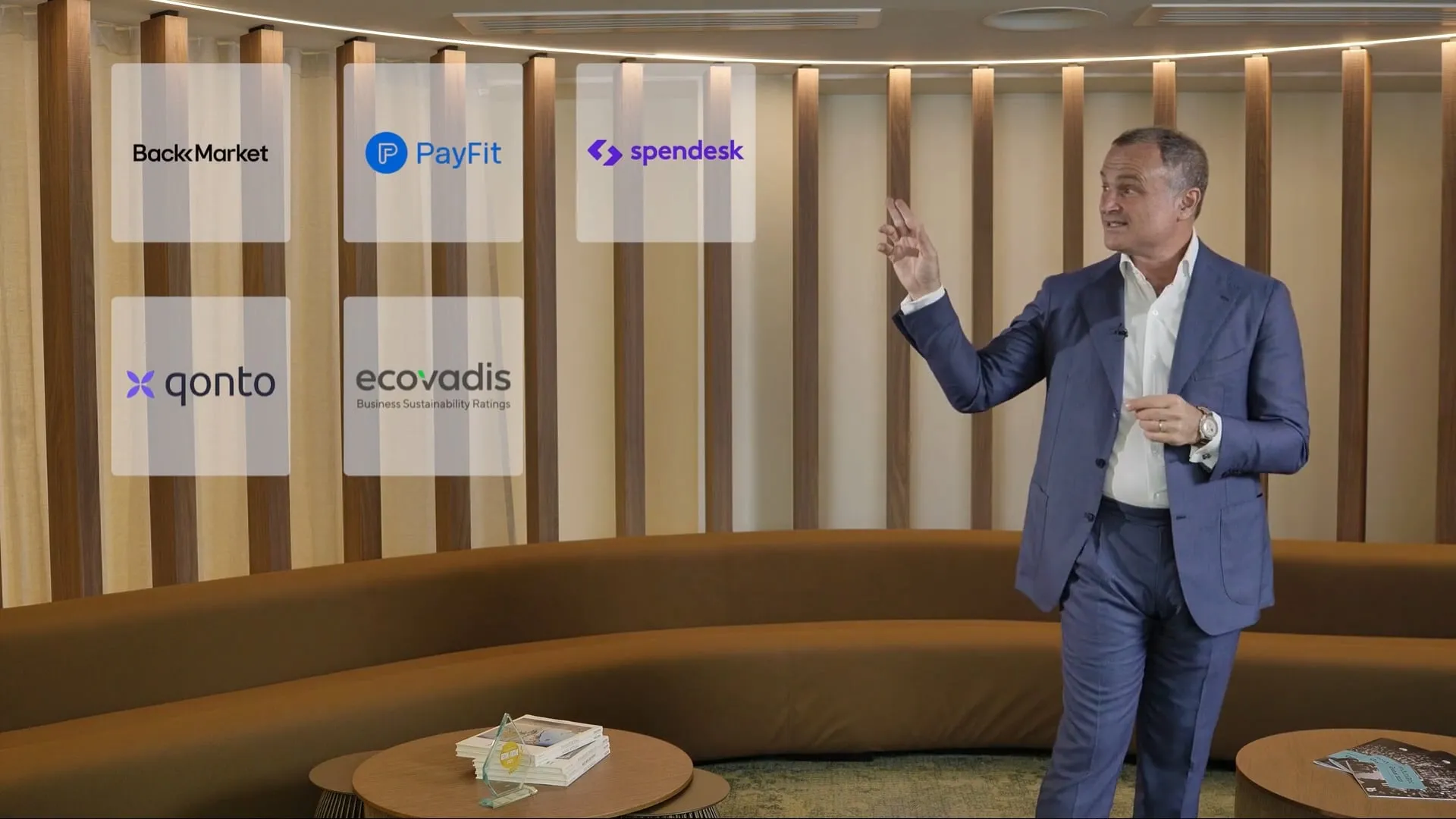

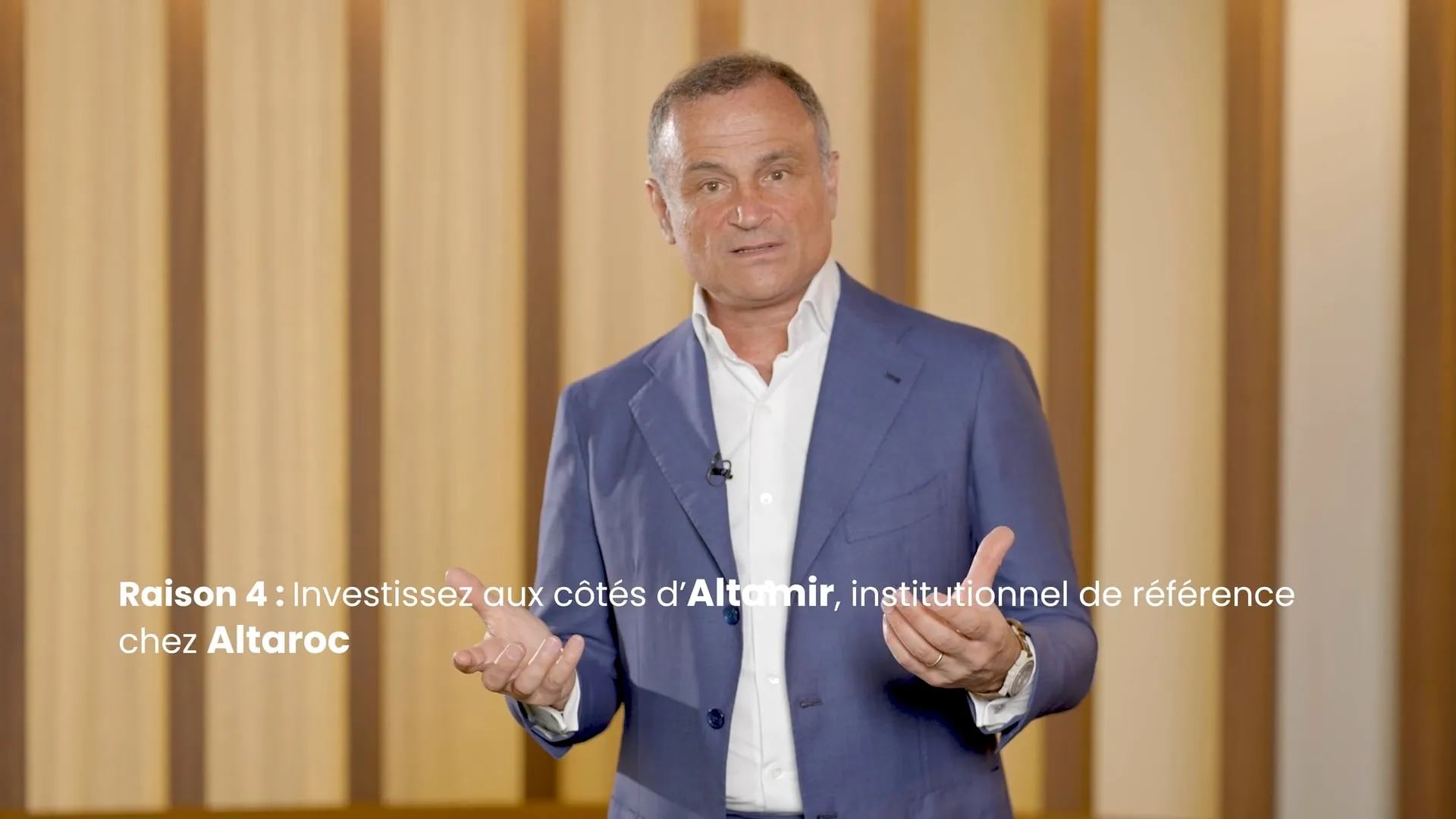
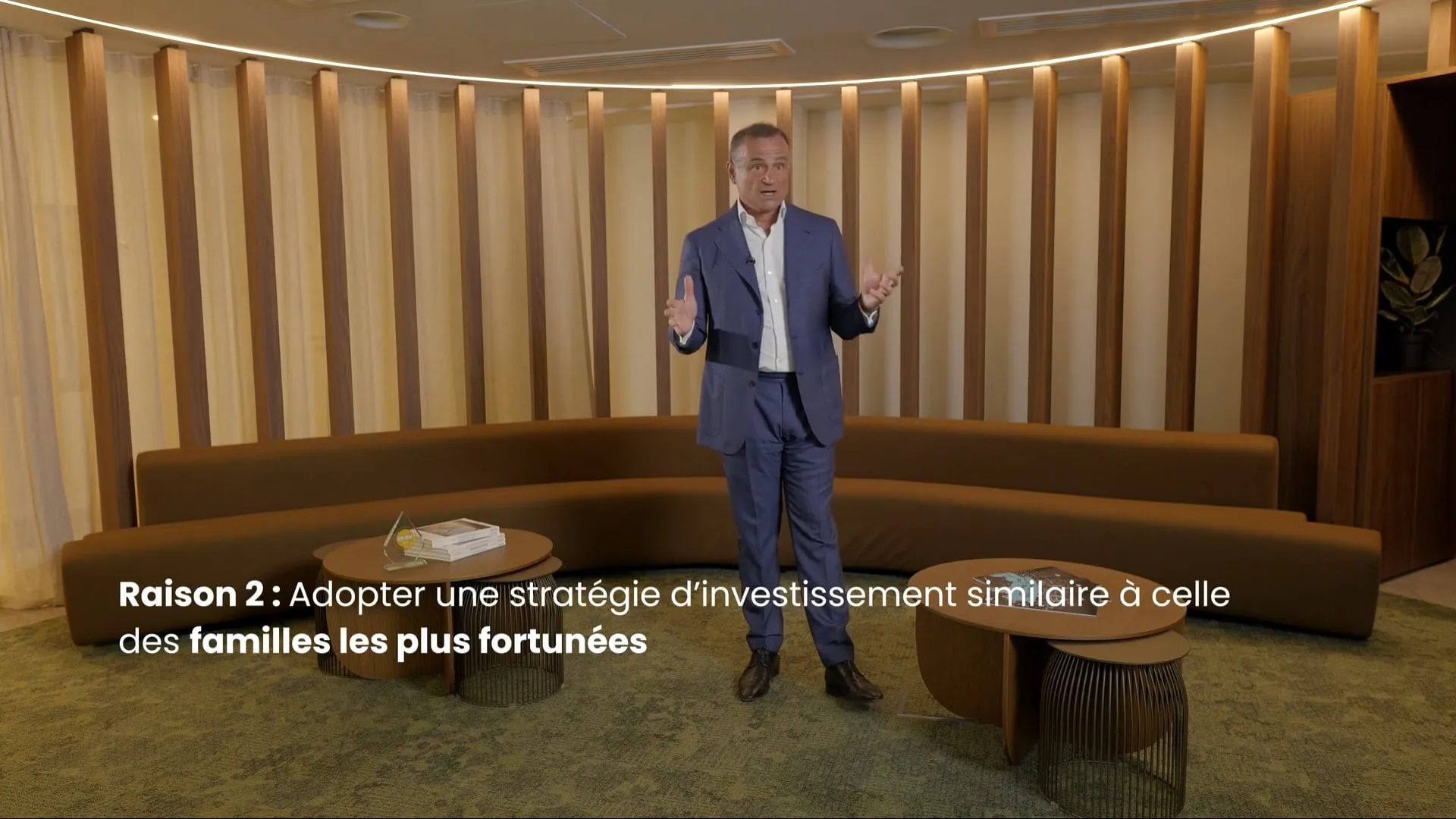
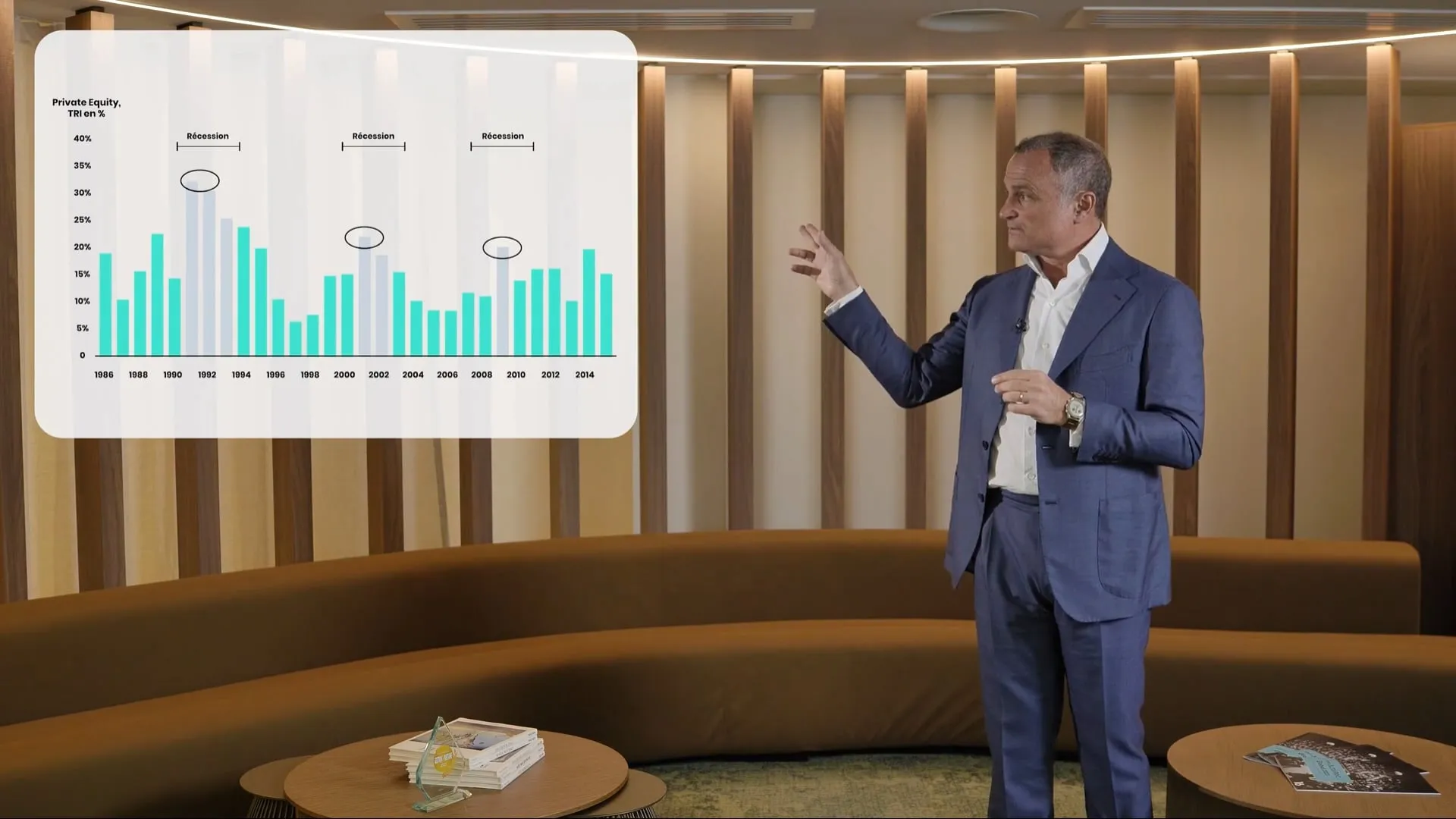
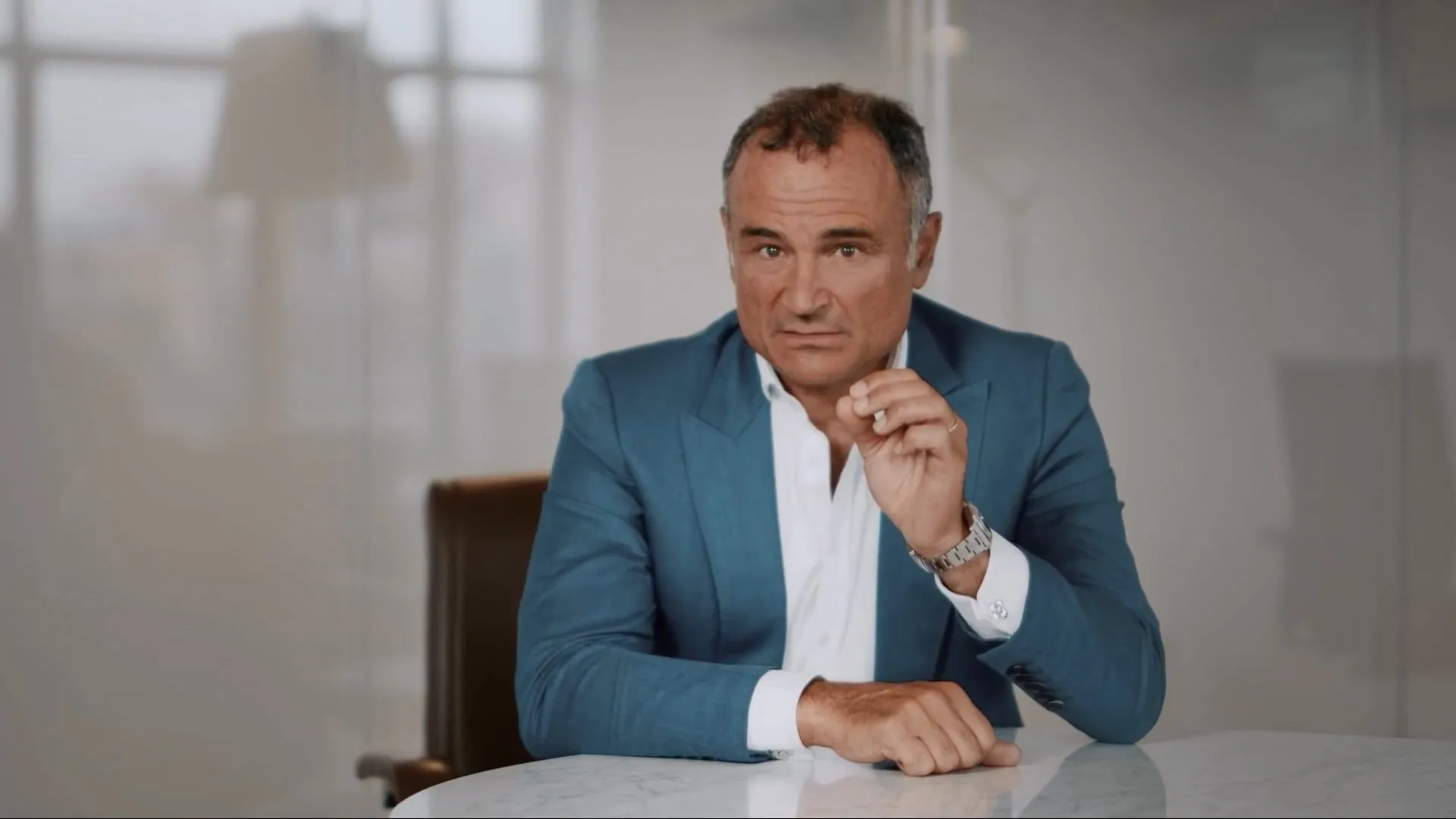
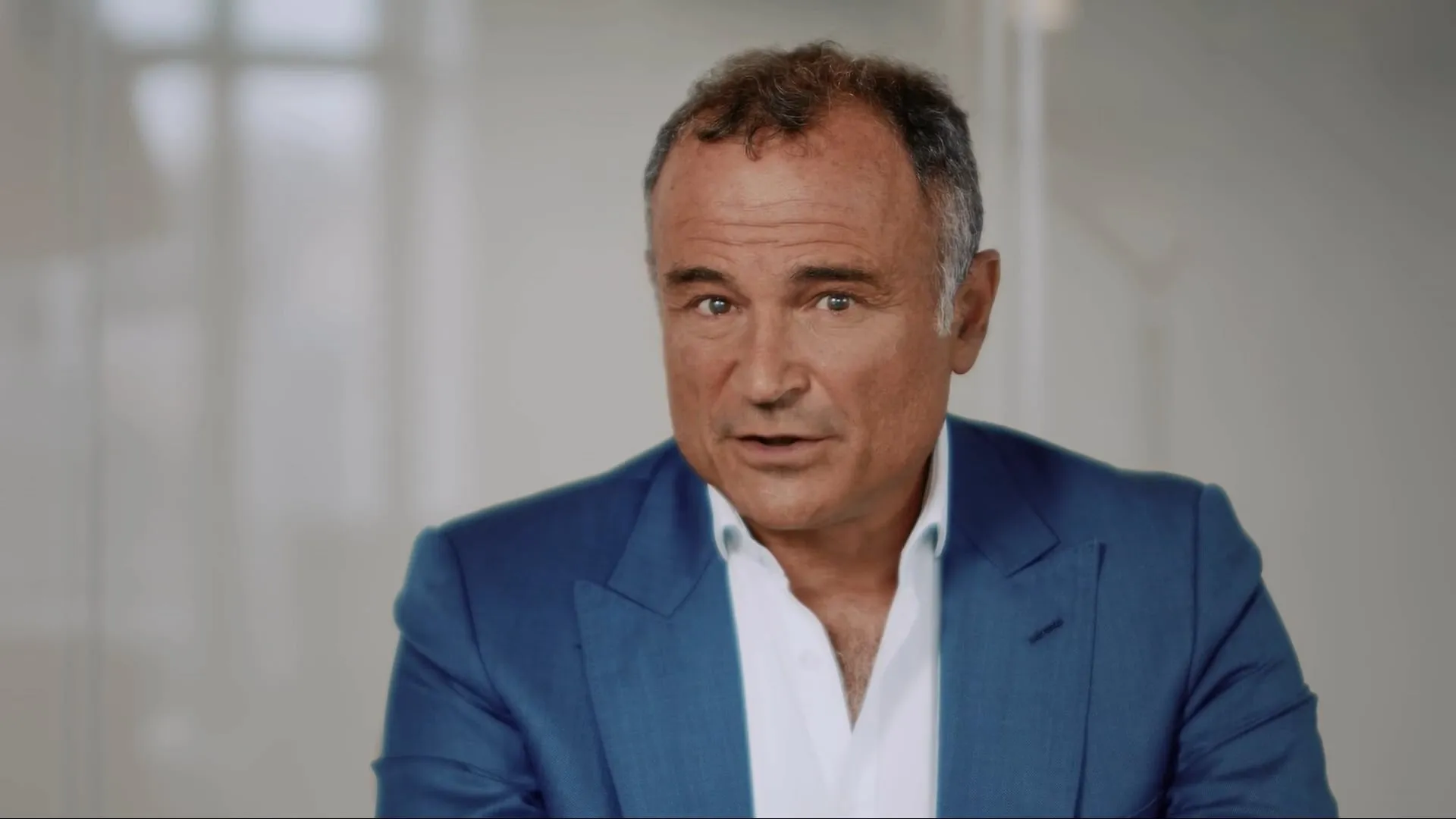
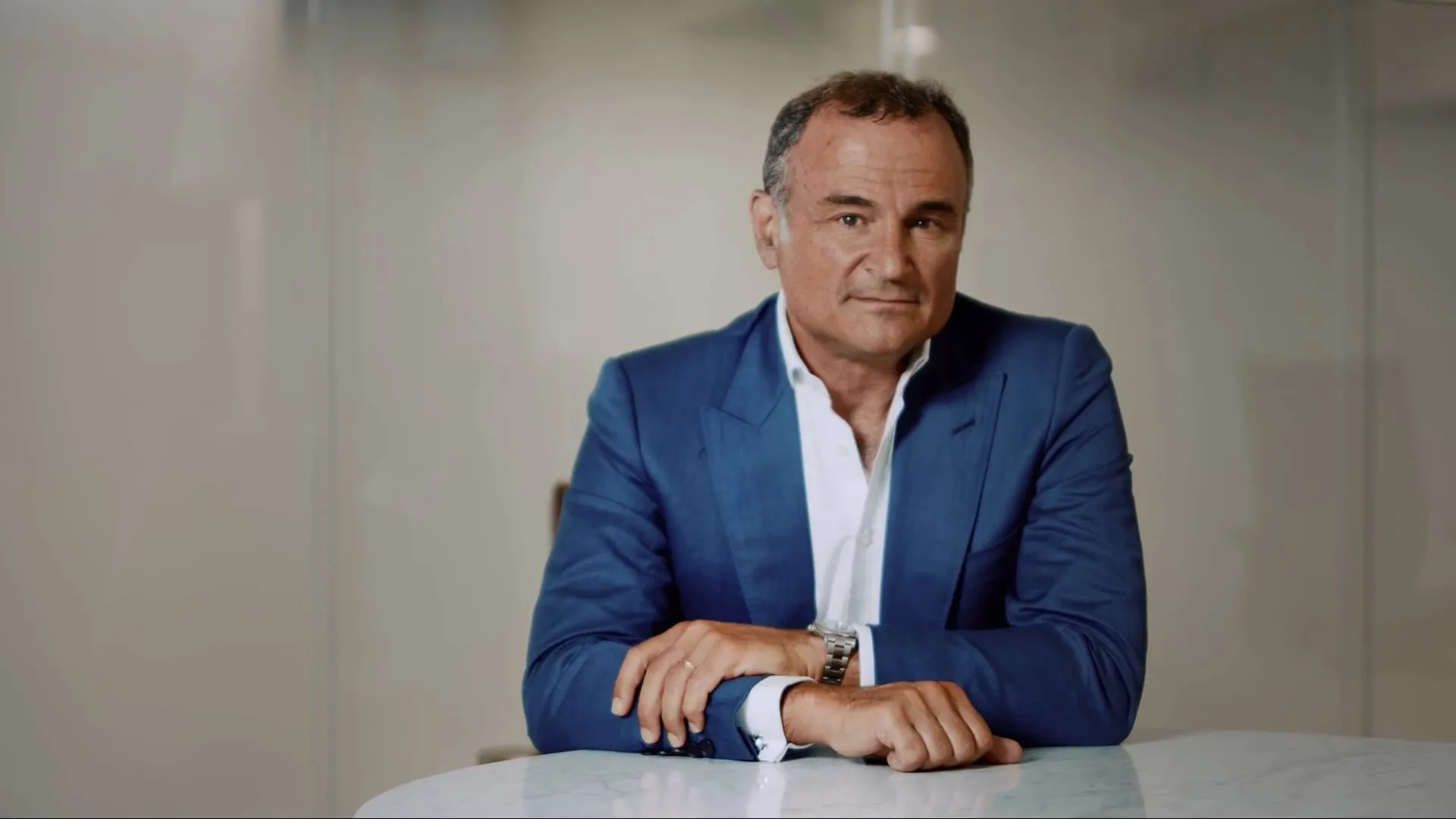

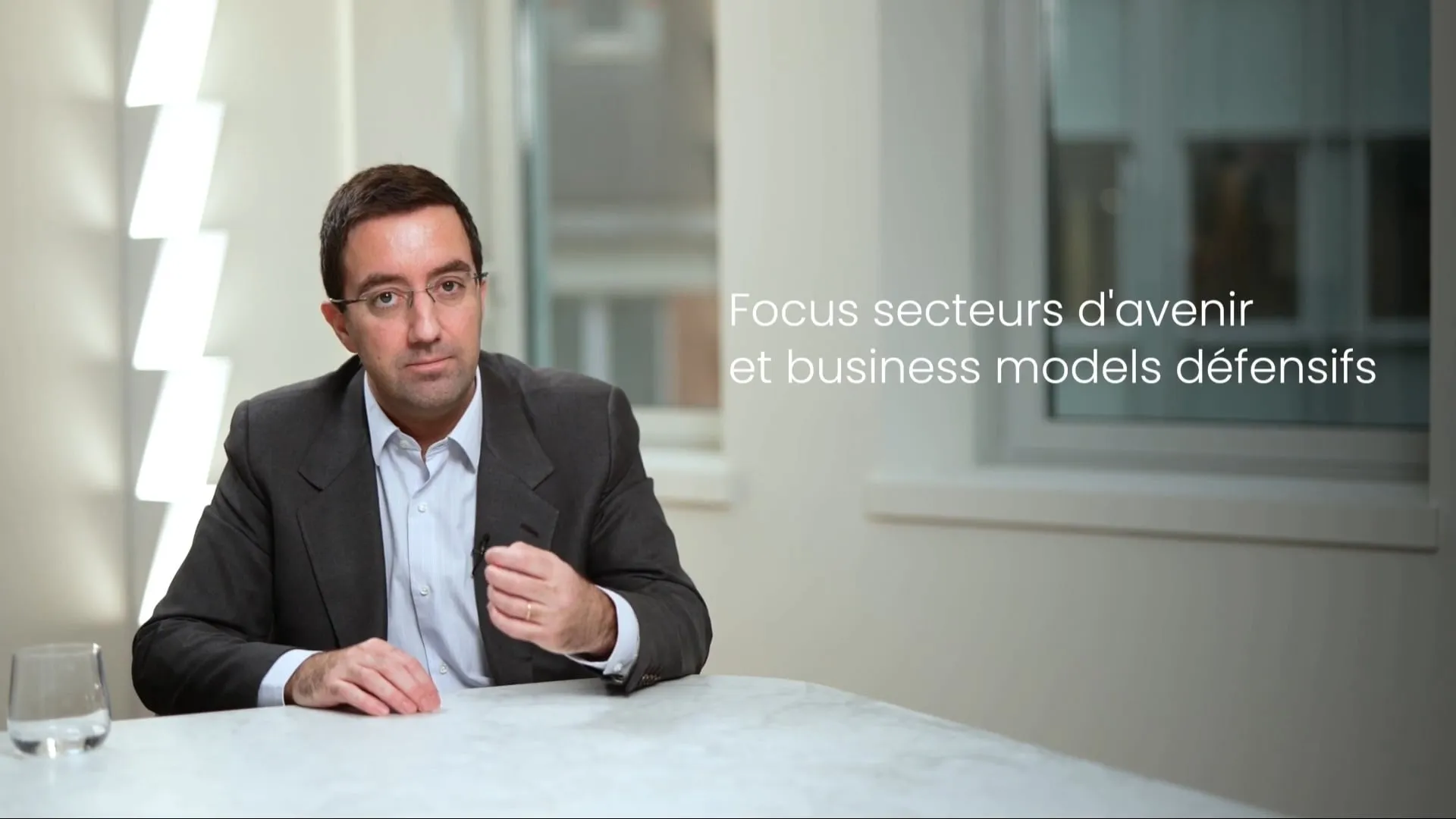
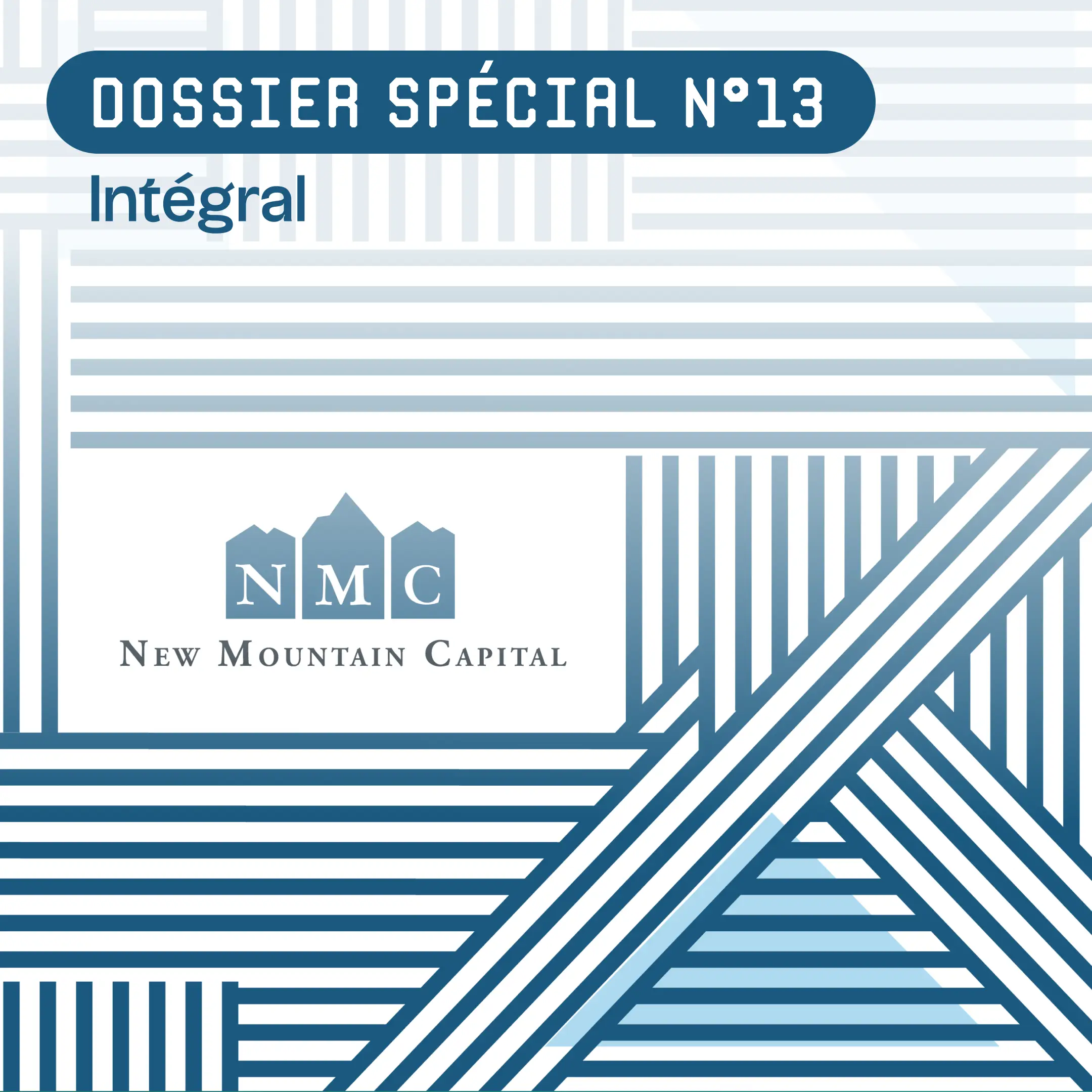
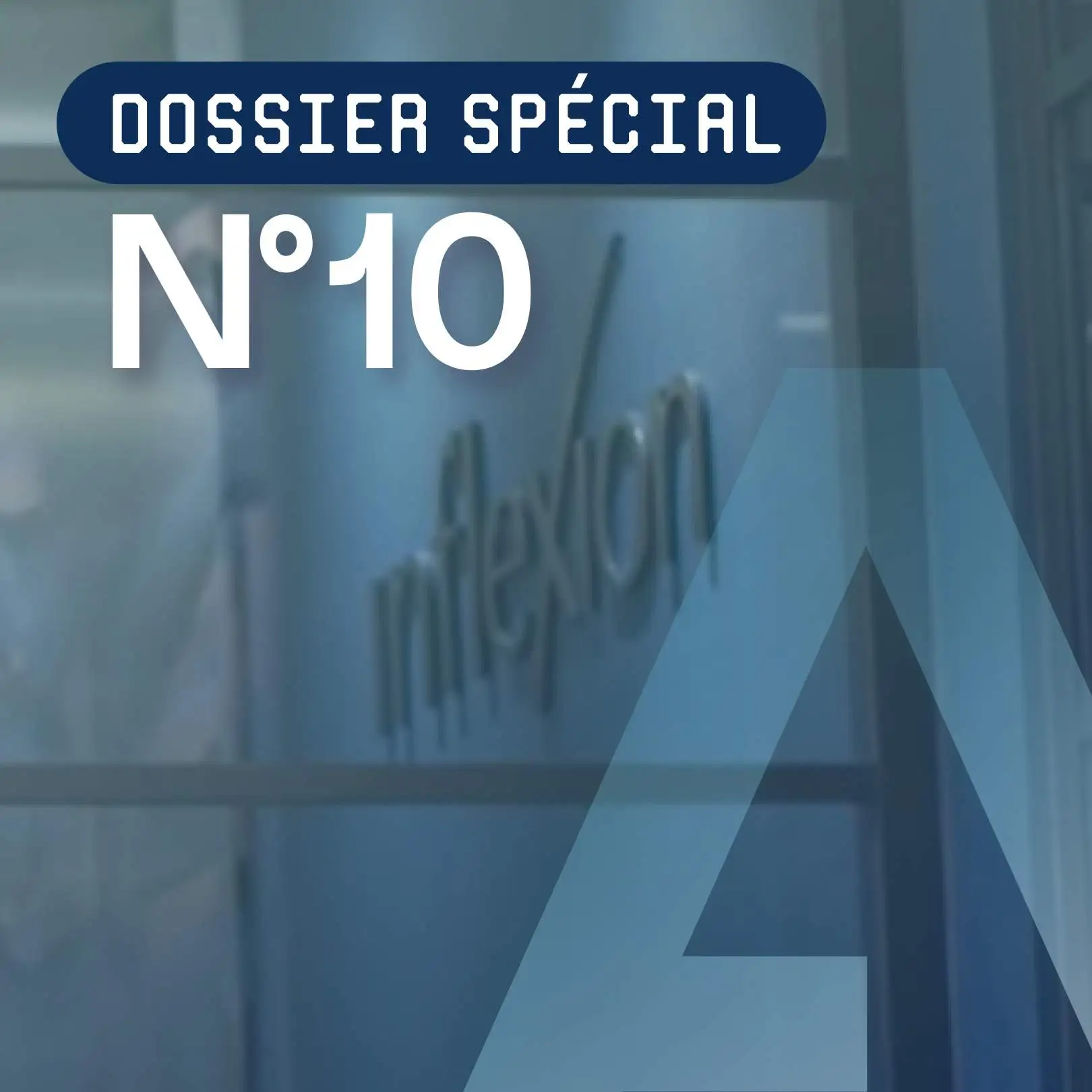
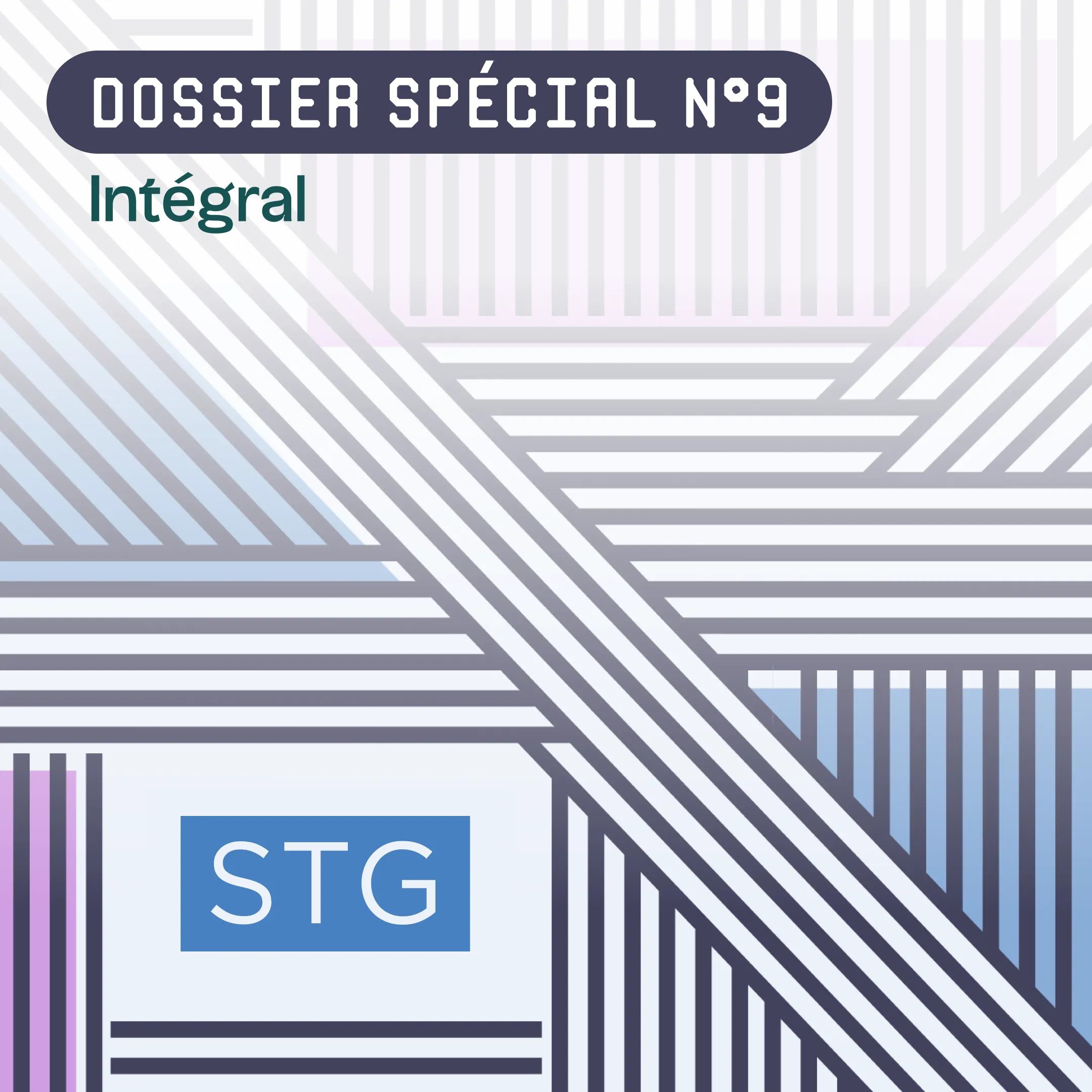

.webp)


